|

| |
Abdul Ghaffar Variend and family goes for Umrah
Photo by Abdul Ghaffar and Sameer Variend
March 23 - April 1, 2012
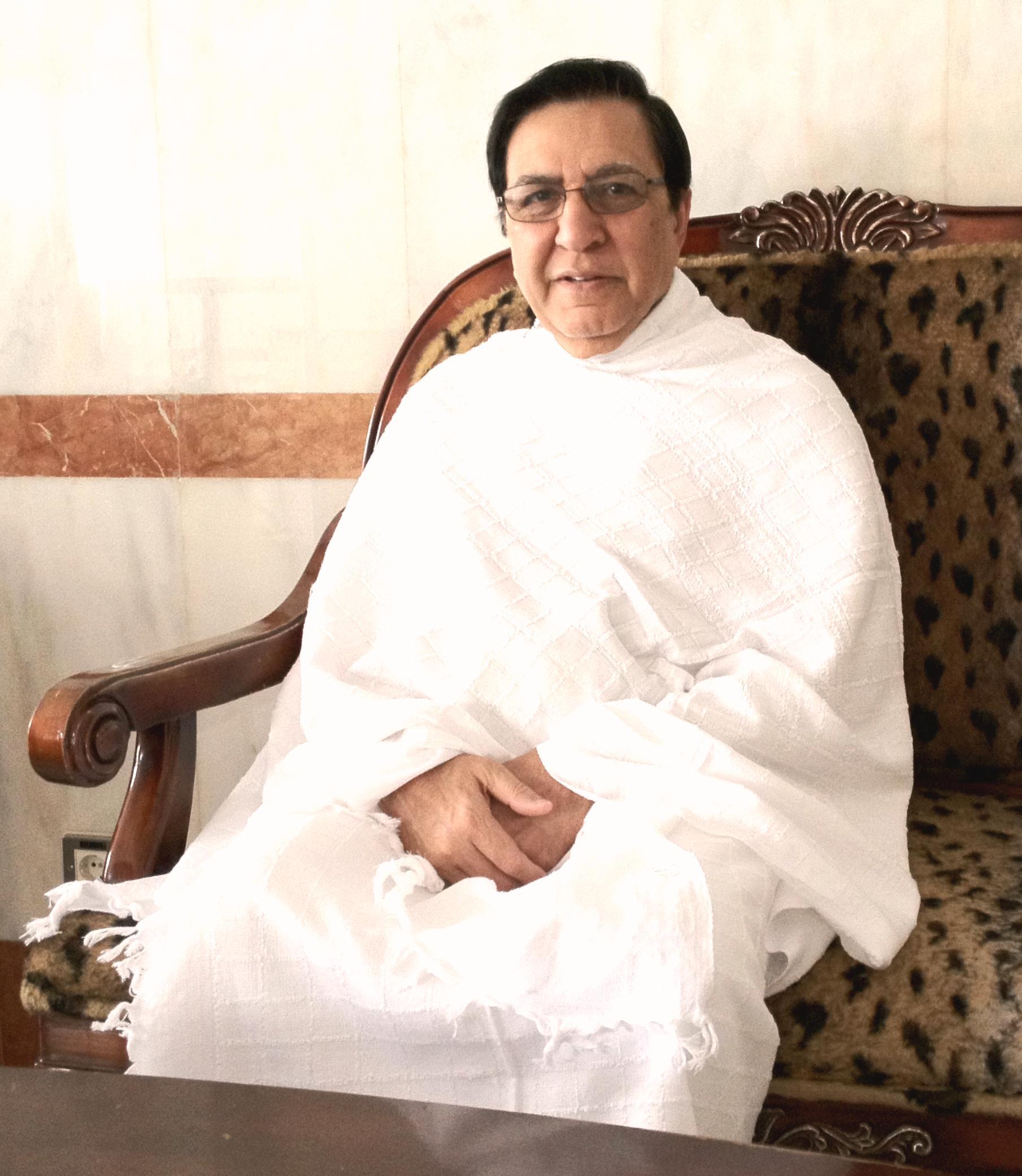
Assalam o Alaykum:
It gives me great pleasure to
share with you our recent 3rd Umrah trip photos. Please do share with your
family and friends.
To read about
Sunnah method & description of Umrah,
please click on the link
List of live audio of Azaans
recorded by Abdul Ghaffar Variend
At Madina At Mecca
March 26, 2012
March 27, 2012
March 28, 2012
March 29, 2012
In Madinah
Masjid-al-Nabwi
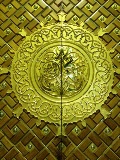
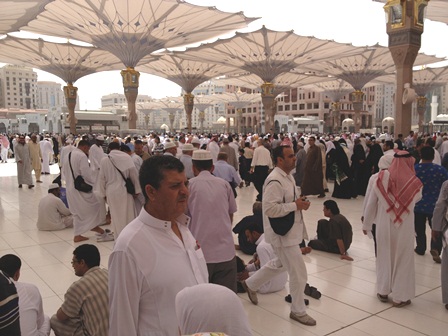
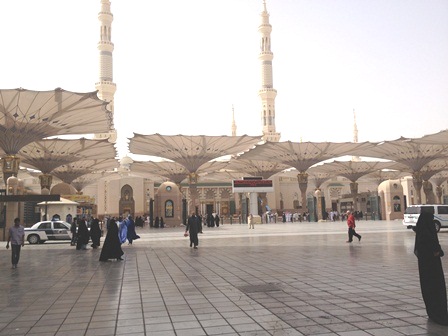
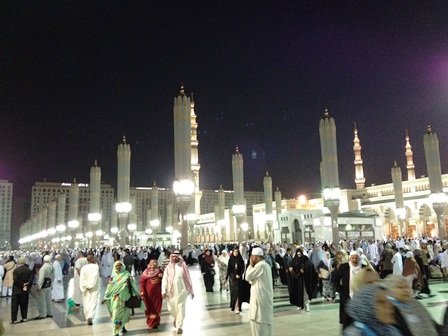
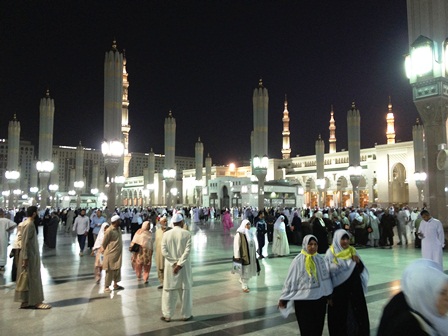
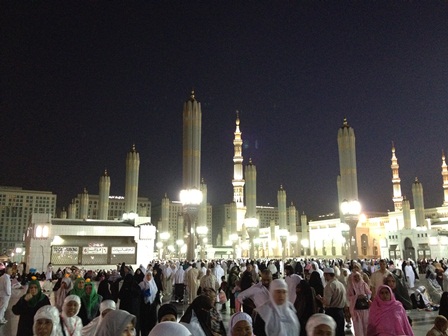
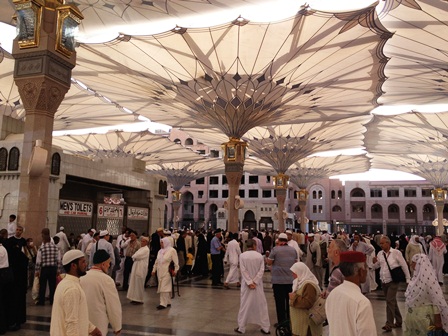
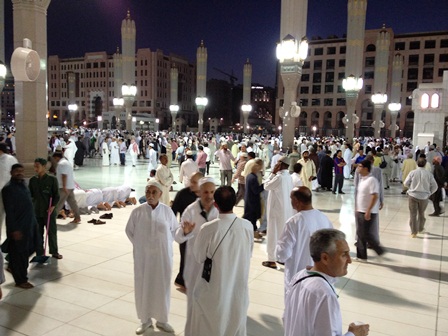
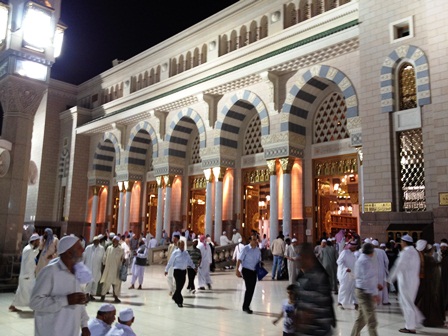
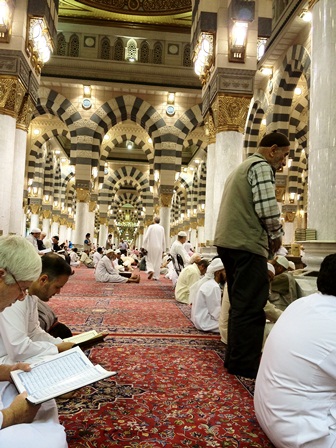
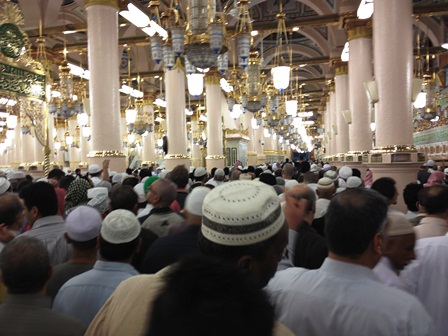
=====================================
Roza-e-Rasool (S.A.W.)
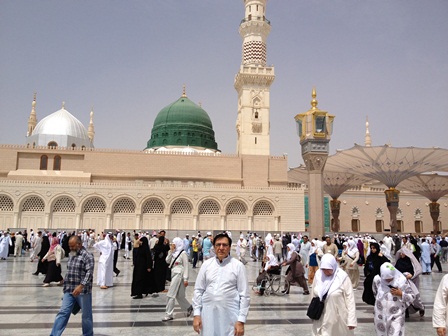
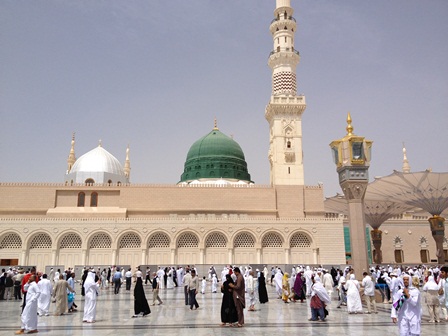
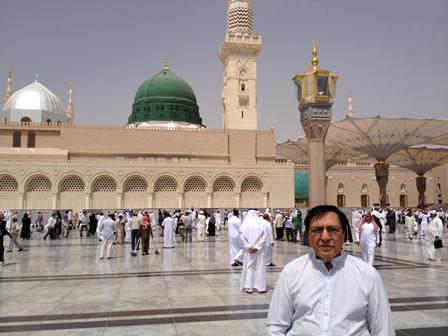
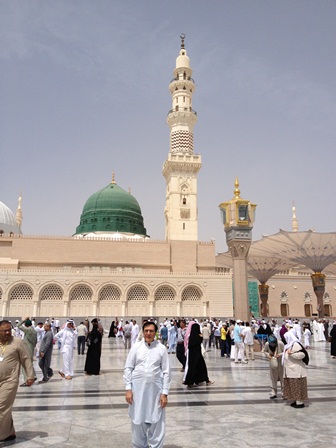
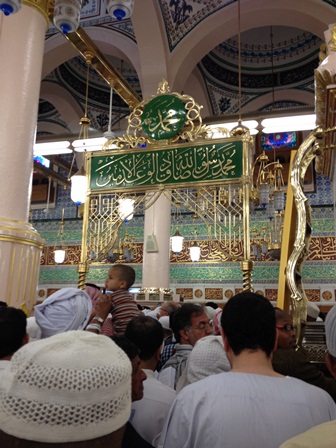
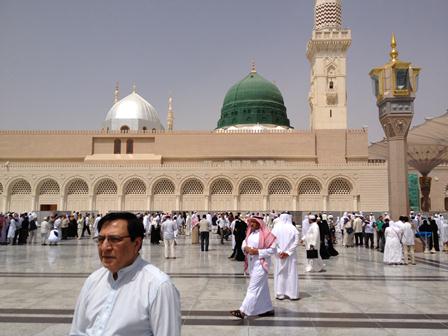
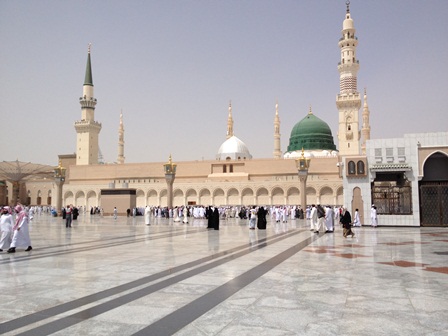
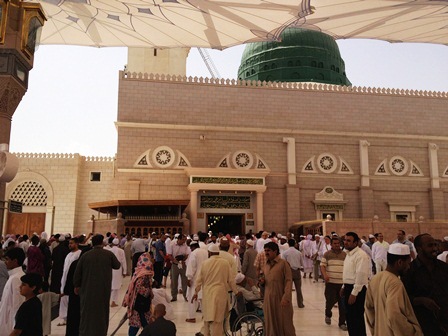
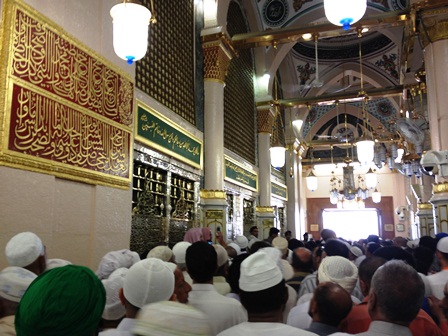
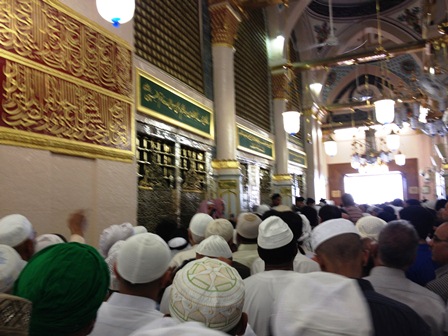
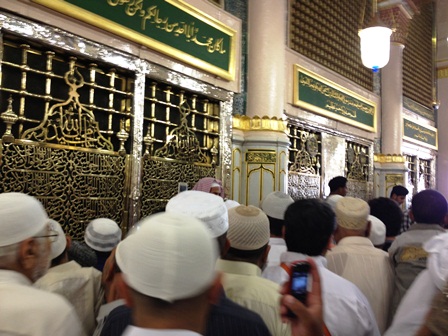
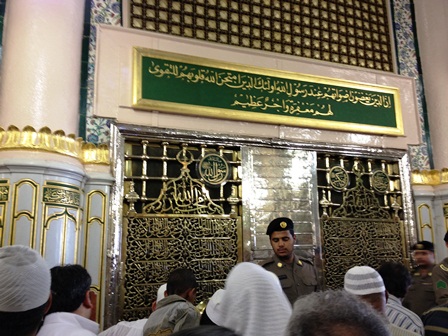
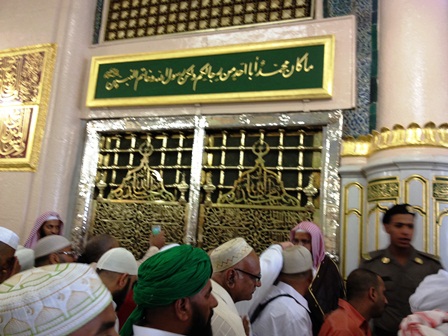

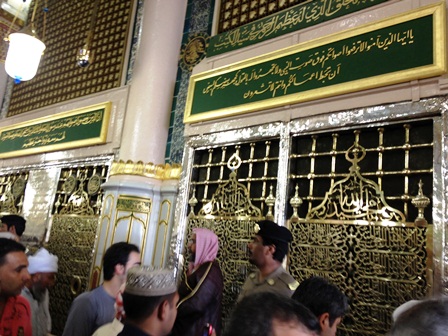
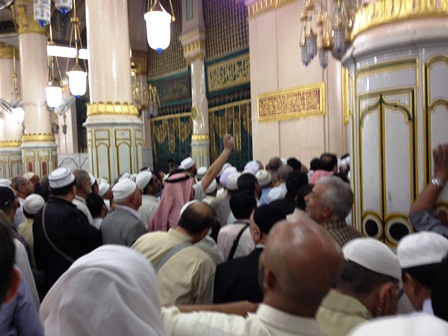
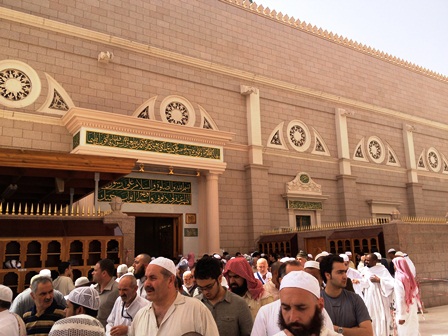
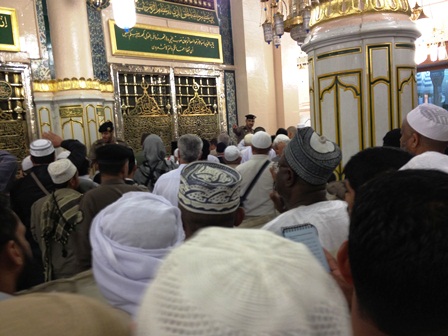
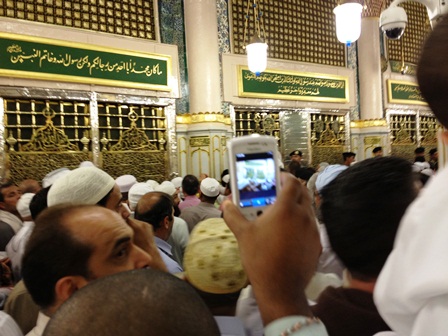
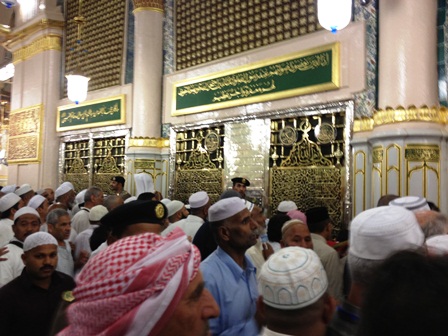
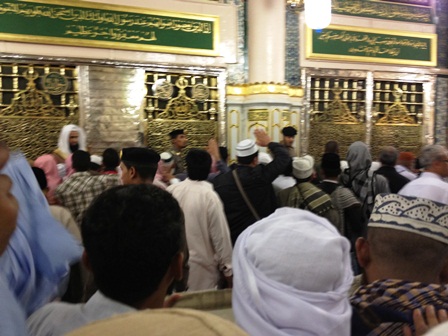
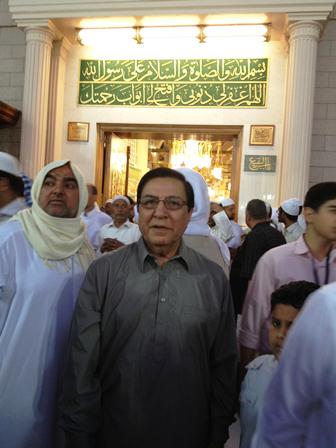
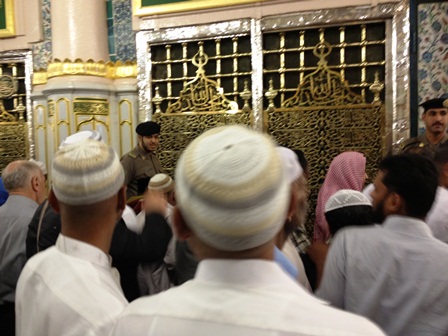
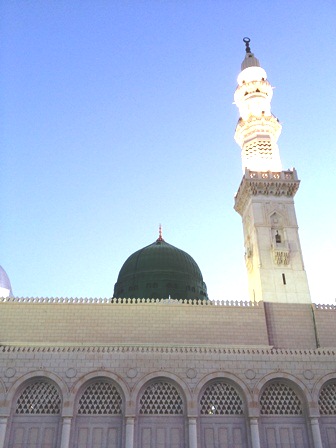
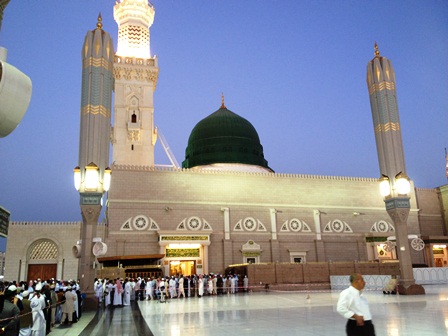
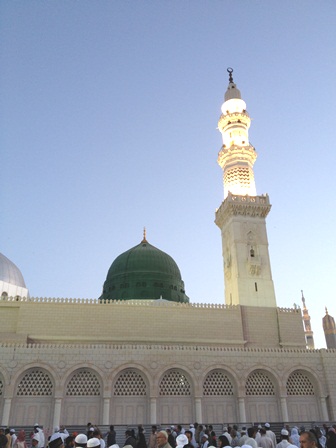
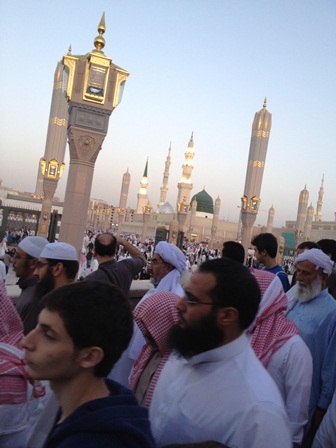
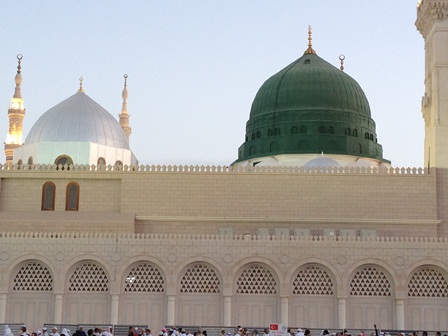
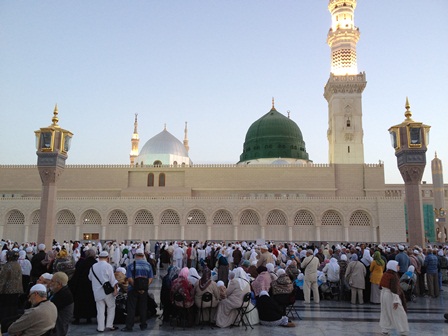
=====================================
Hazrat Ali (A.S.) Masjid in Madina
Masjid (abandoned) is located outside the
Masjid-al Nabwi.
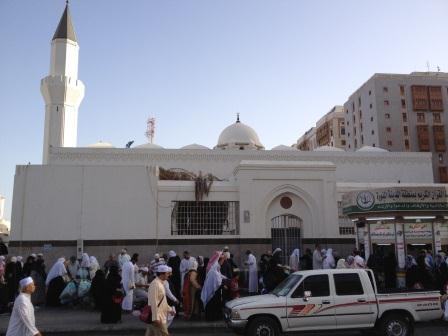
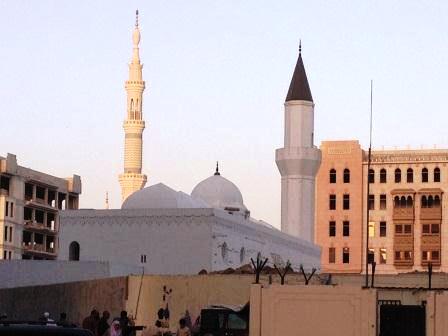
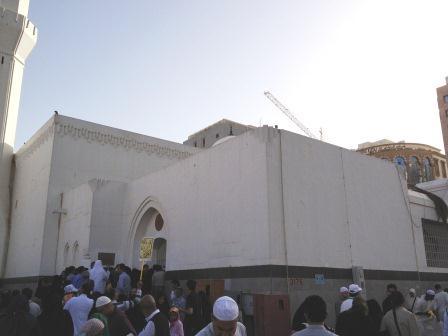

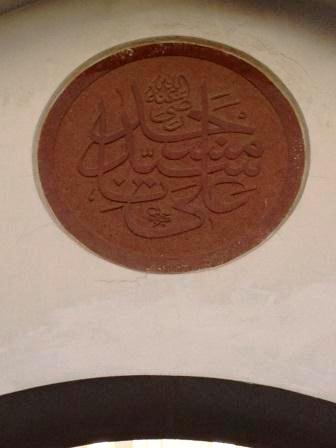
=====================================
Masjid-al-Qiblatain (Where Qibla direction was
Changed - with 2 Qibla)
Qibla direction was changed by Prophet
Muhammad (S.A.W.)
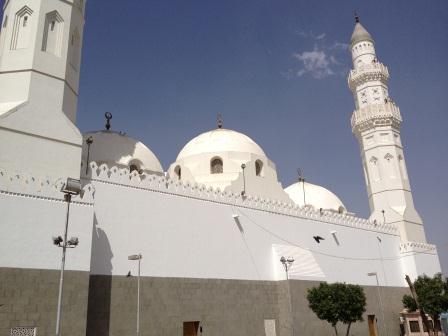
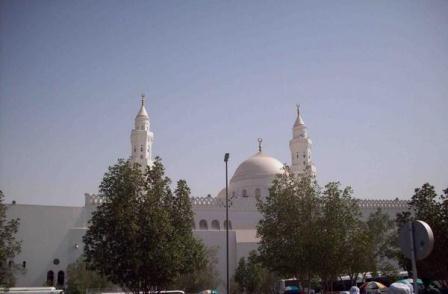
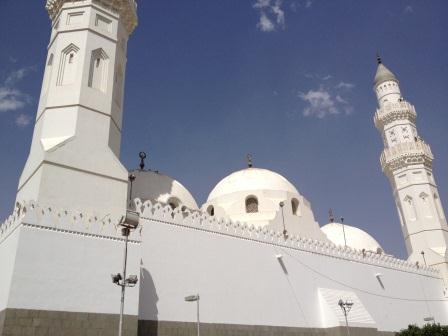
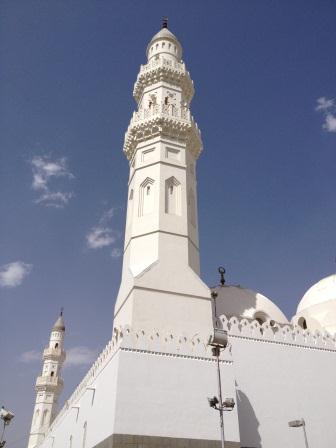
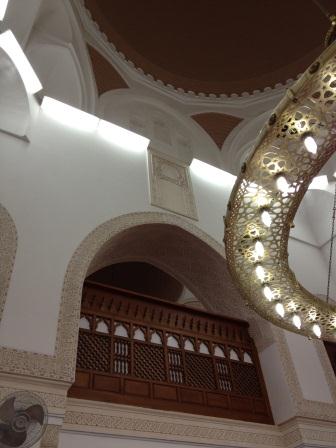
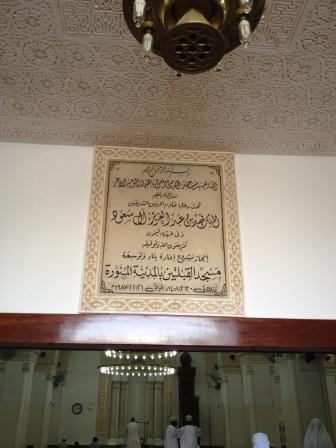

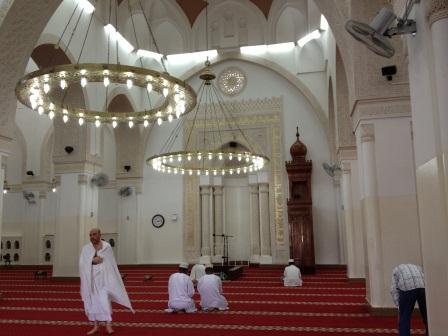 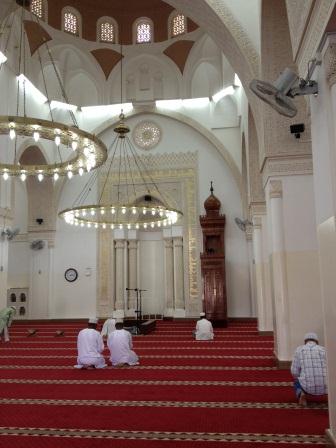 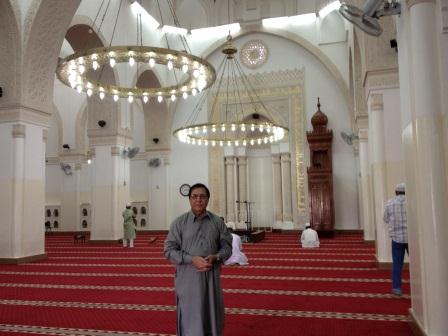
=====================================
Jannatul Baqi
Bibi Fatima (R.A.) and other family members as
well as followers are resting in
(unmarked graves) at this cemetery.
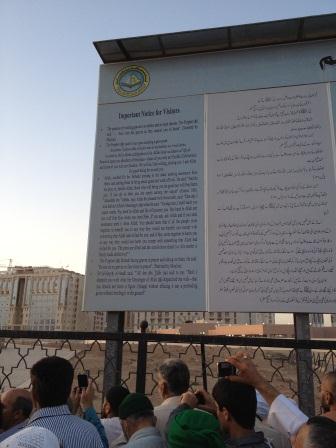
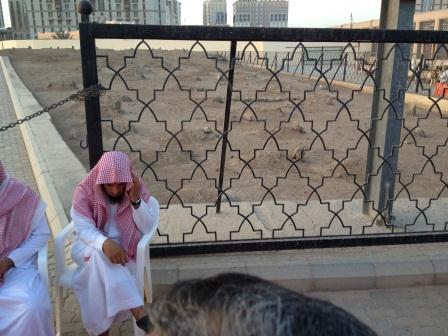
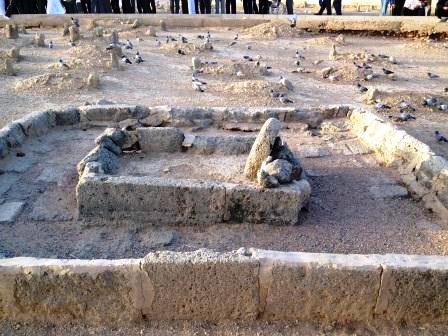
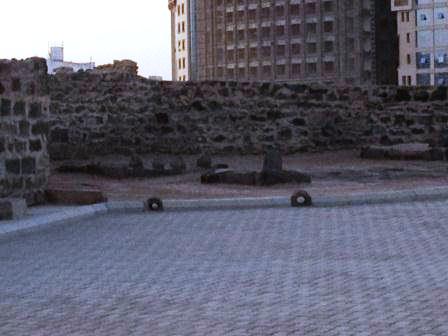
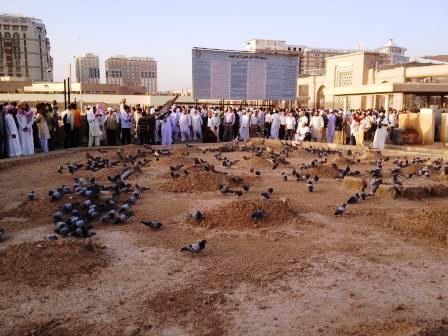
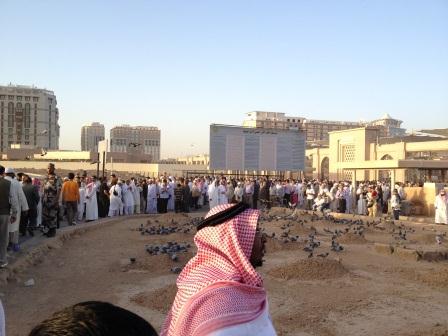
In Makkah
Miqat
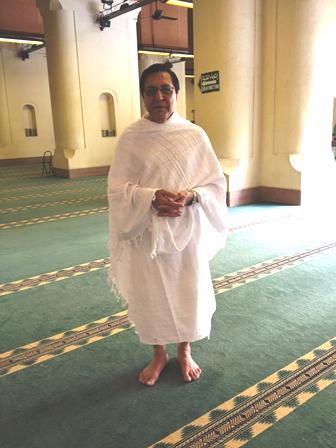
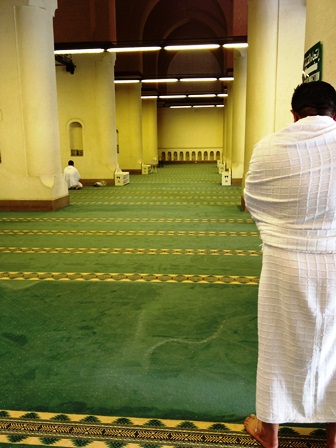
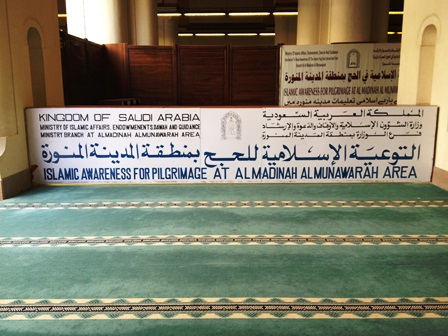
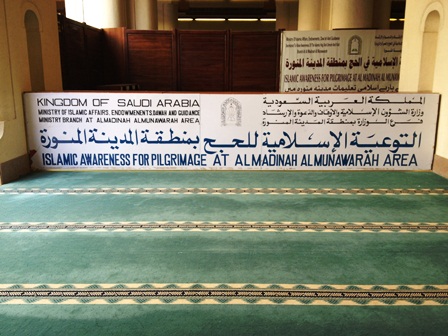
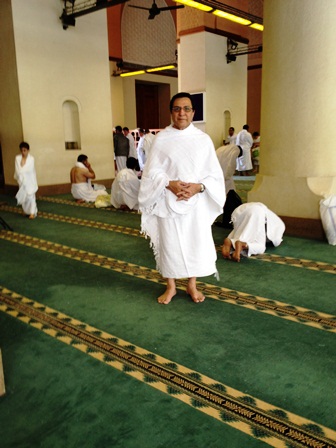

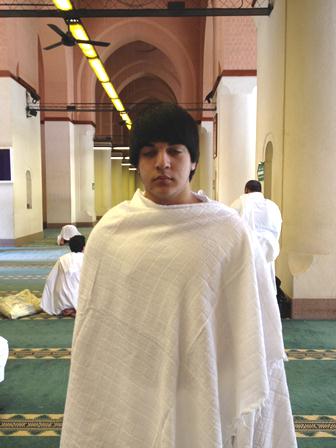
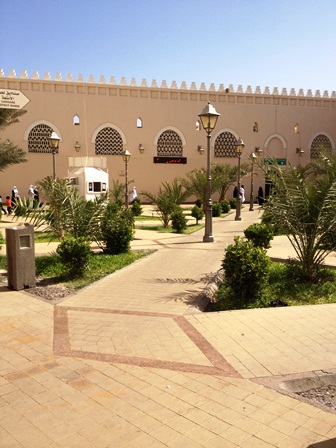
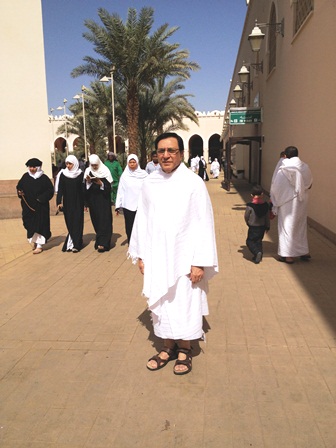
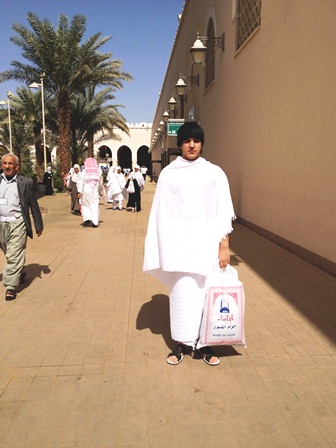
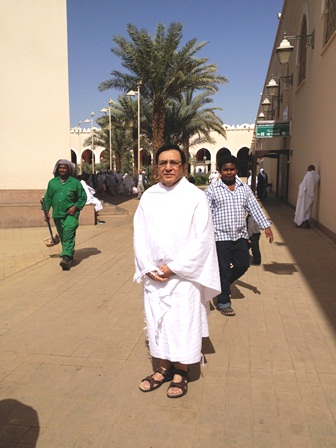
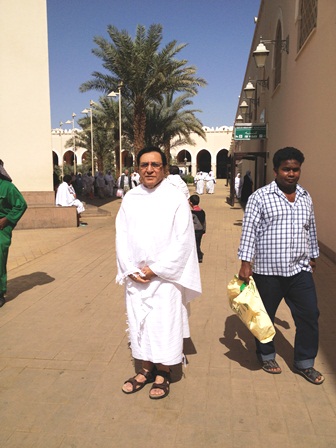
Birth Place of Prophet Muhammad (S.A.W.)
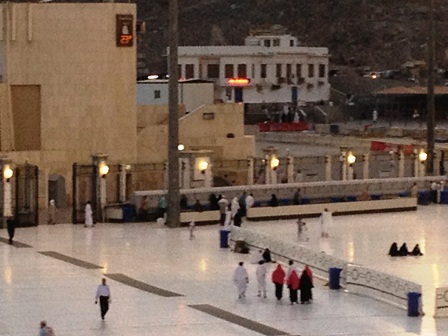
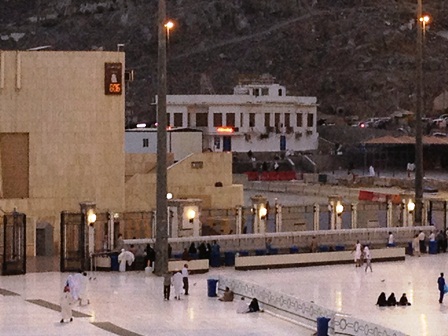
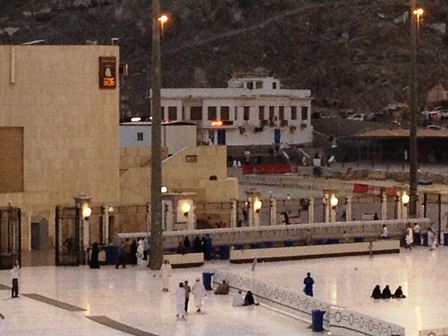
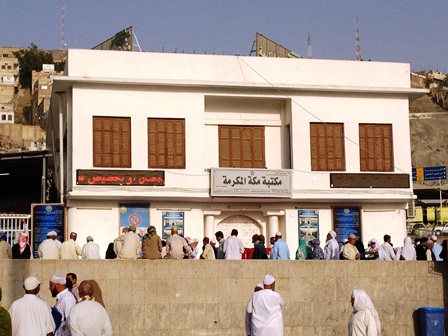
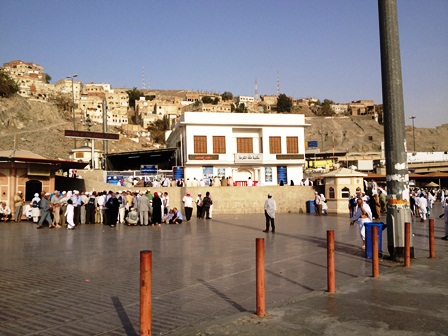

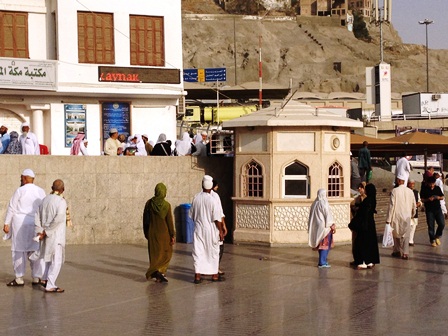
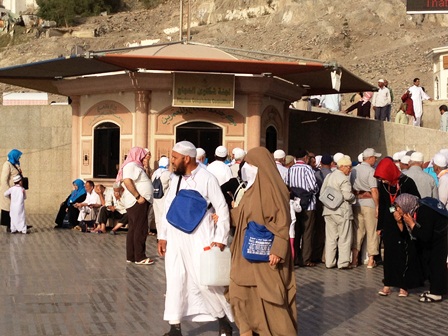
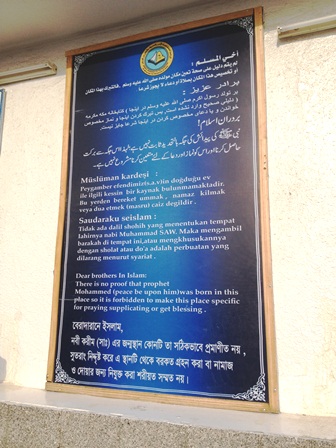
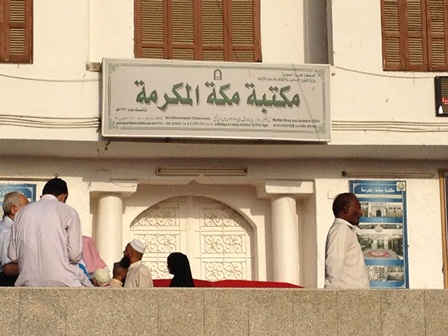
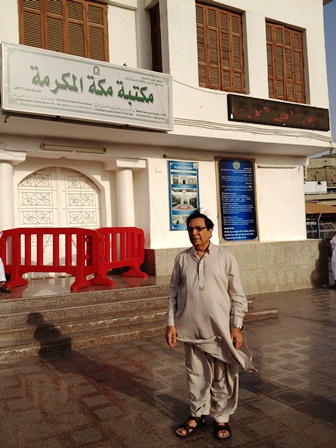
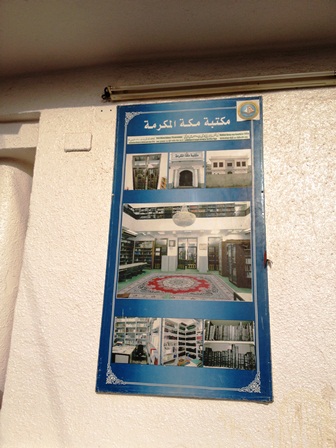
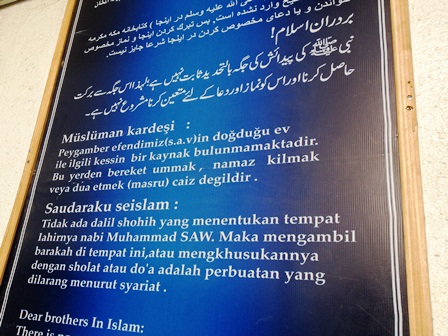
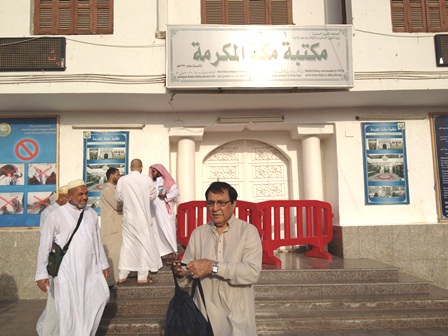
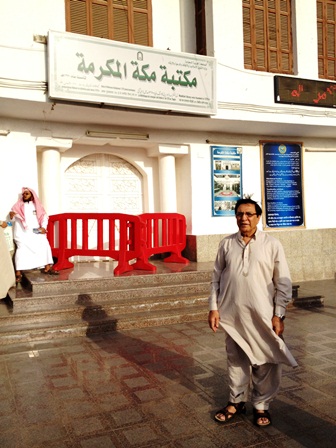
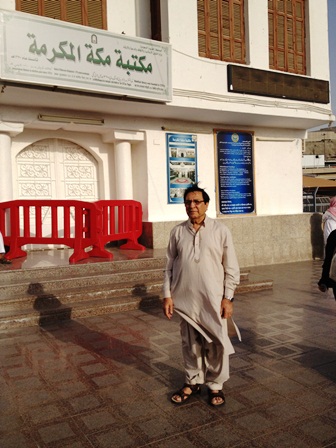
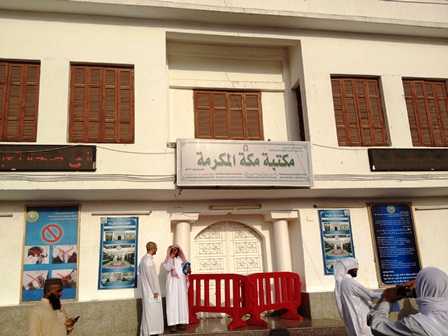
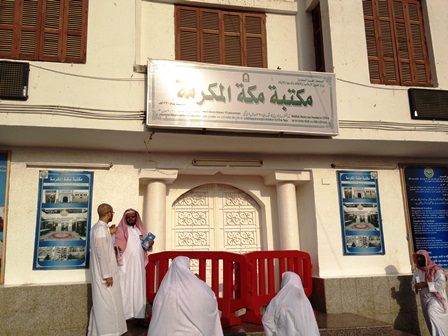 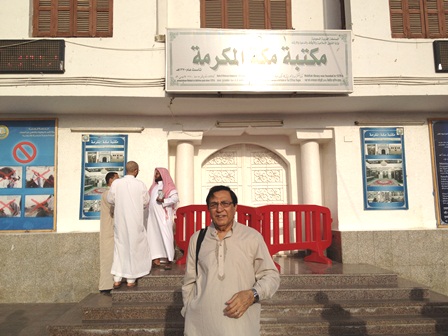
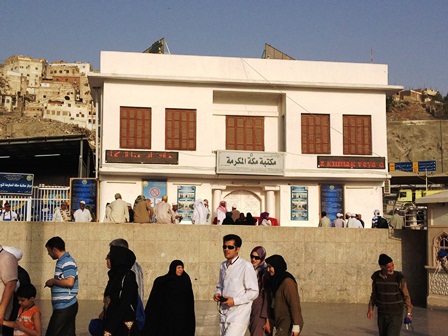 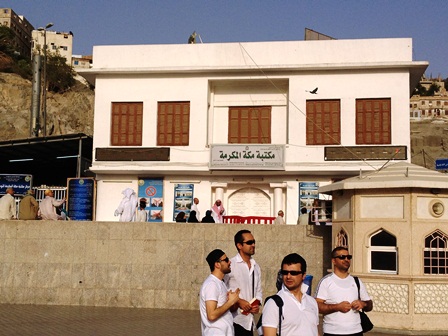
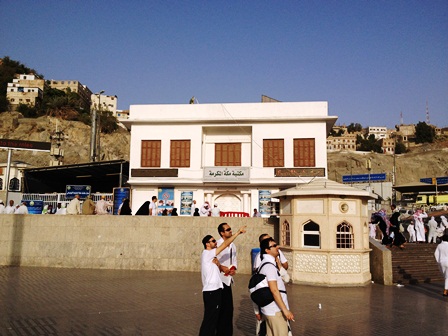
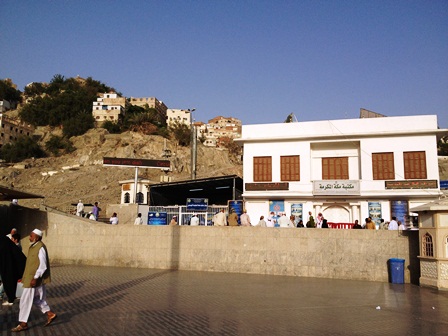
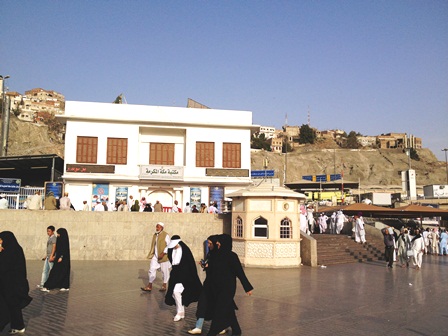
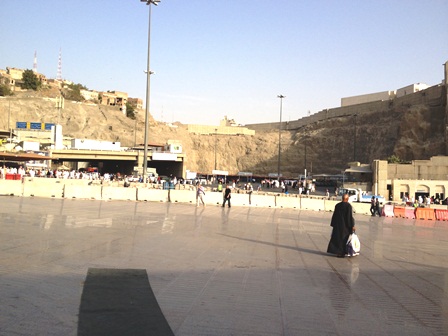
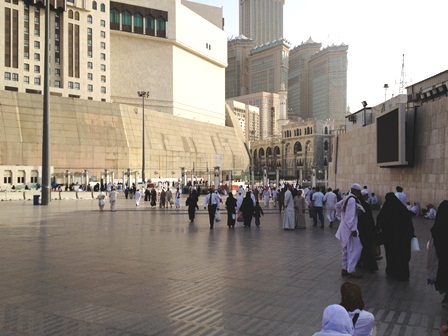
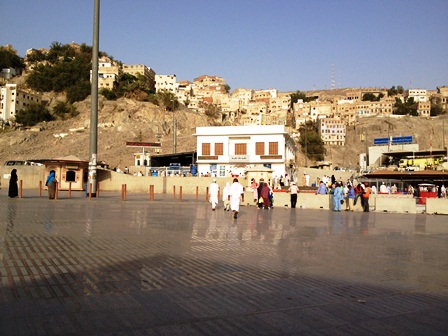
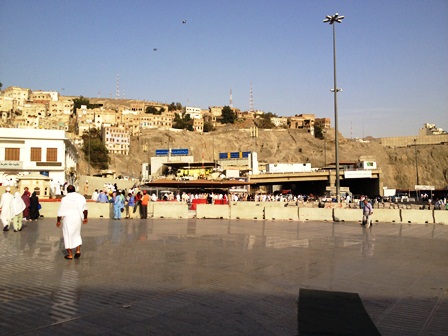
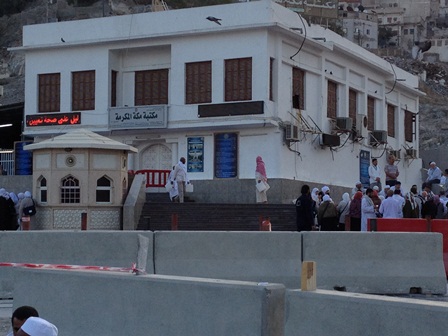
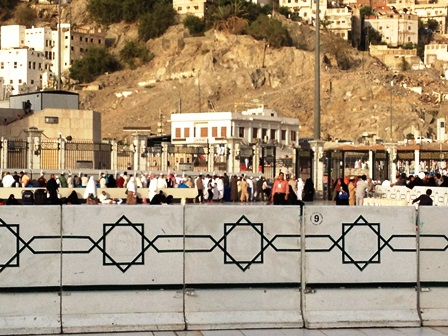
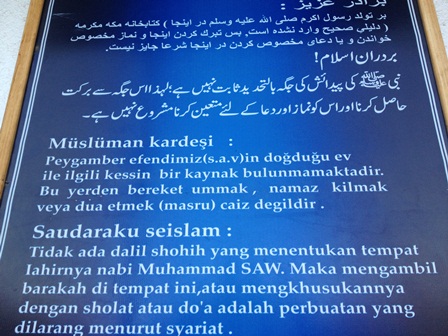
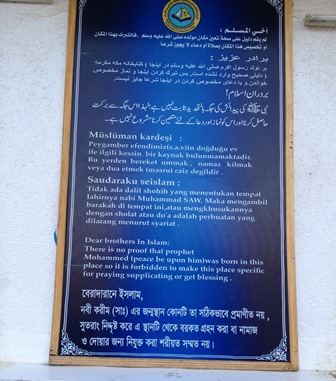
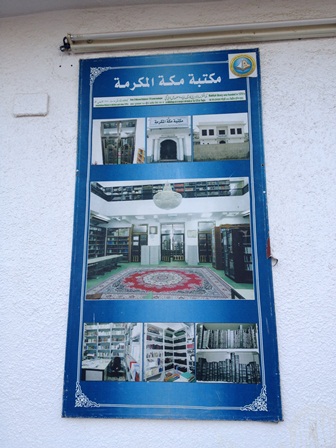
Masjid-e-Aisha
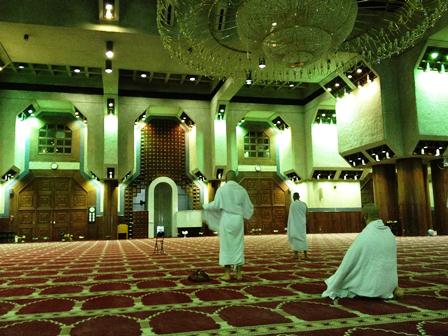
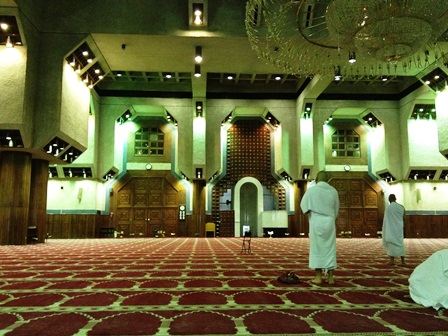
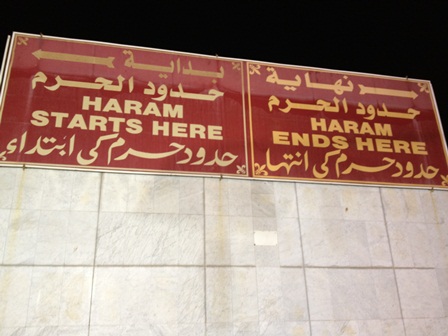 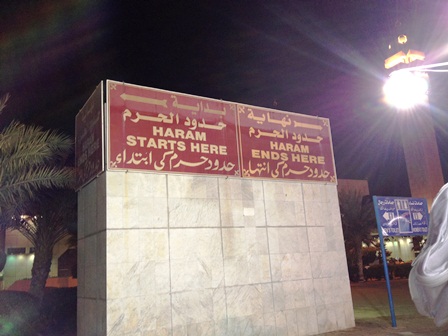 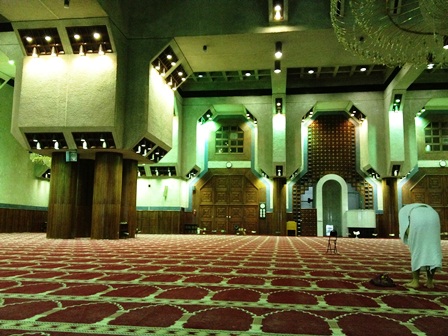
Safa and Marwa
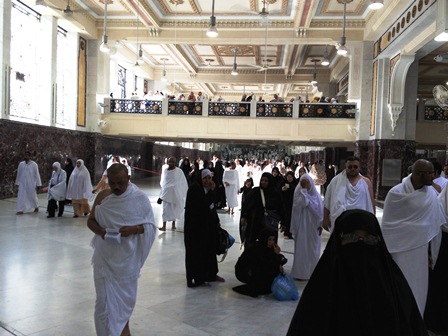 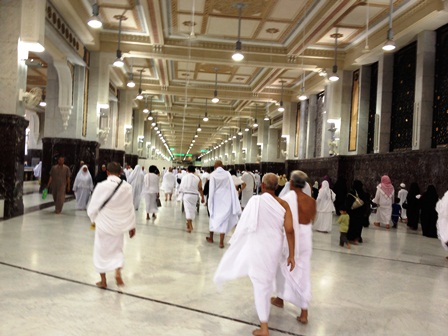 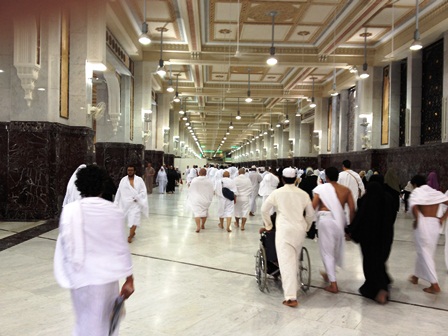
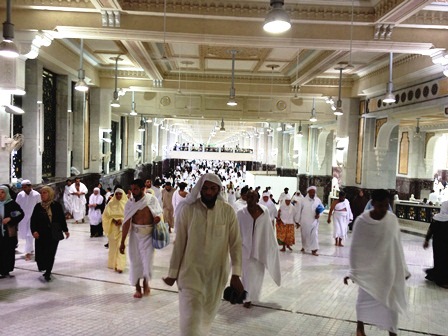 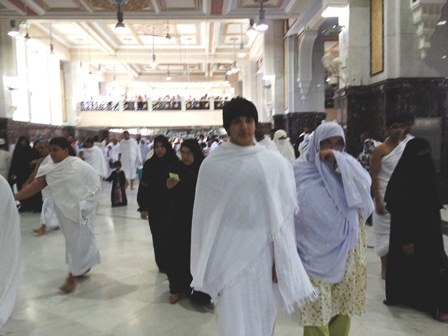 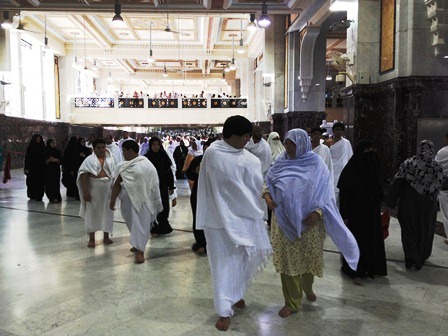
 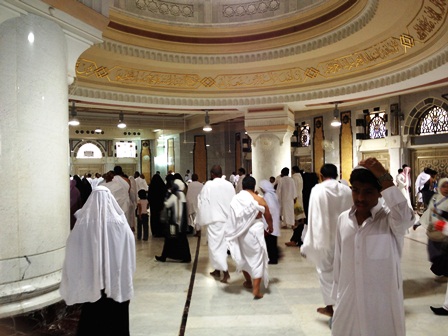 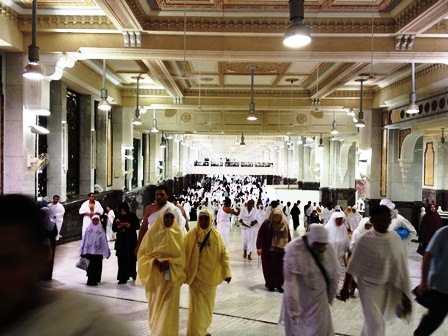
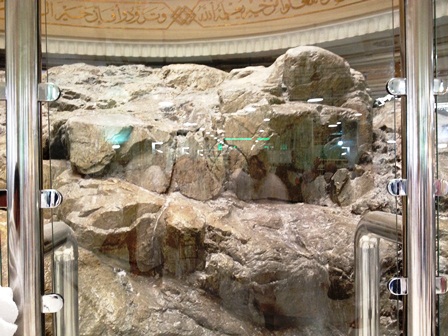  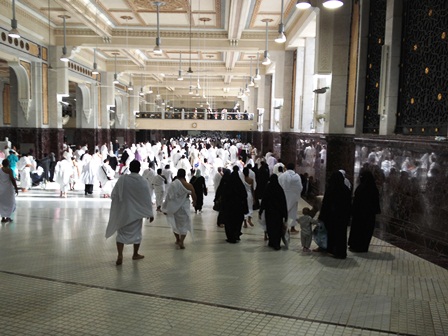
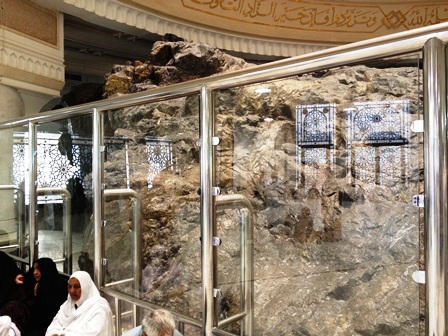 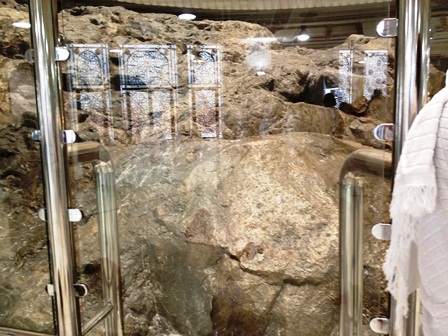 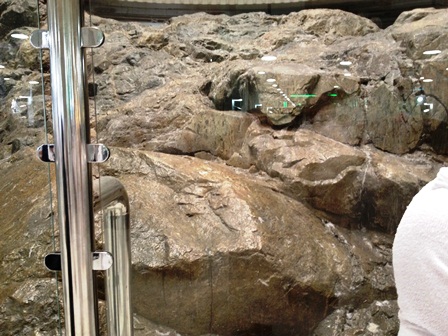
 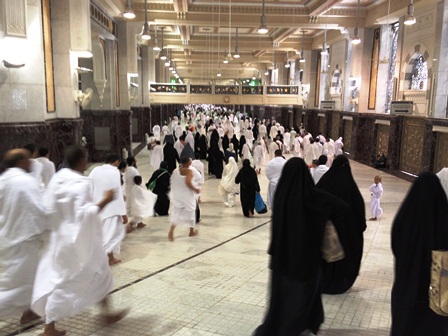 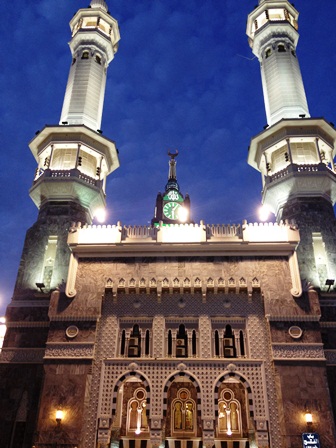
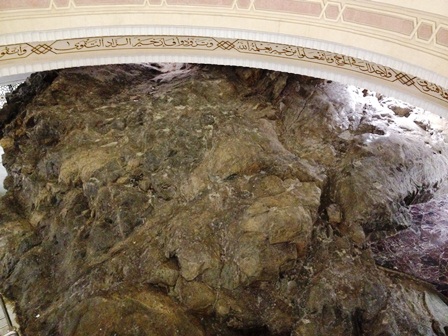 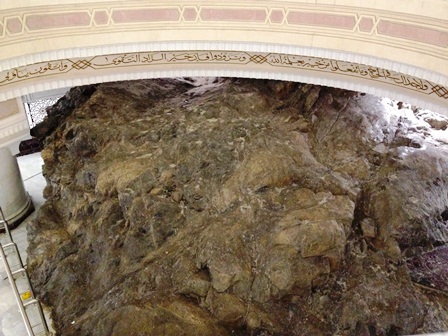 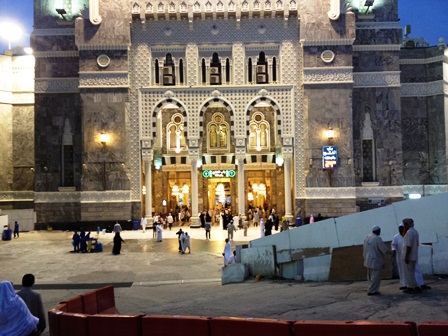
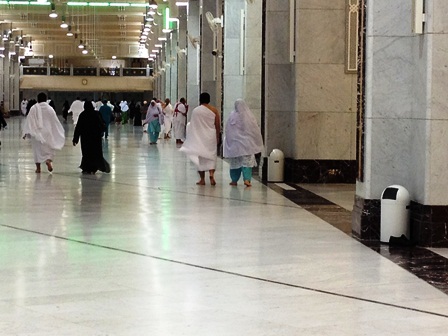 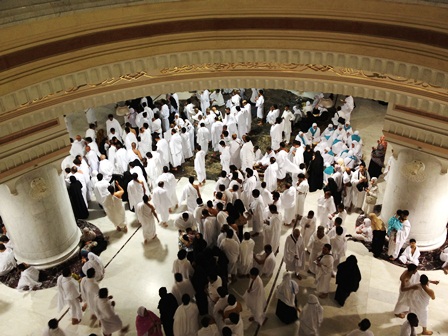 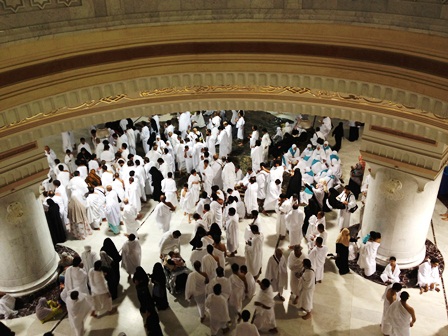
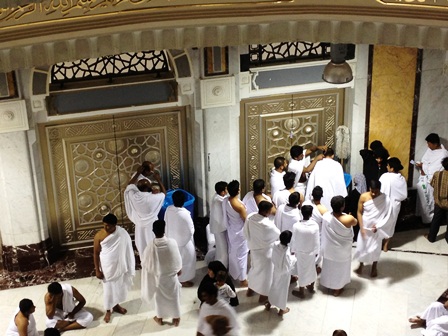 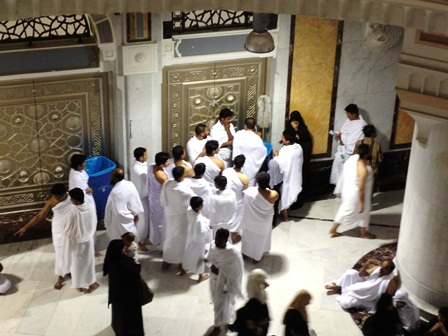 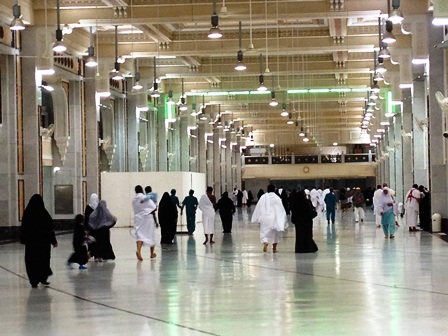
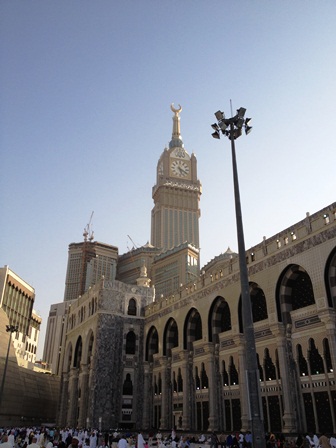 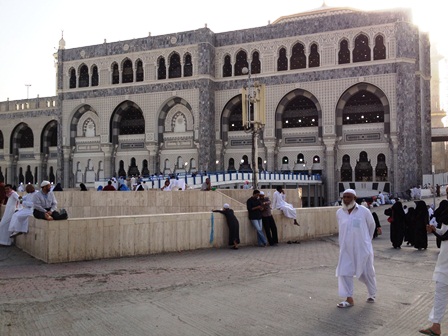 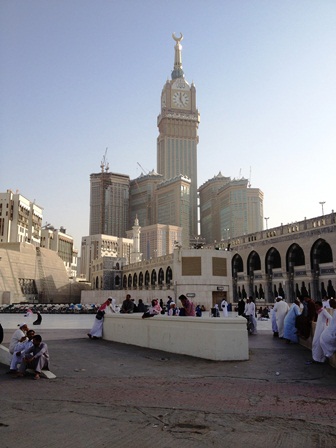
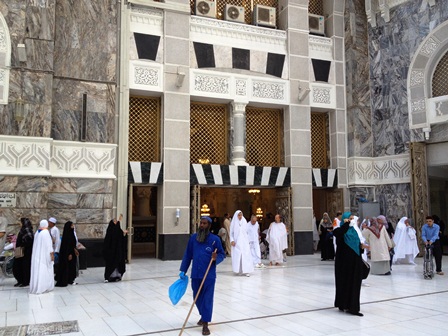 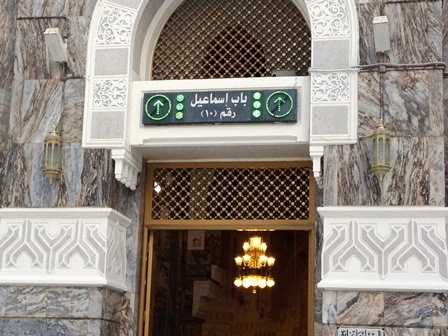 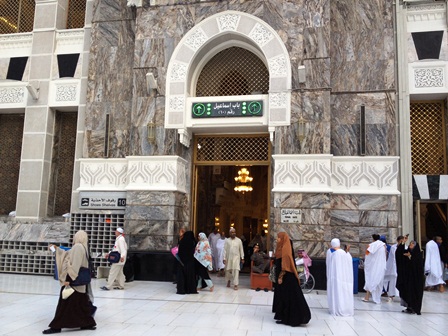
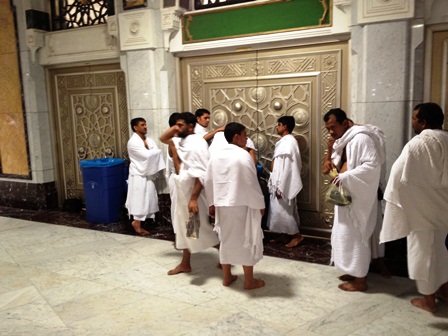 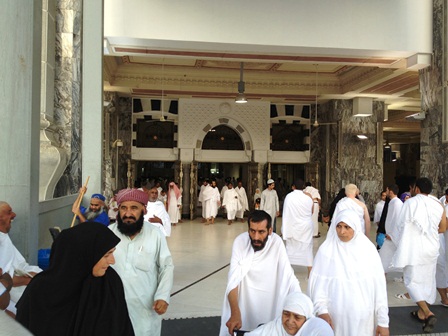 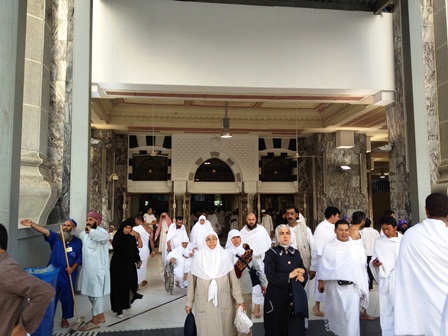
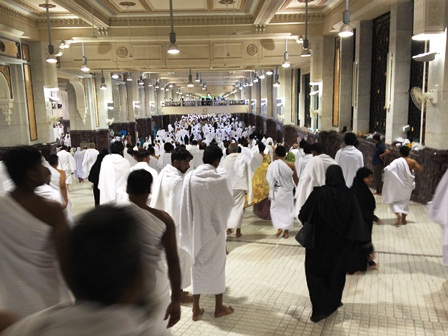 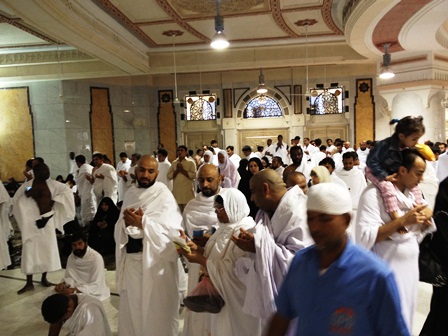 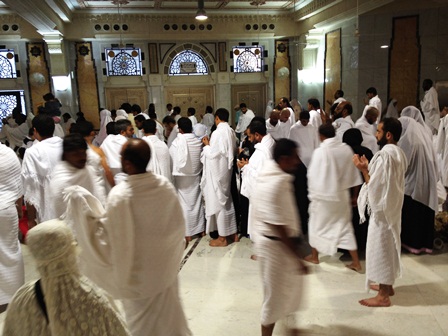
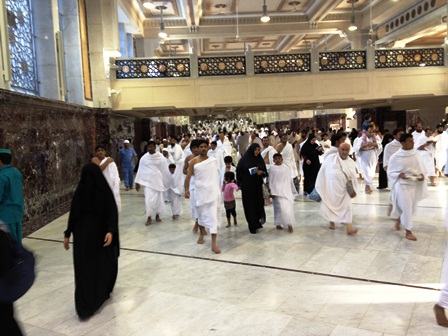 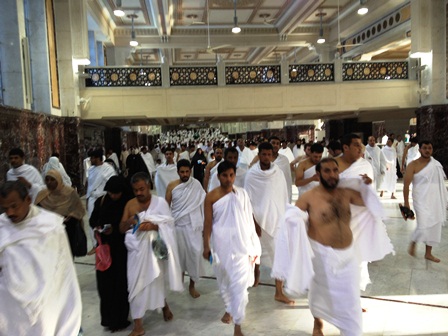 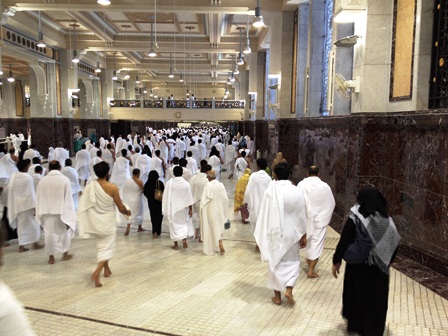
Masjid-e-Haram
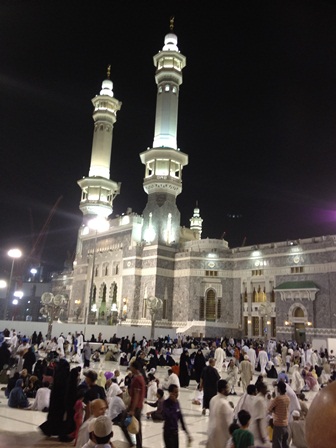 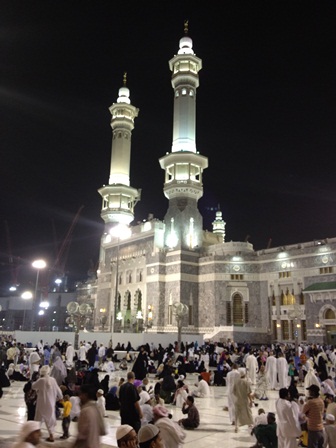 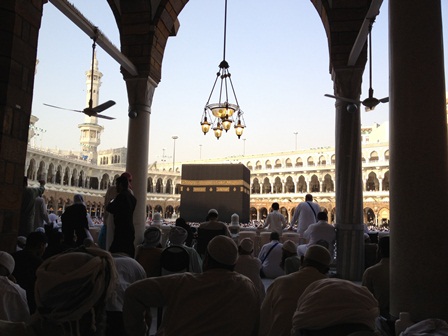
  
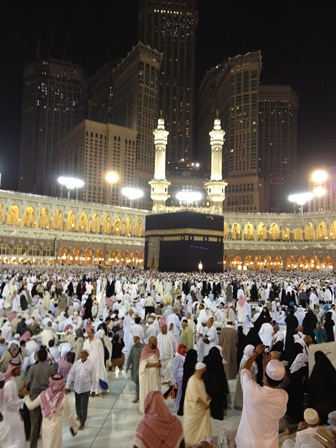 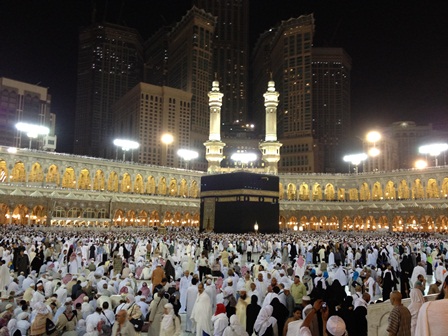 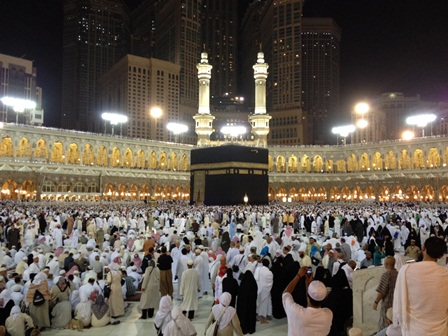
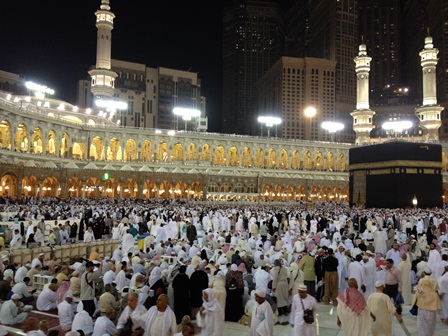 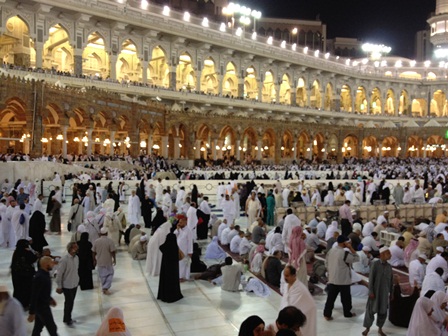 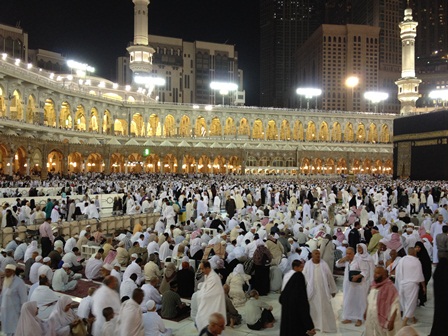
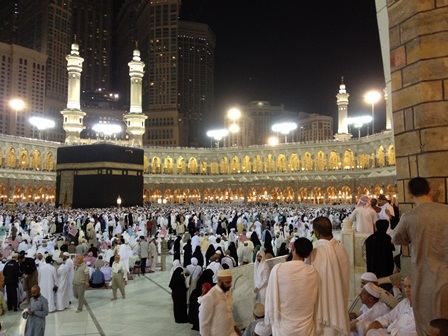 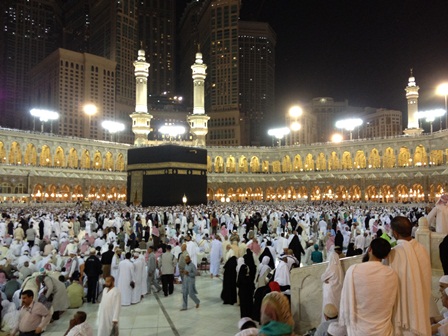 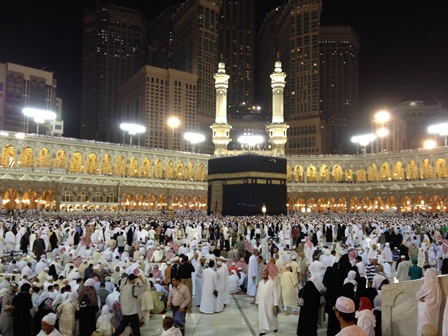
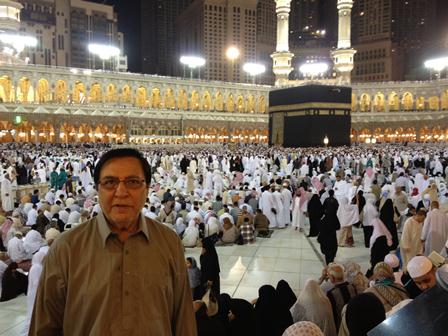 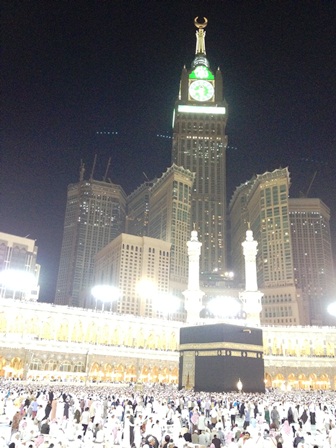 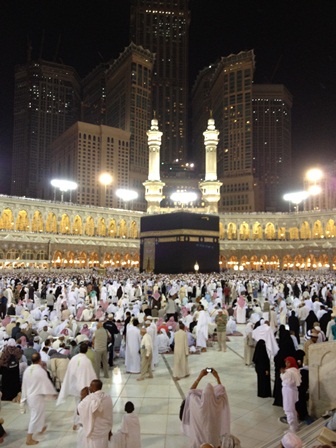
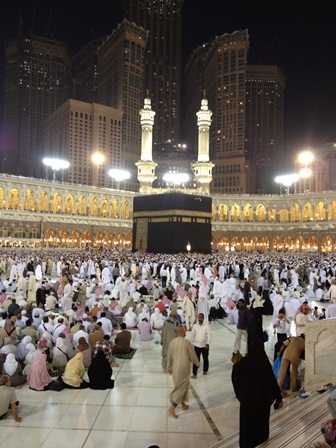 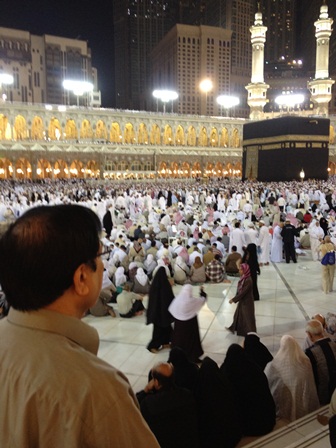 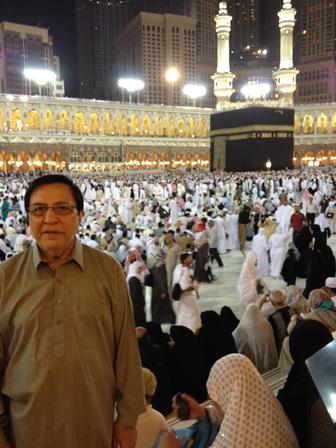
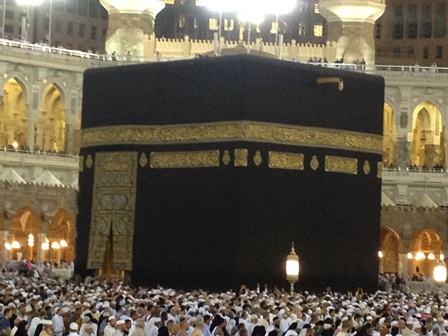 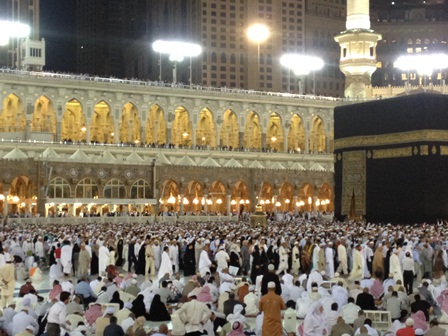 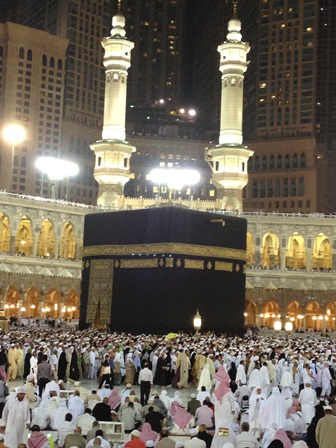
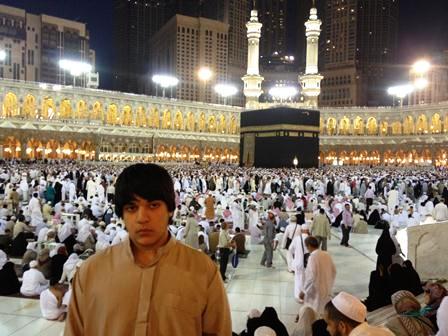 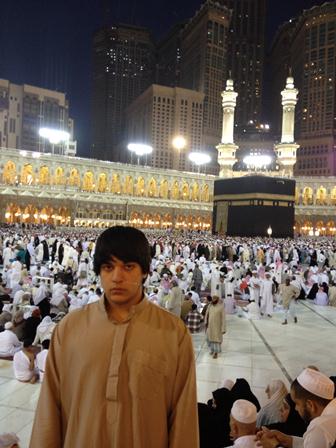 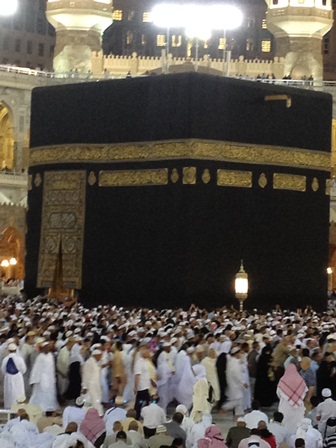
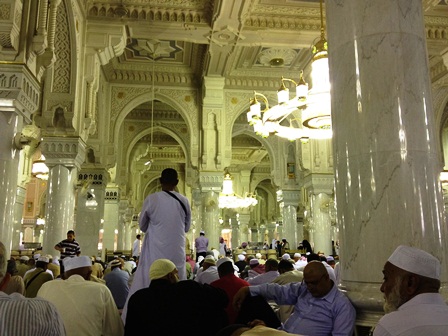 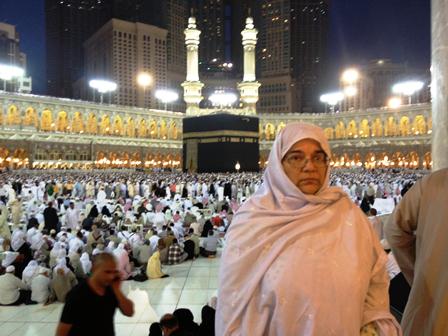 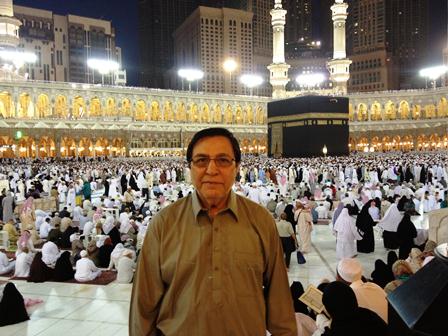
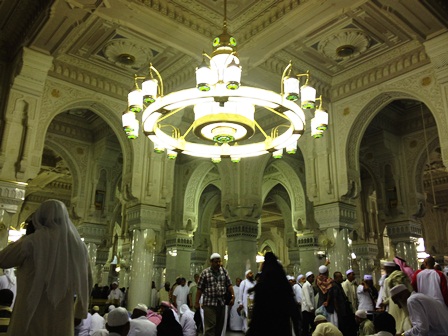 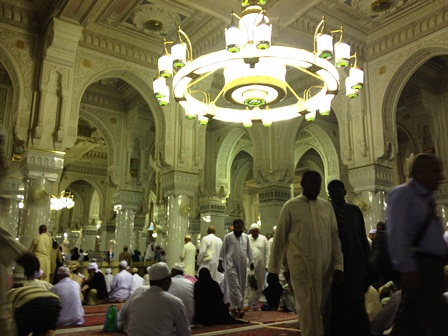 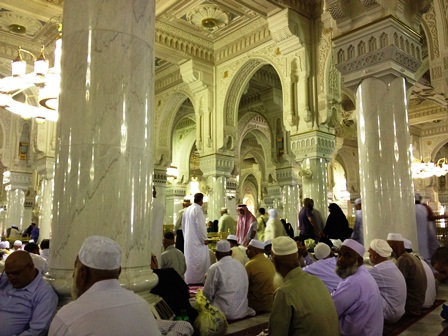
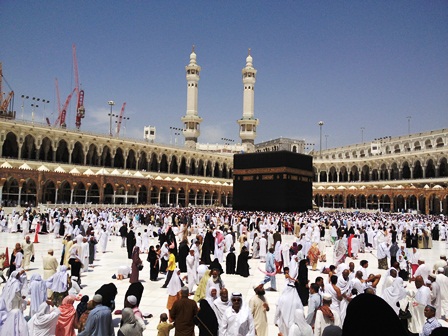 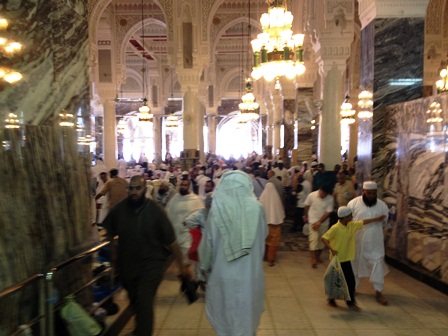 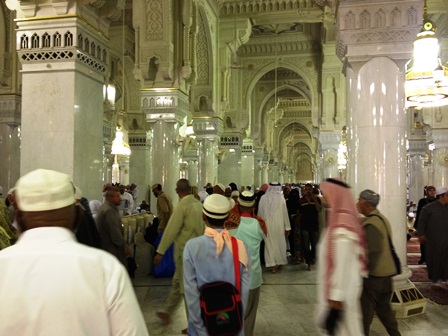
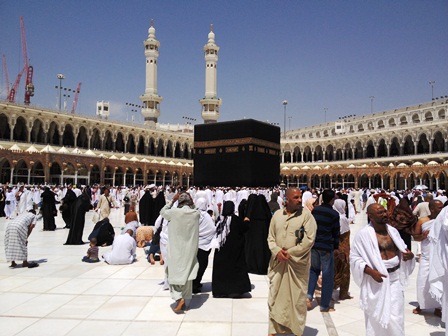 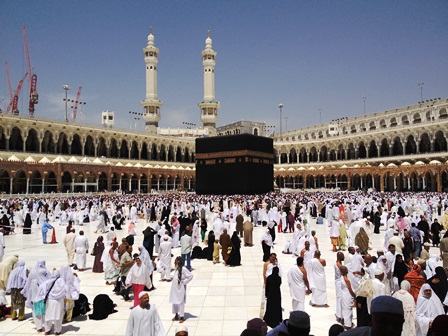 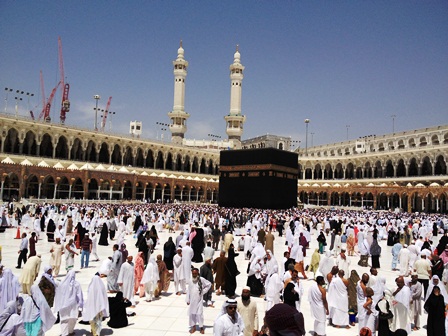
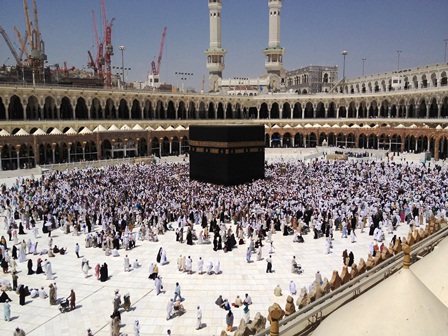 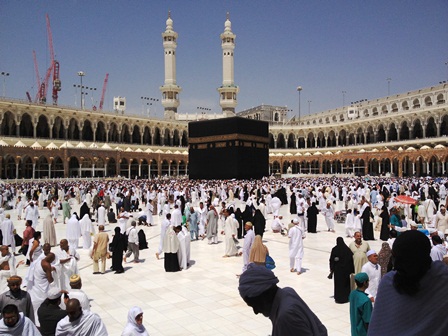 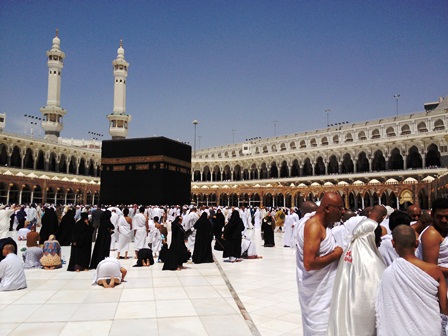
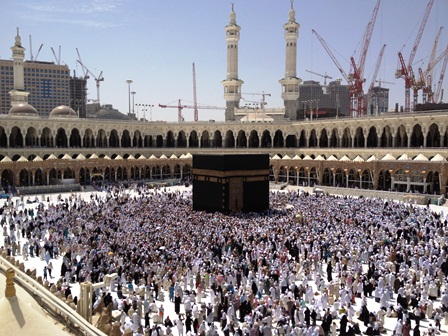 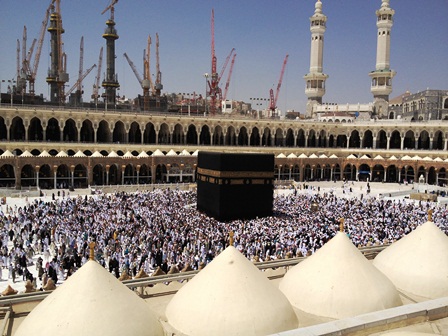 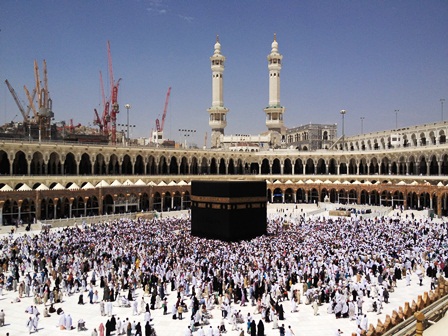
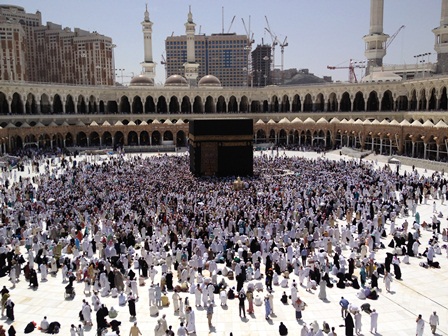 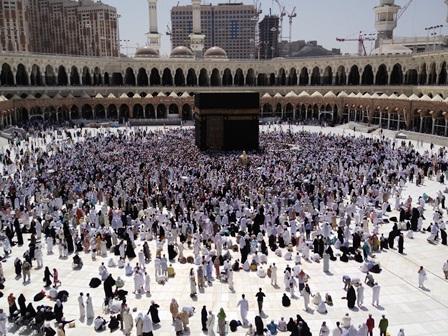 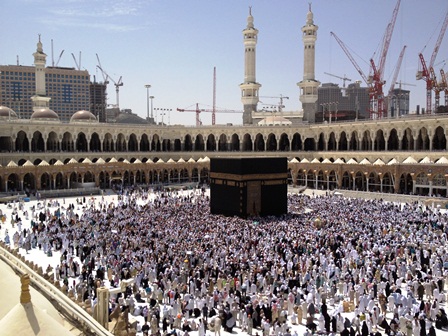
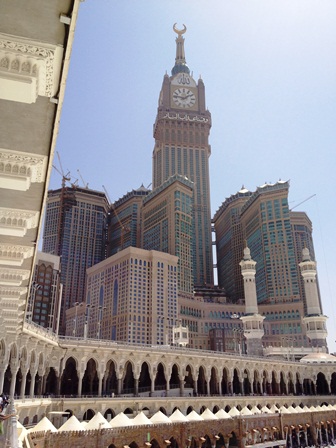 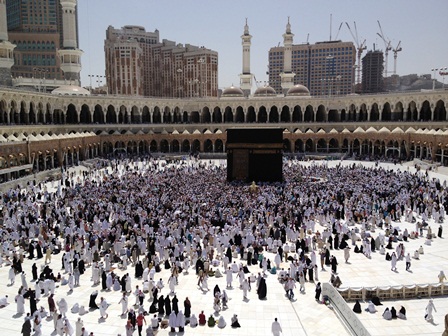 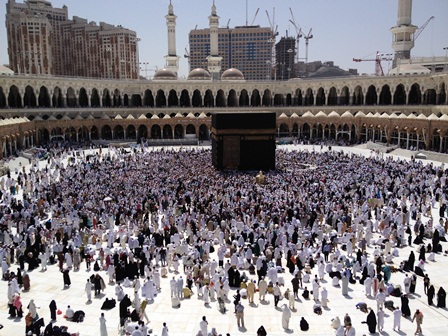
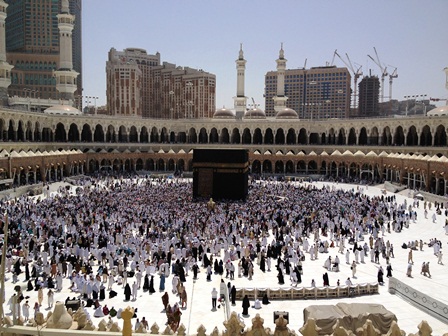 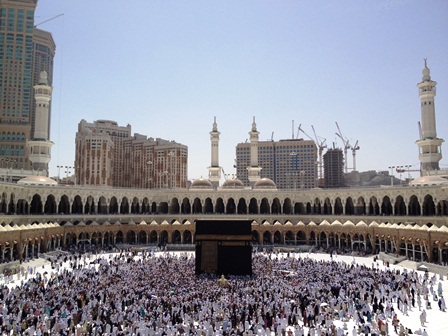 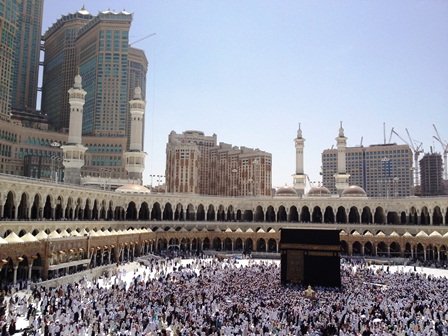
  
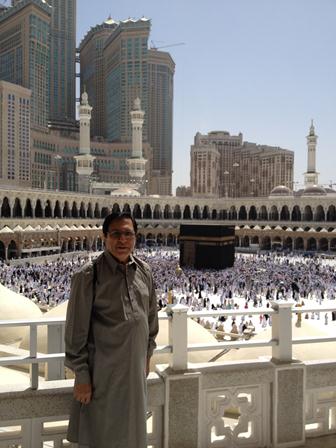 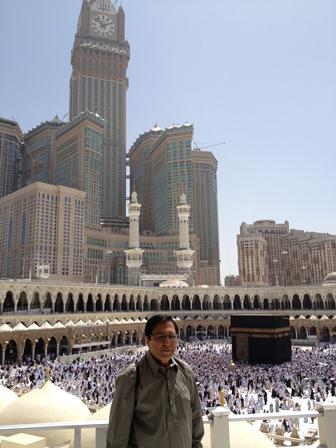 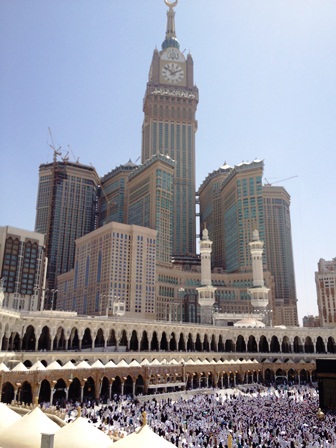
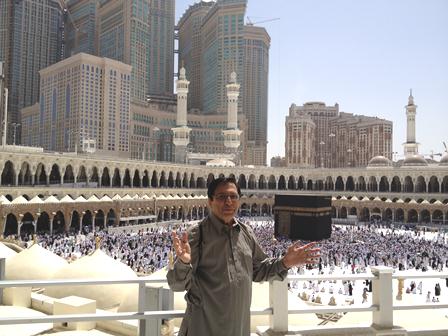 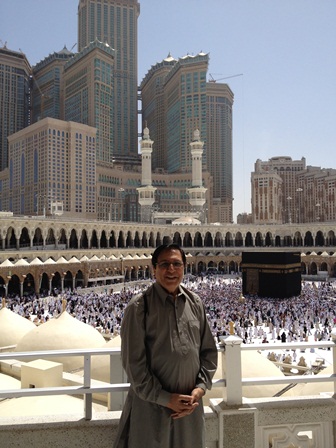 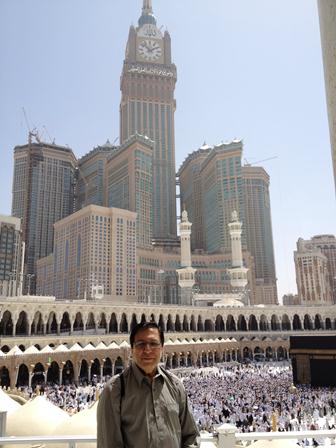
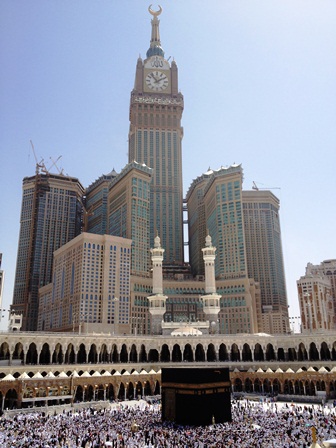 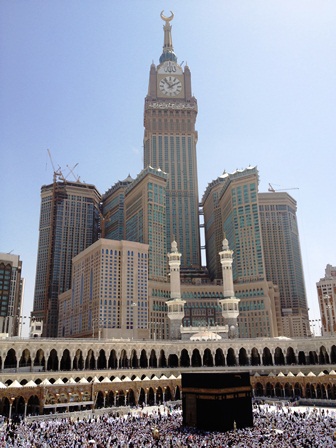 
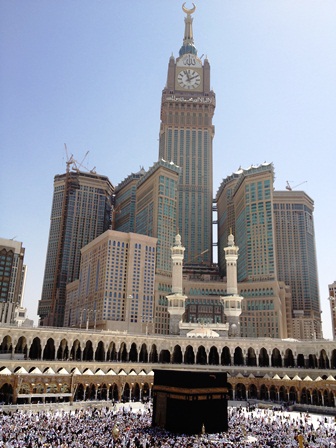 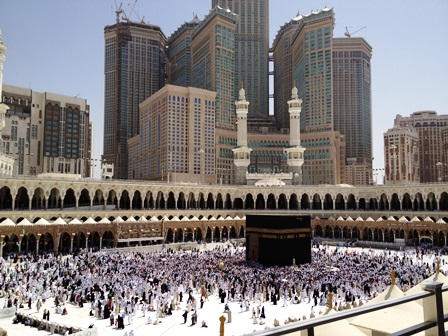 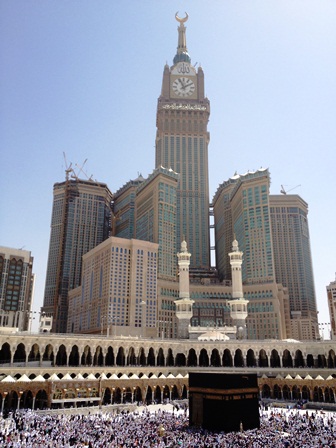
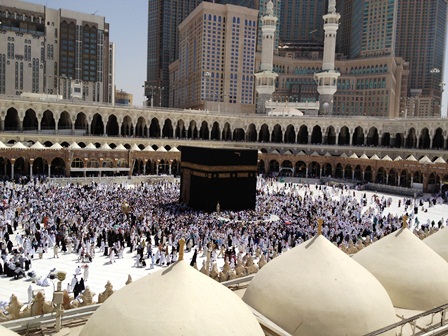 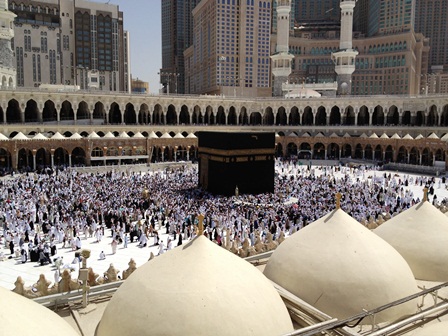 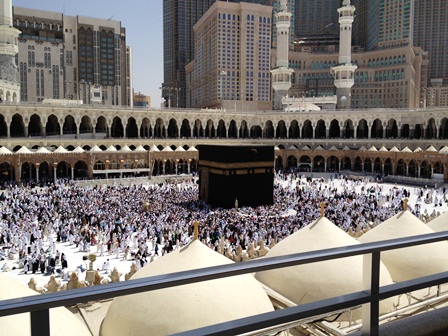
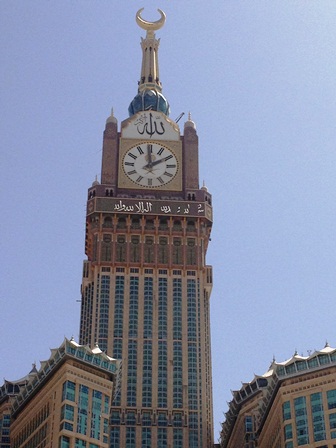 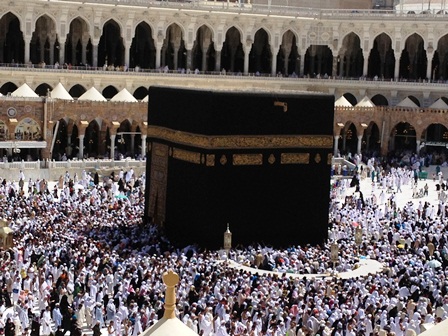 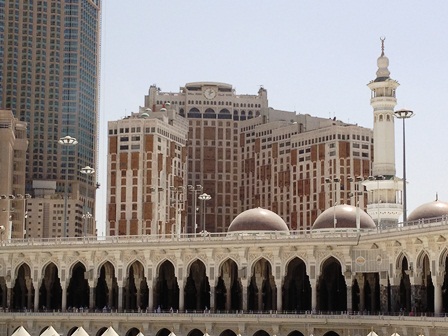
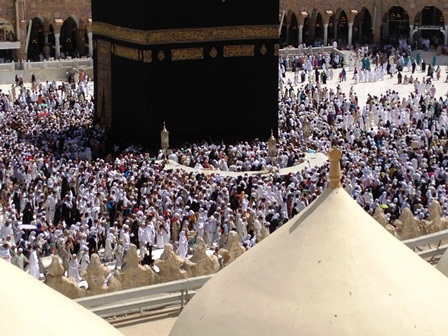 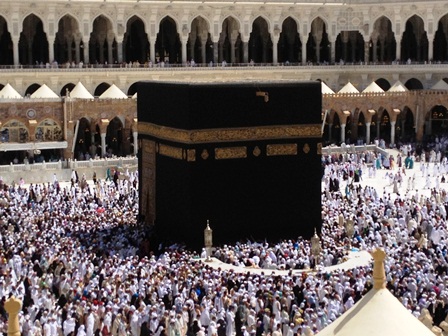 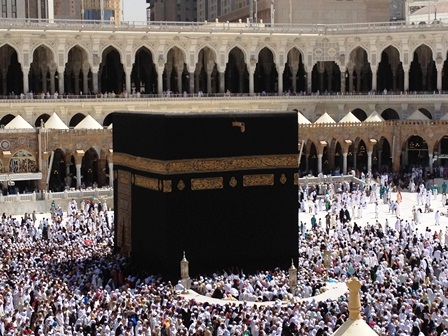
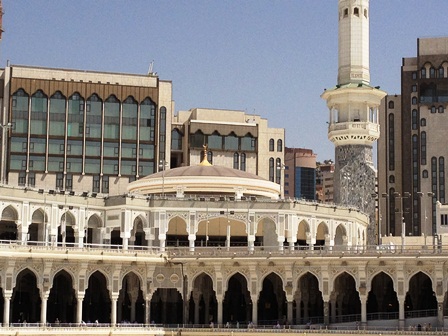 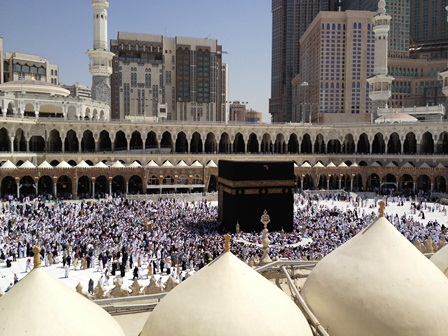 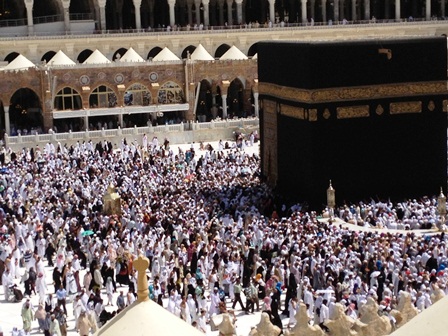
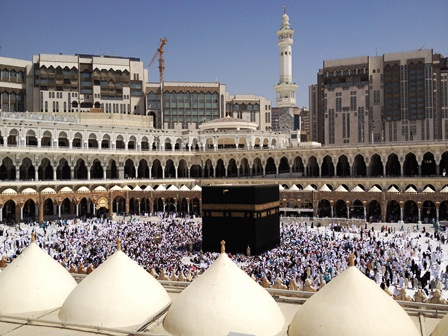 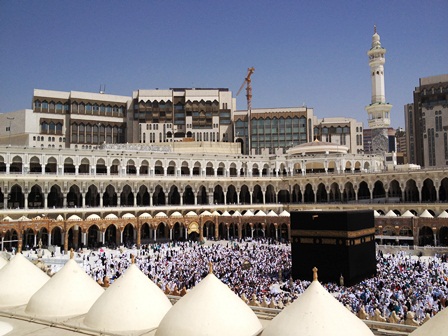 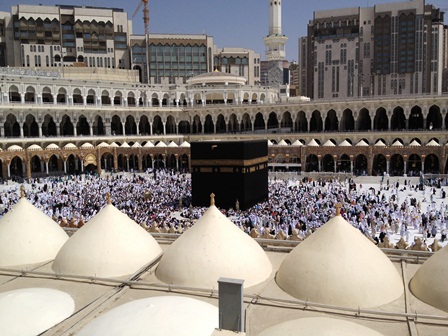
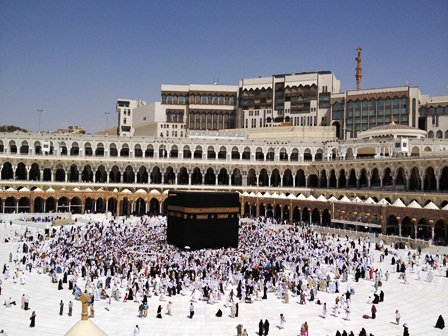 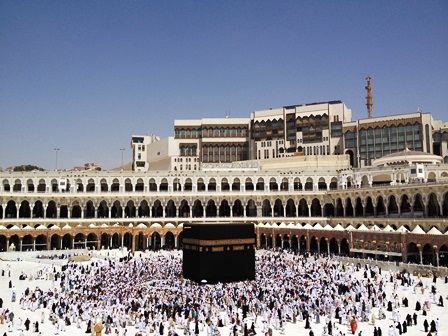 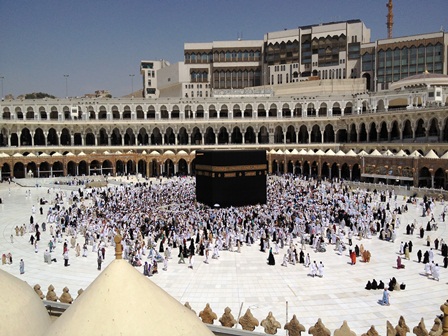
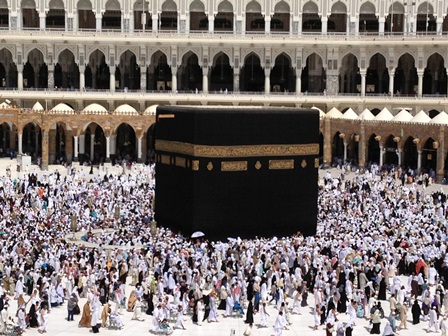 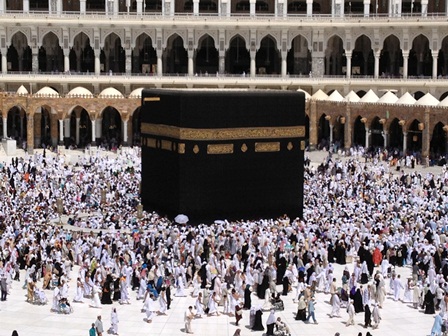 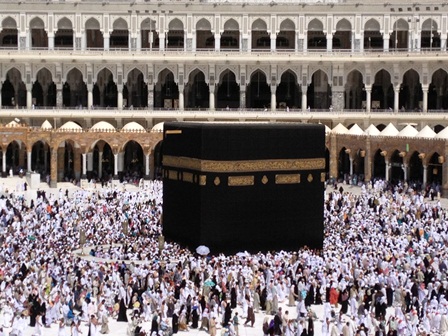
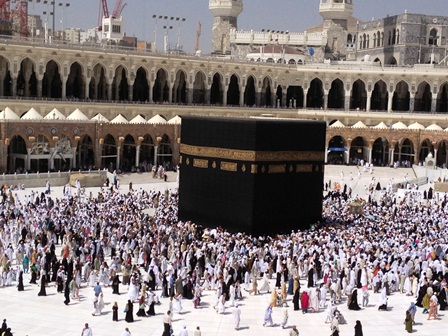 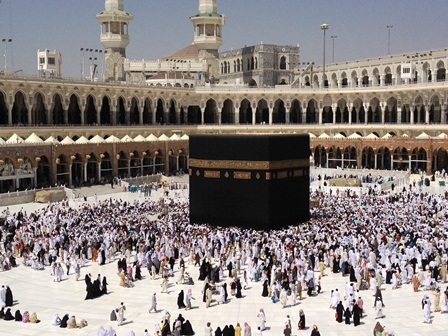 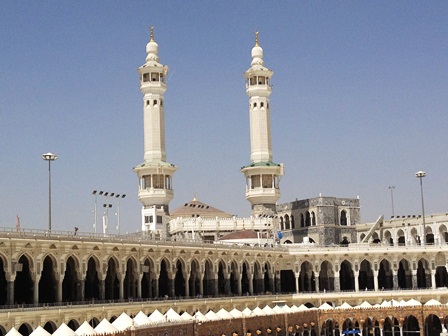
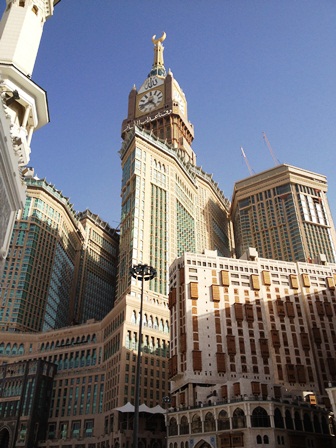 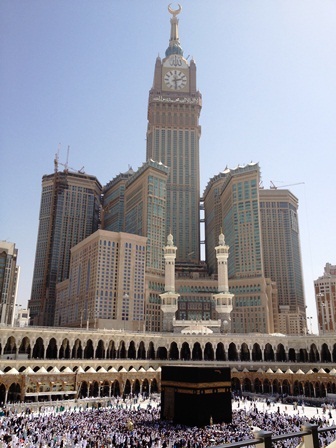 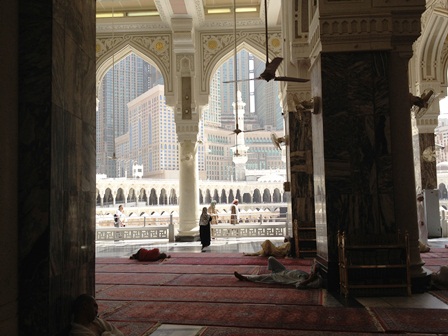
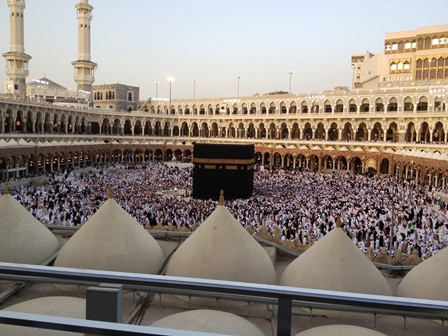 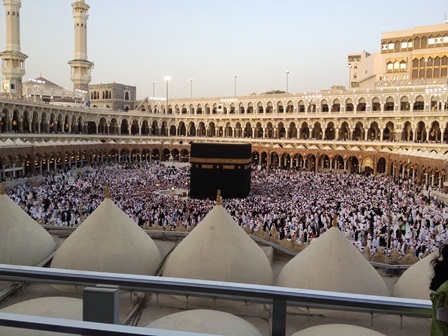 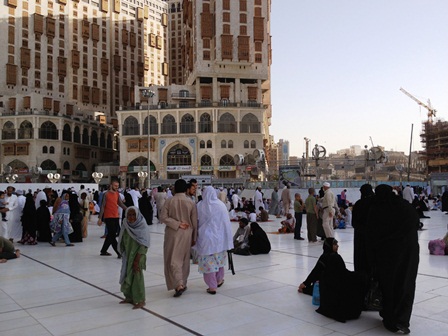
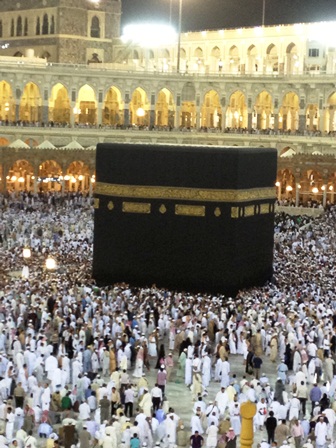 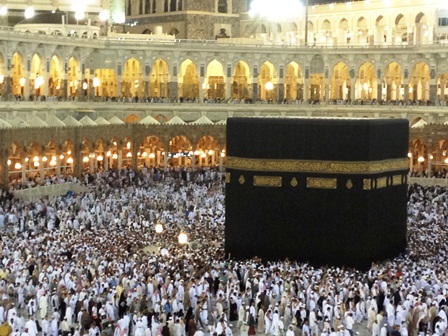 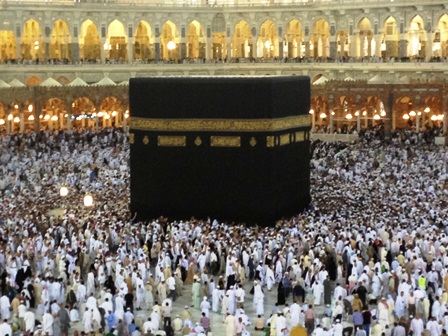
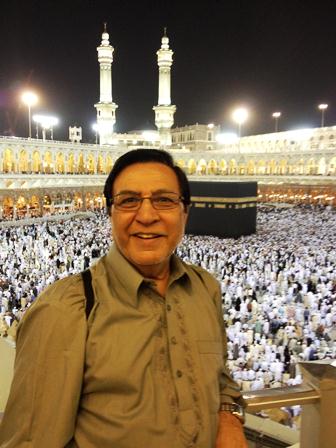 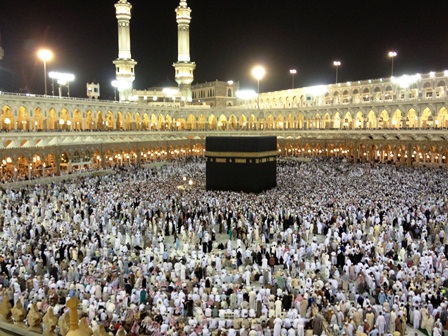 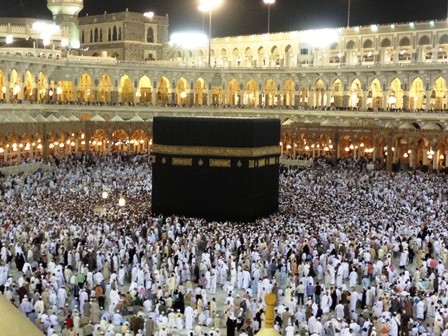
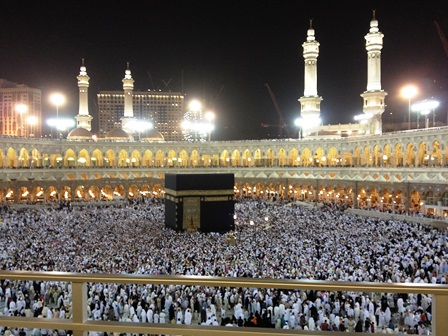 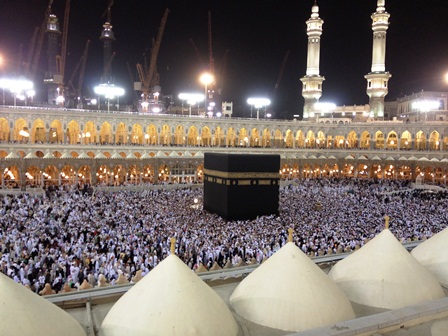 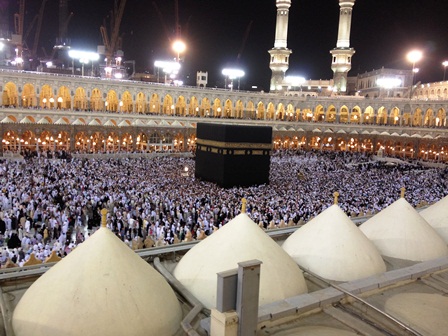
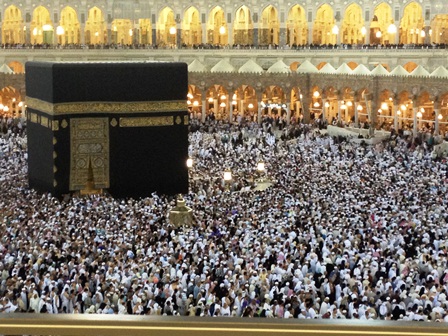 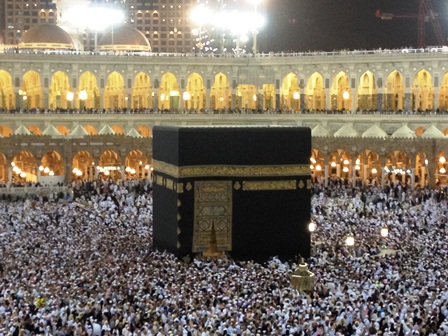 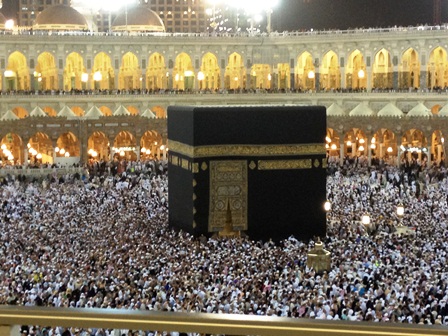
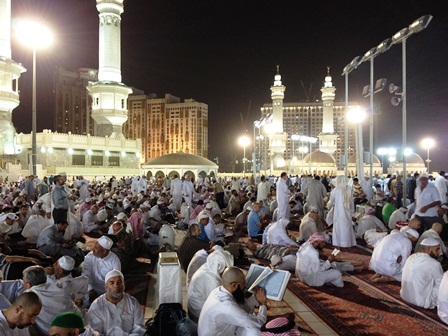 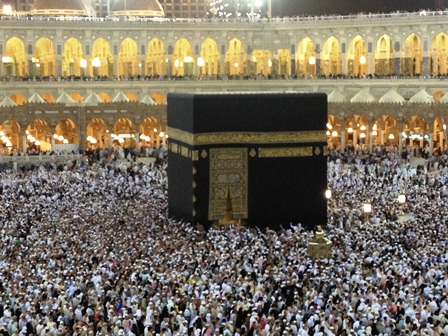 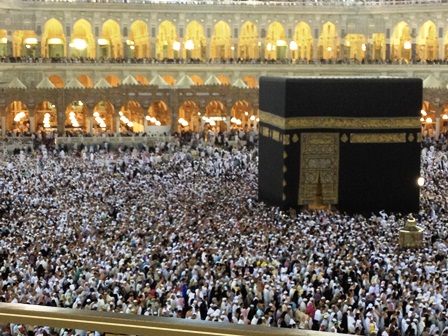
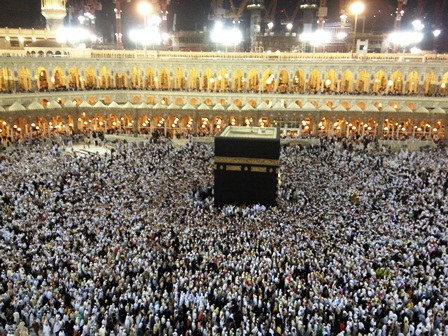 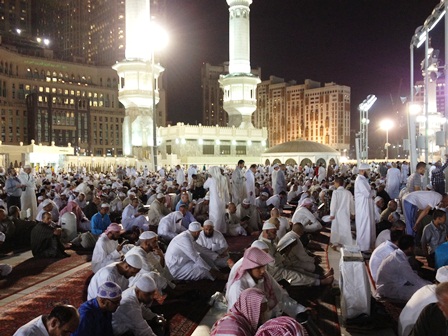 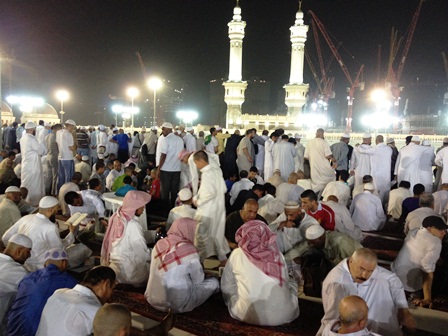
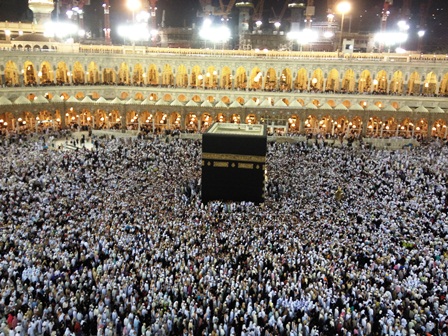 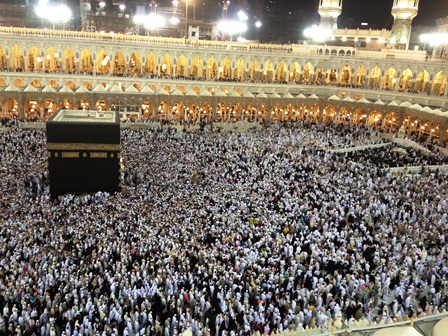 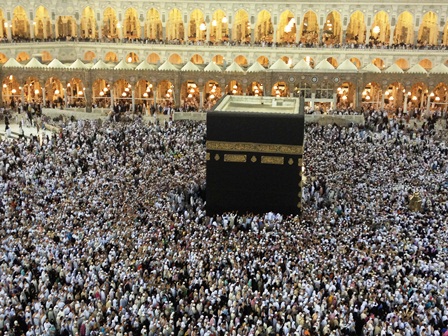
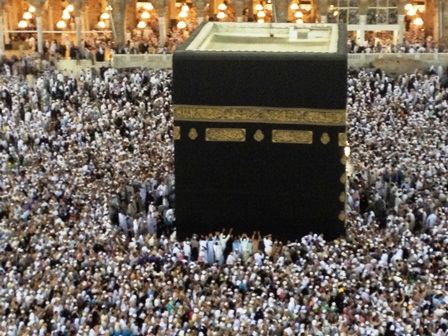 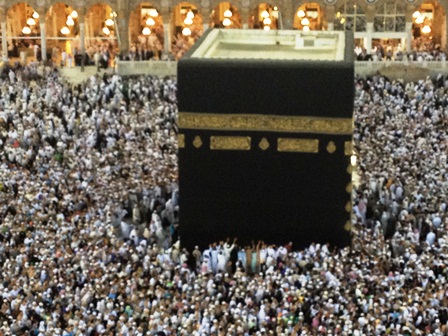 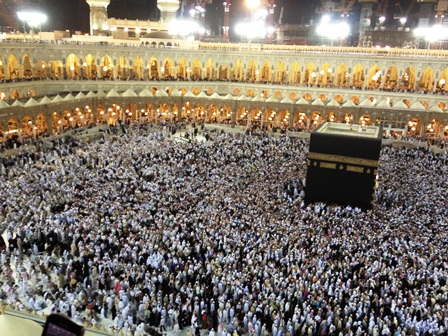
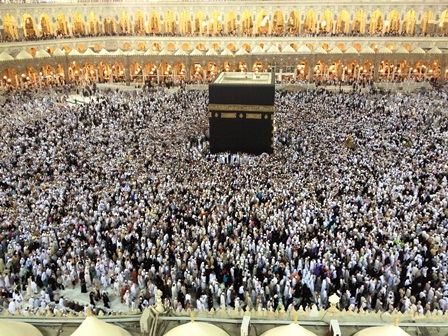 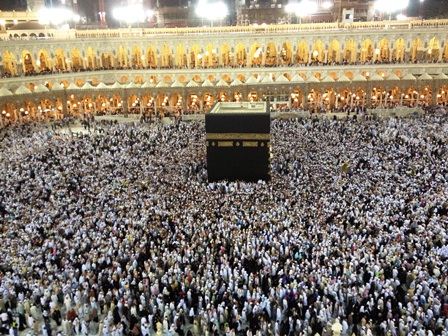 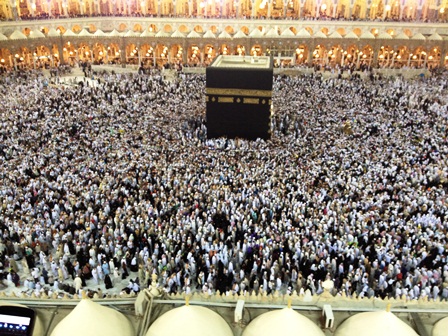
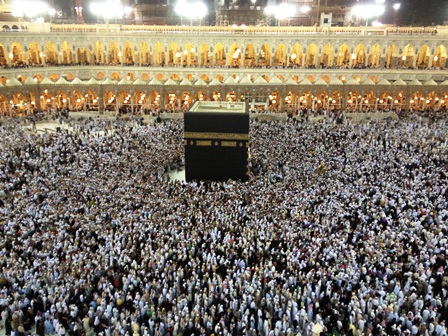 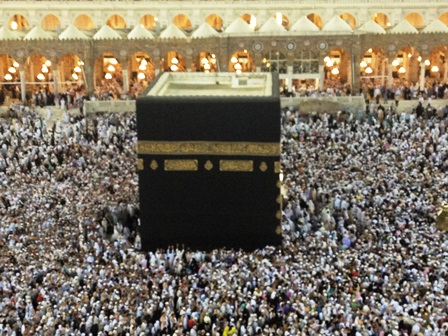 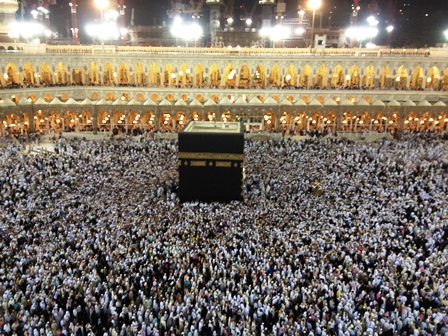
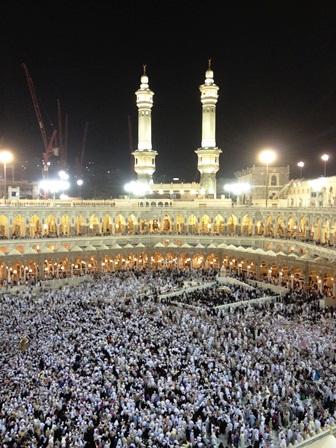 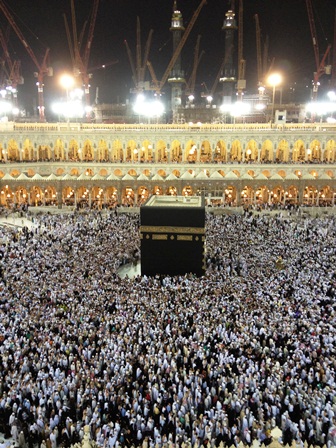 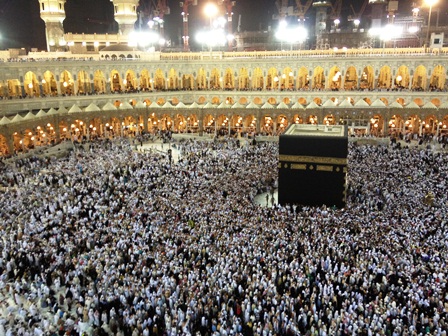
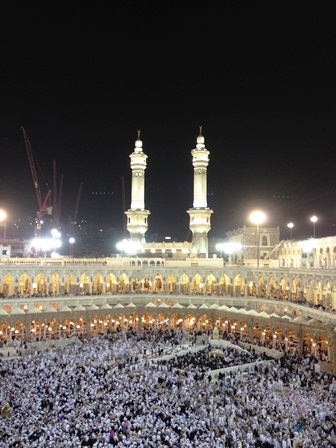 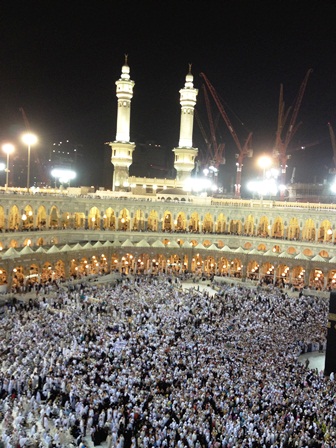 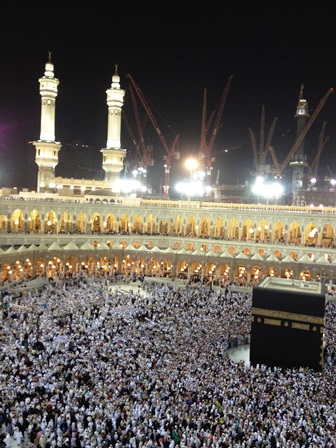
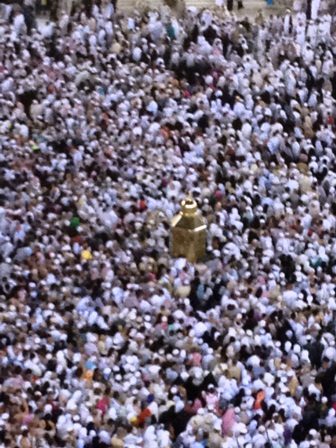 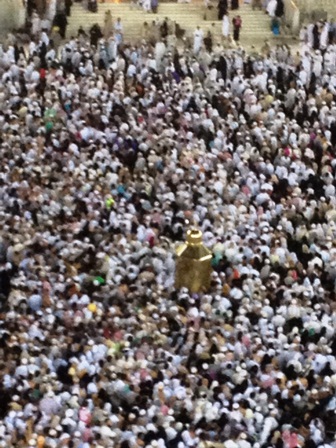 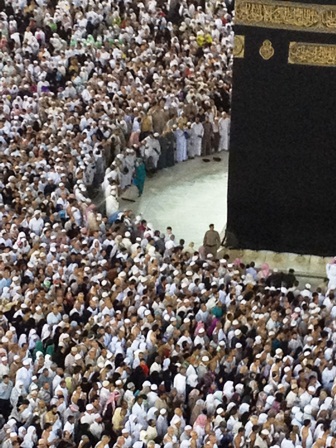
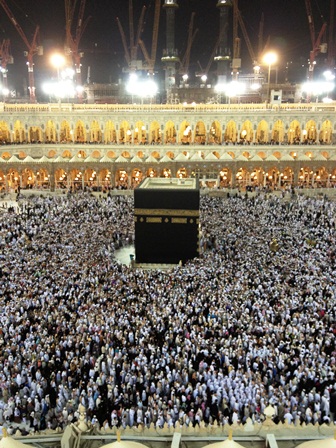 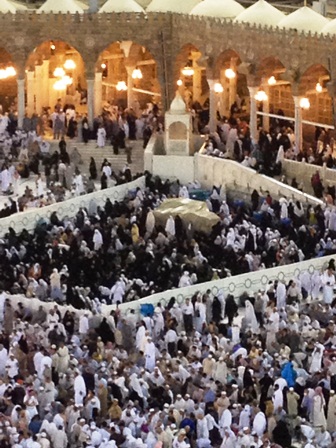 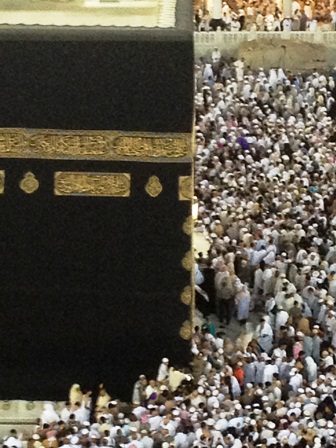
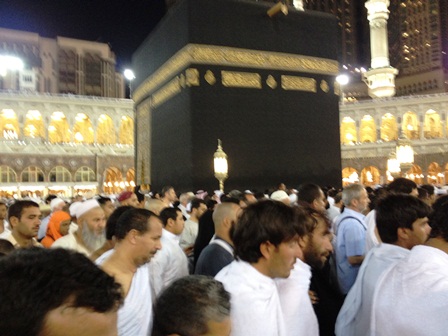 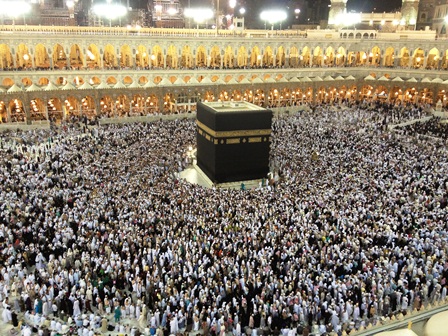 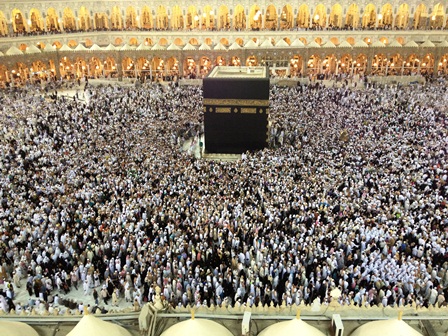
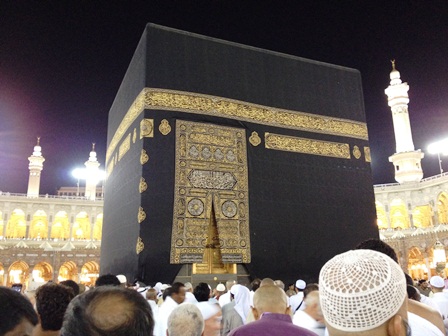 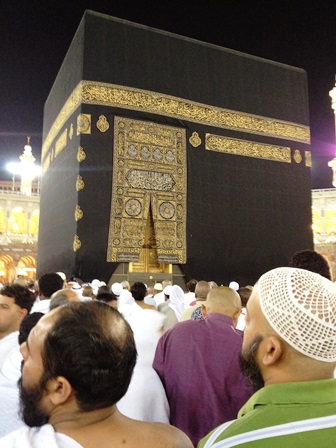 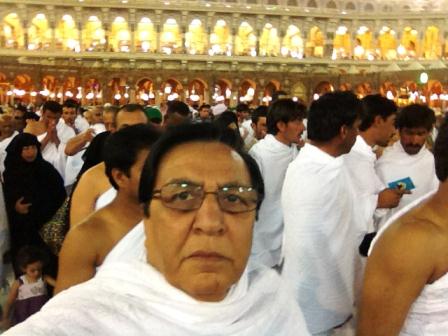
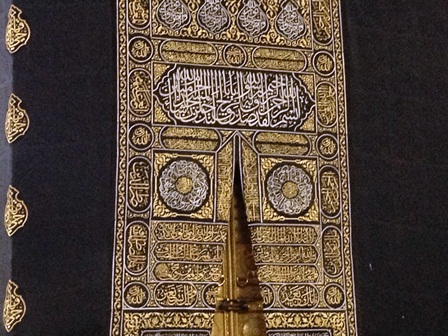 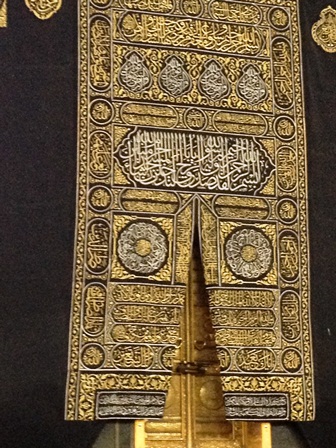 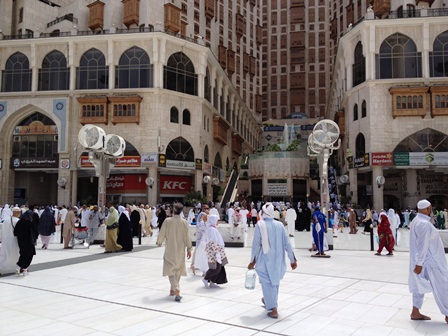
  
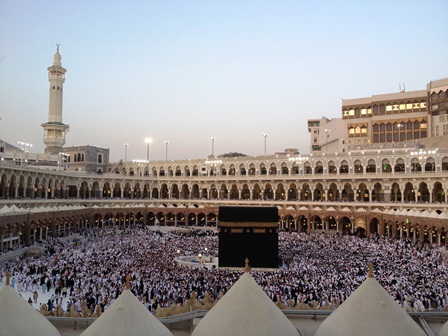 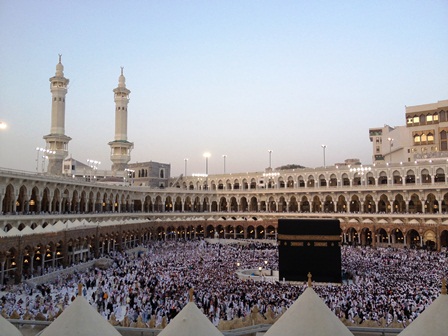 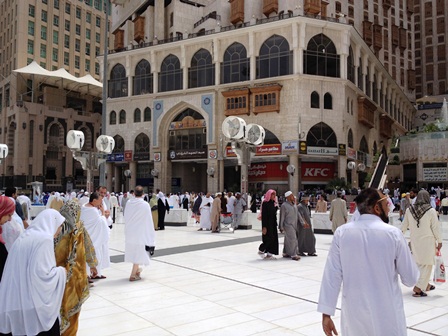 
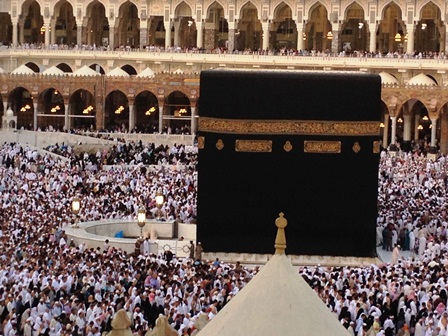  
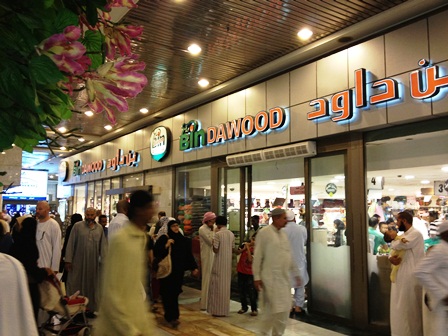 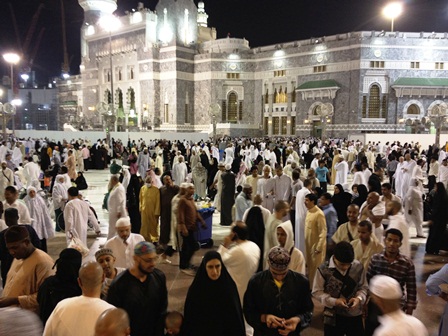 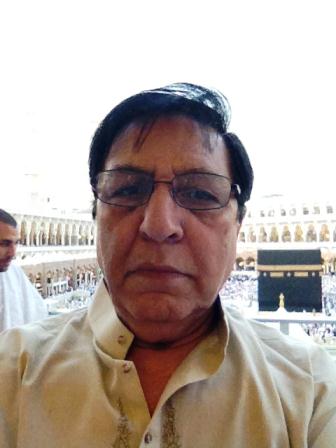
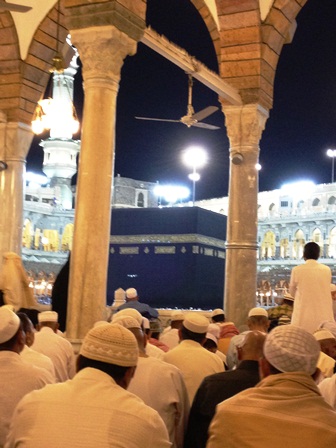 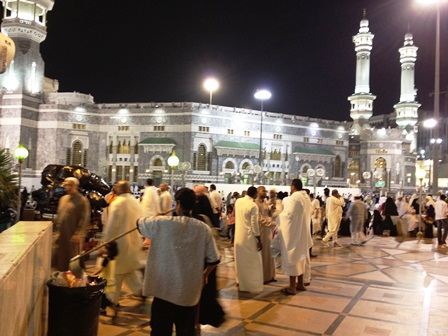 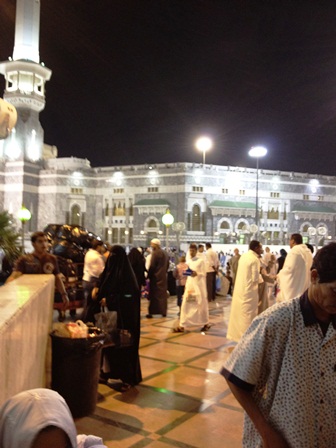
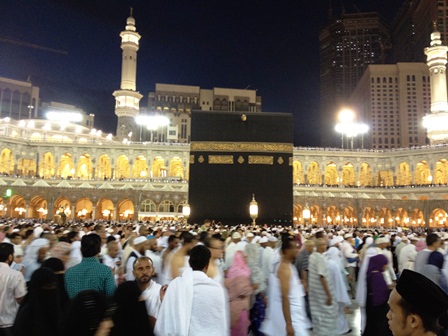 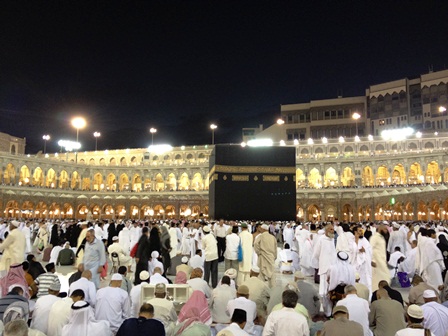 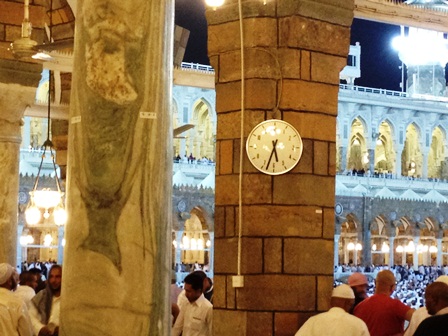
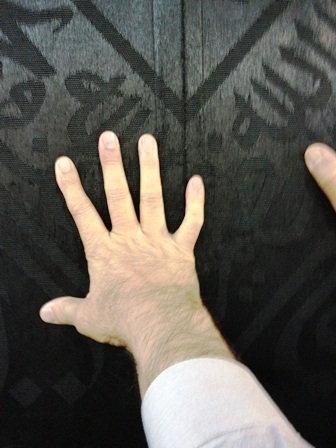 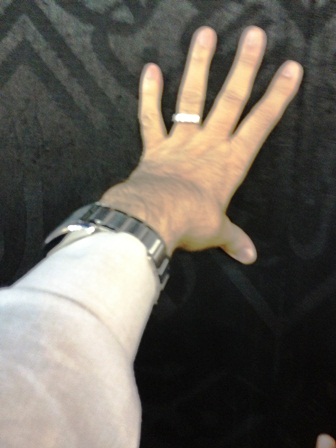 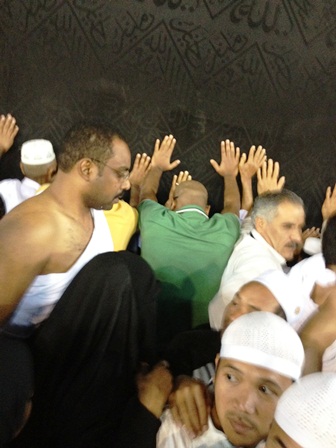
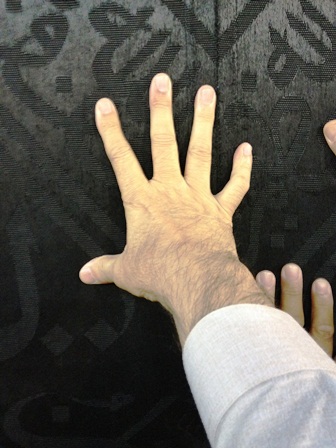 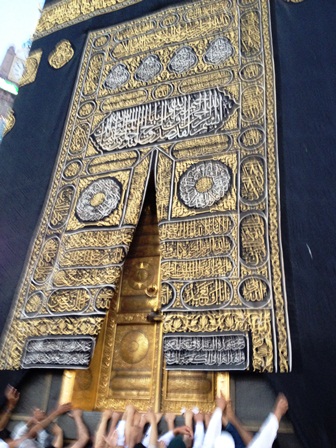 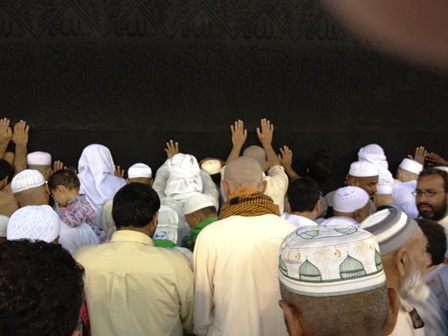
  
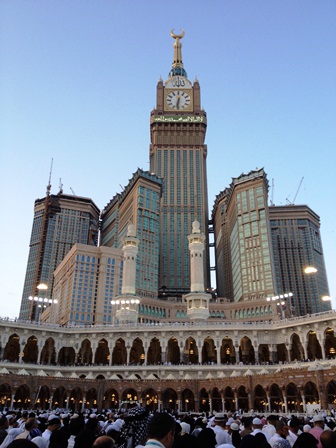 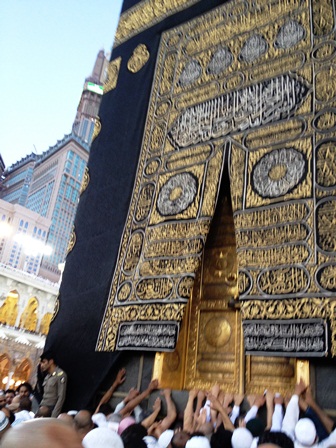 
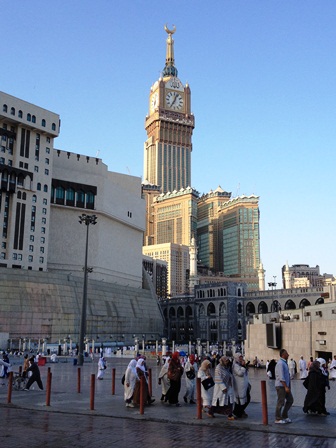 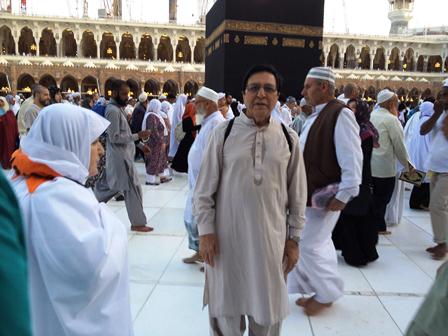 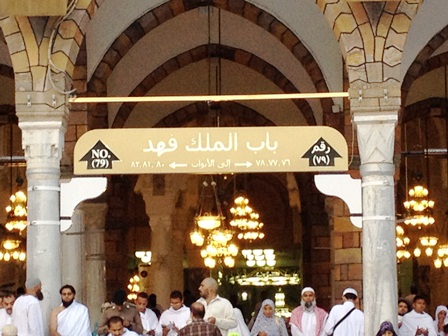
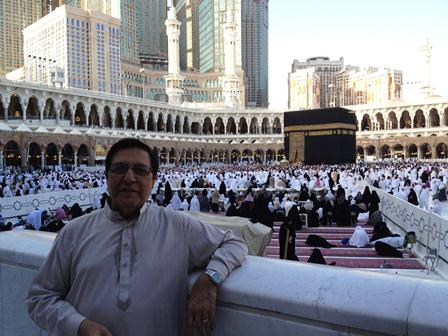 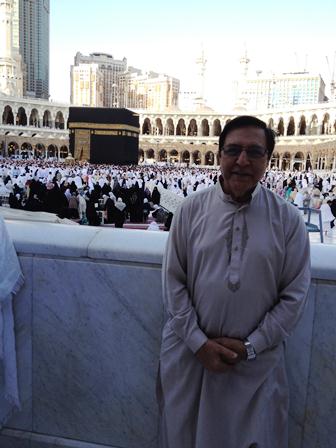 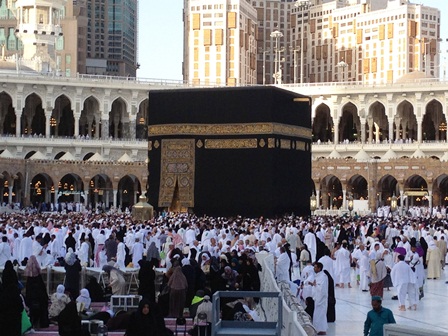
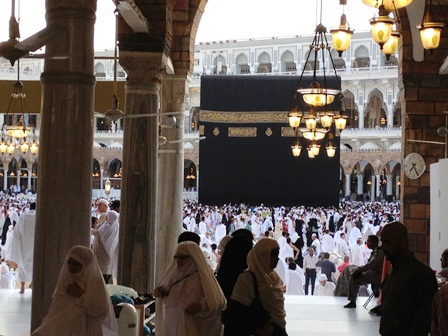 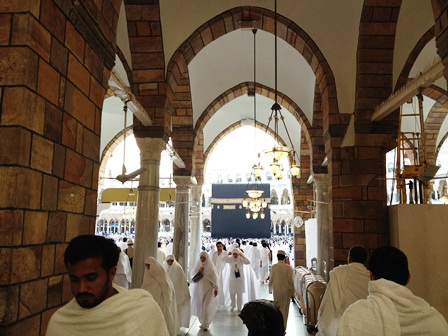 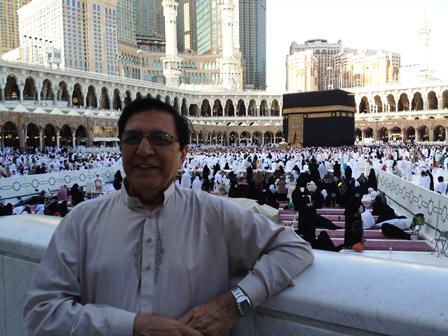
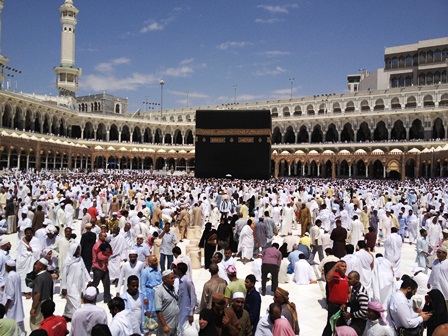 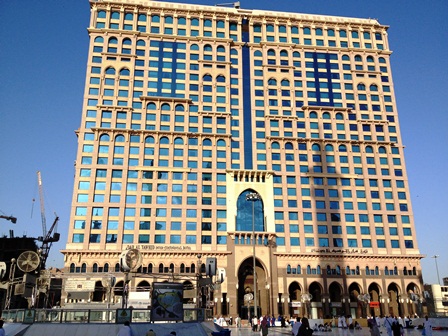 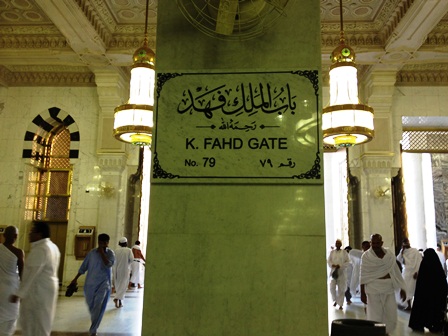
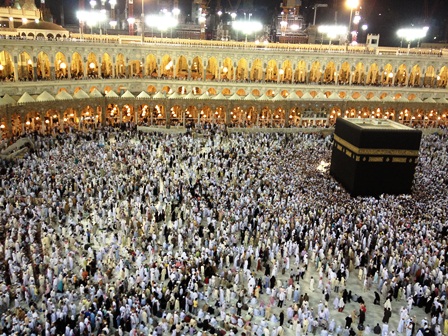 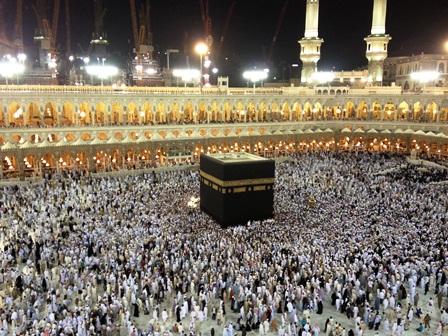 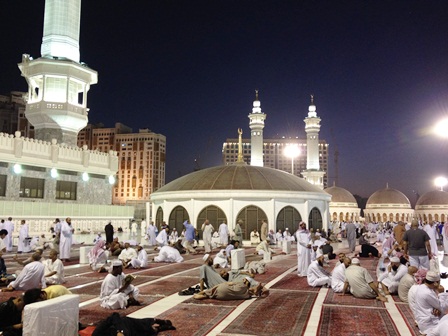
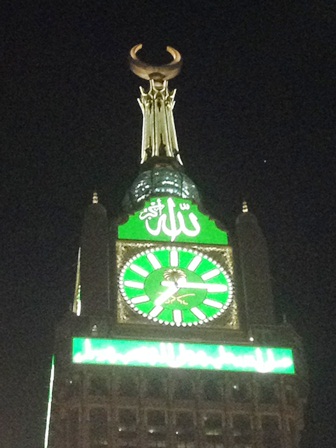 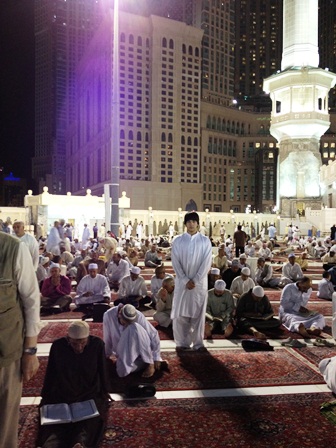 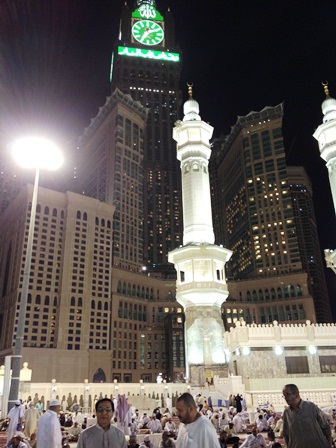
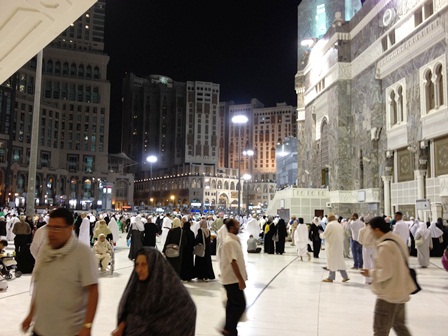 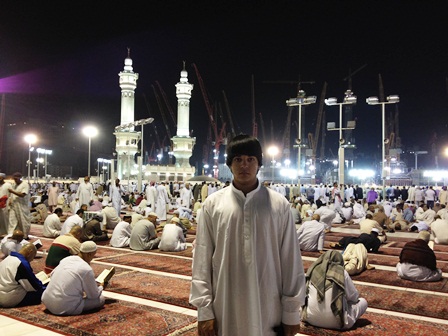 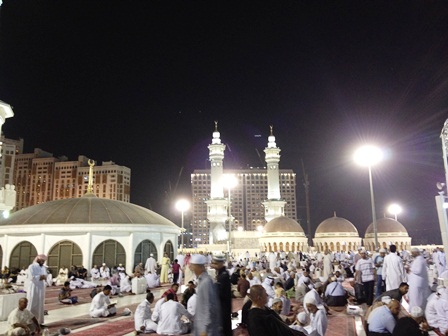
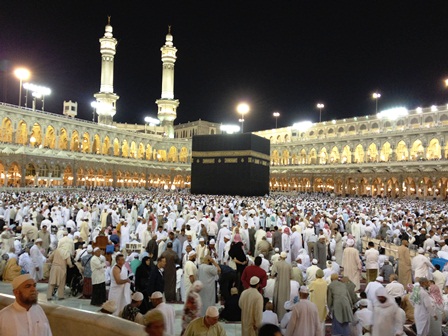 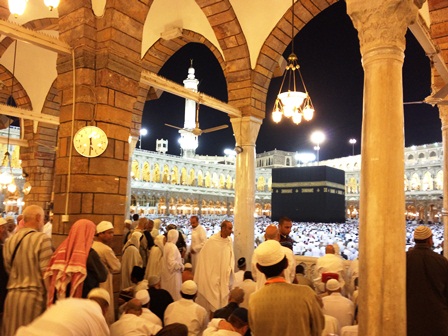 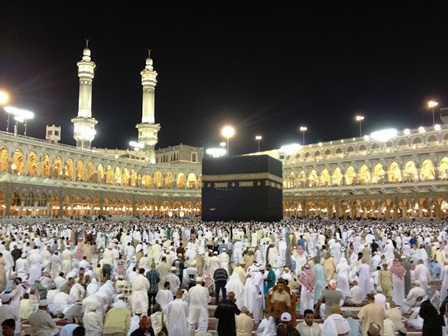
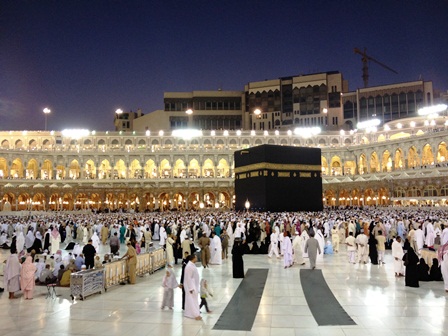 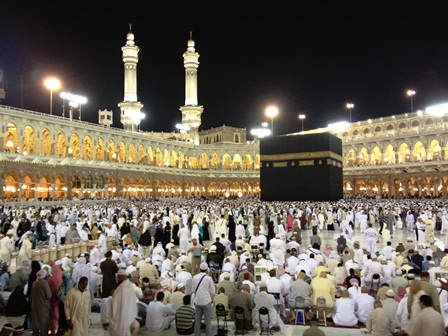 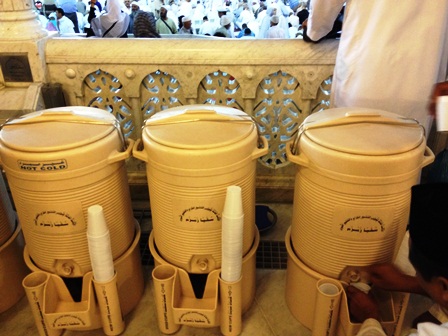
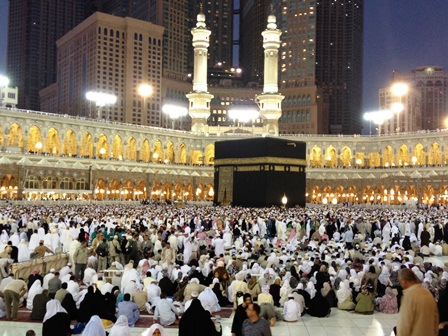 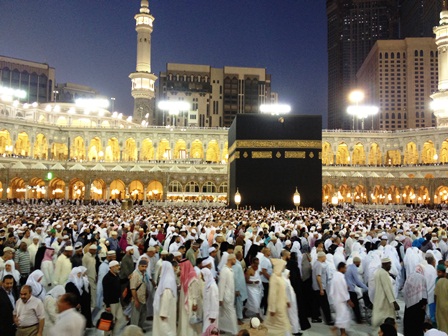 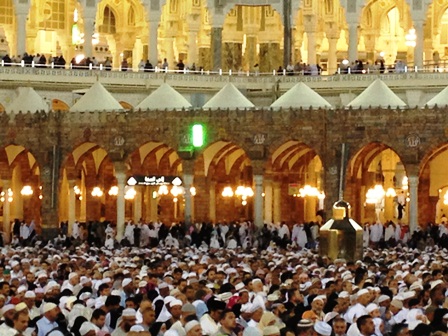
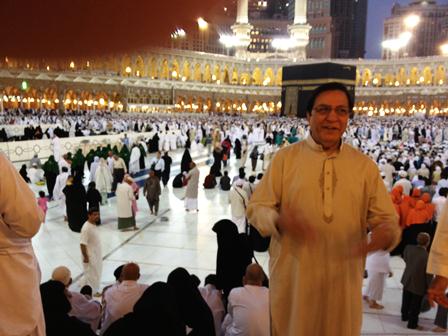 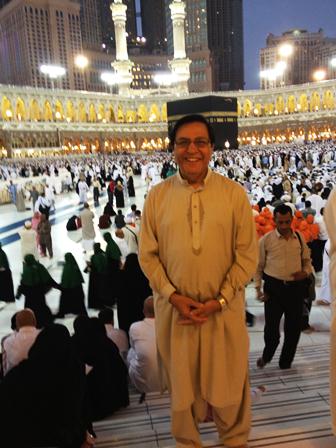 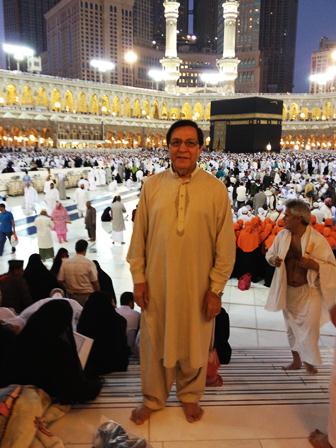 
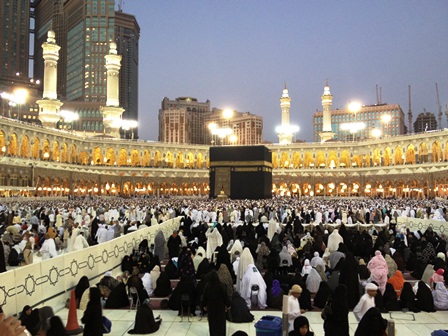 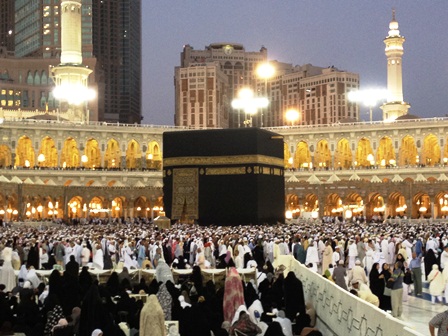 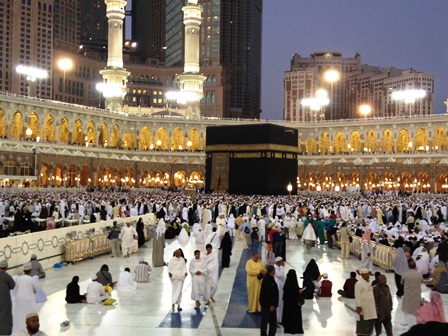
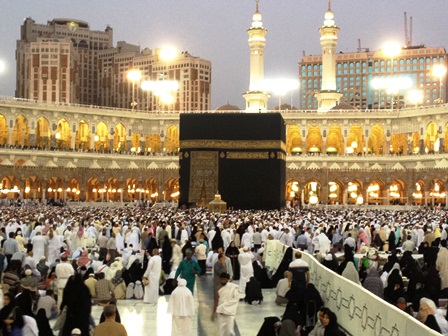 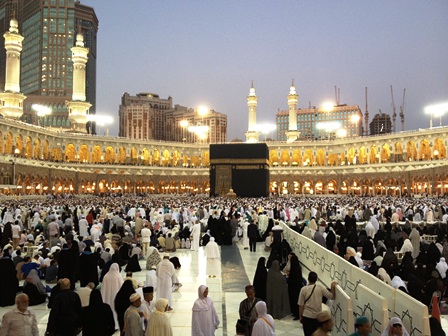 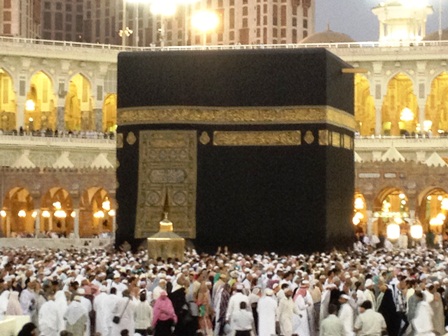
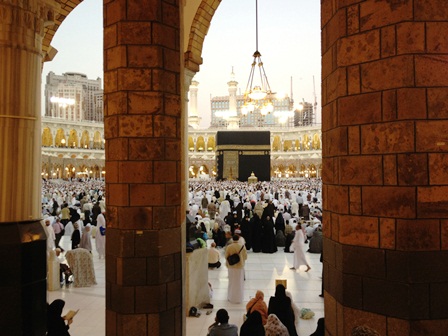 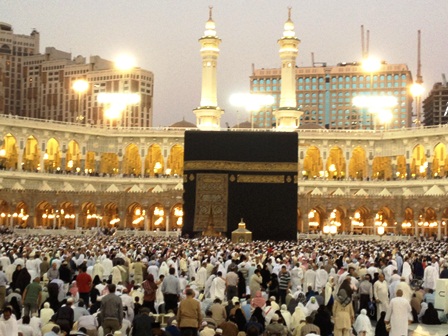 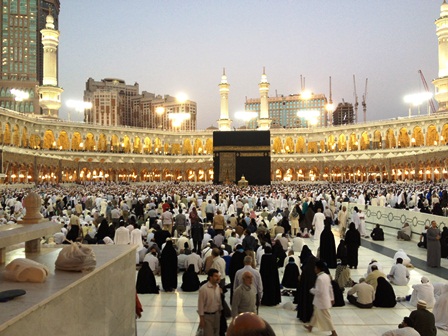
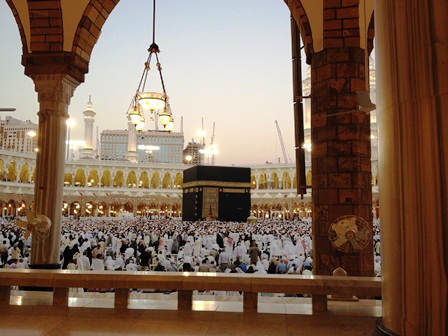 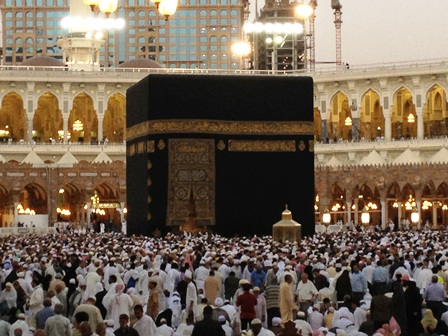 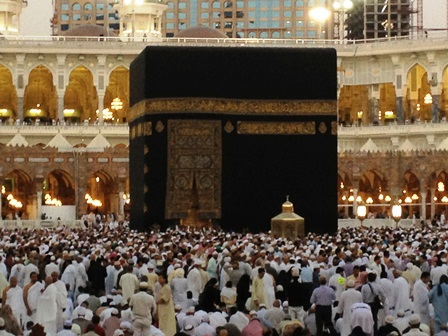
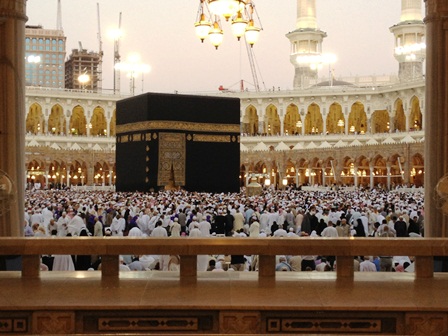 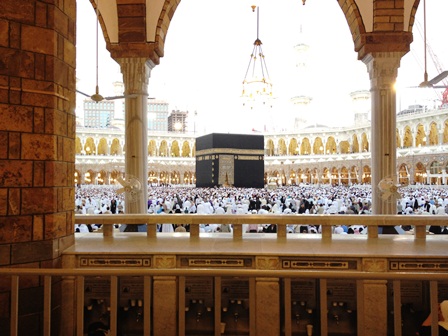 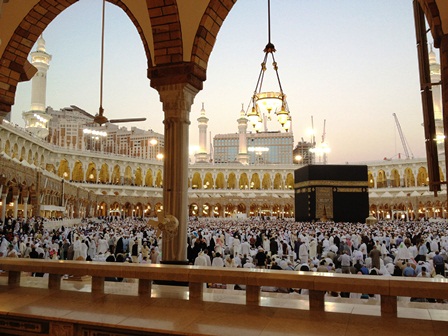
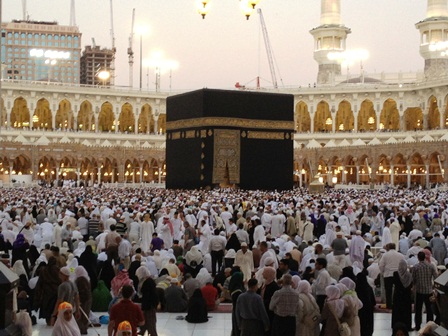 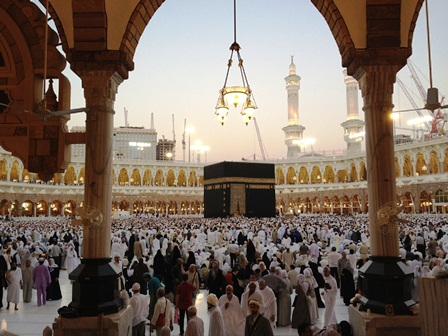 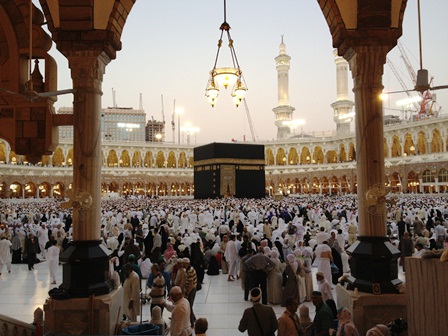
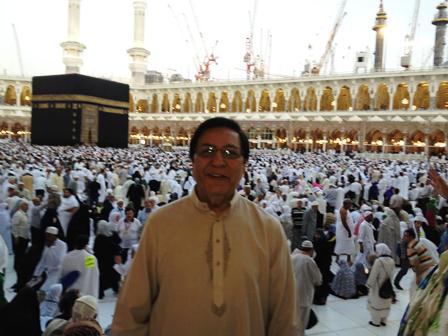 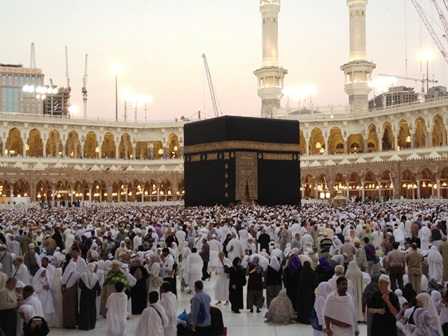 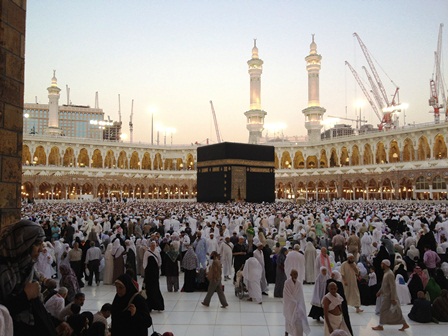
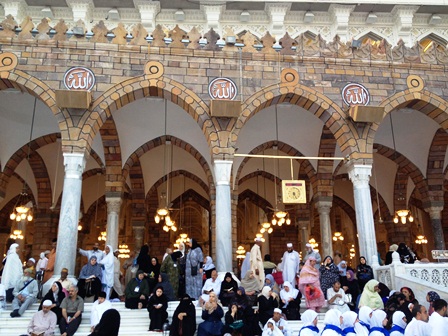 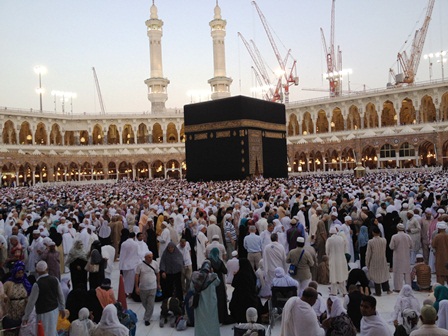 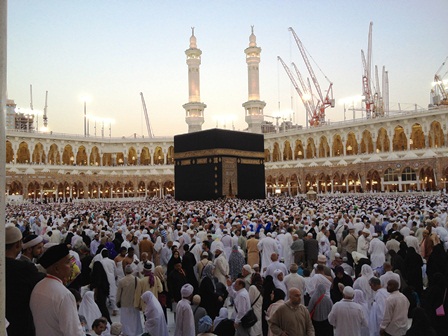
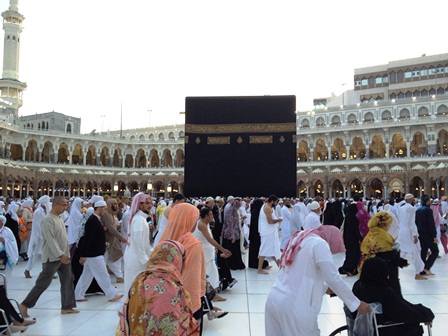 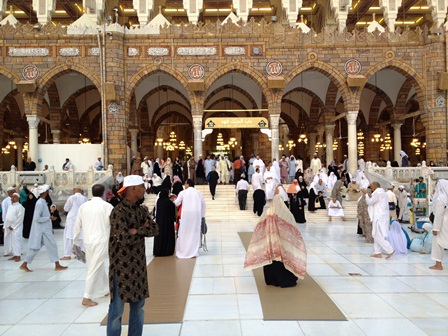 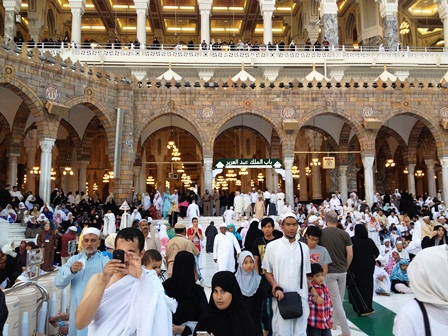
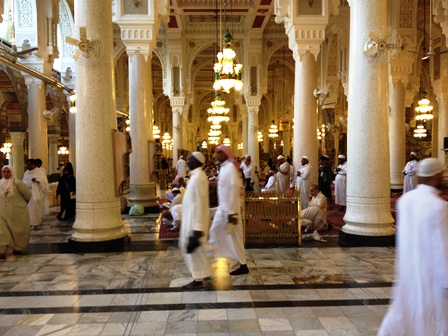 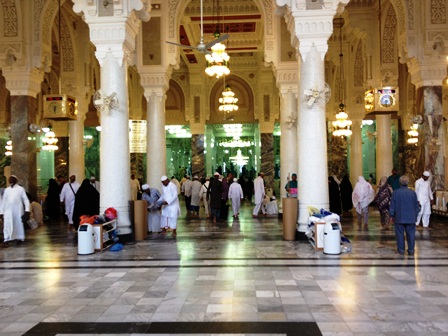 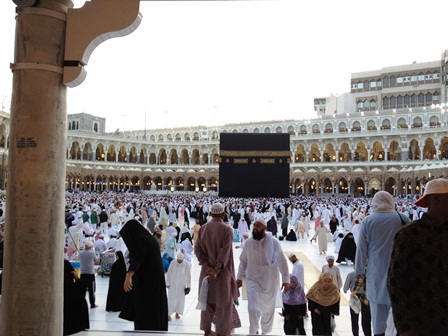 
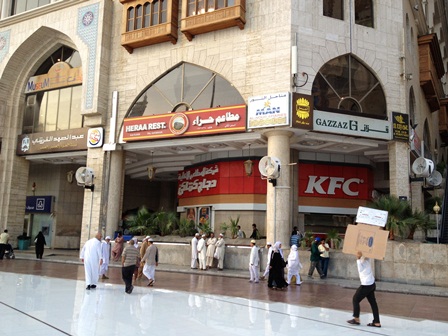 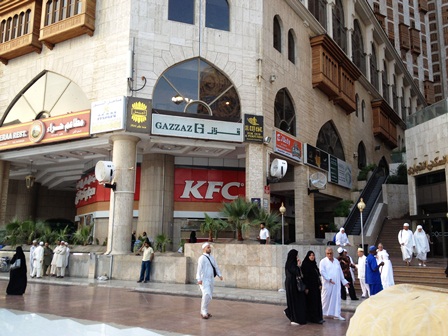 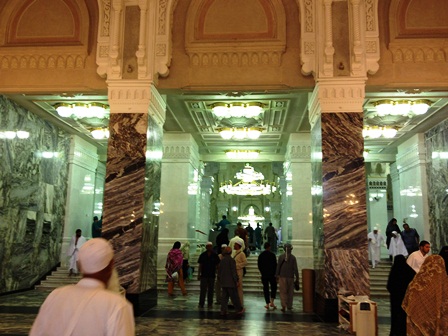
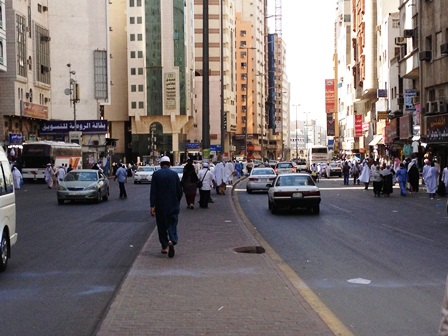 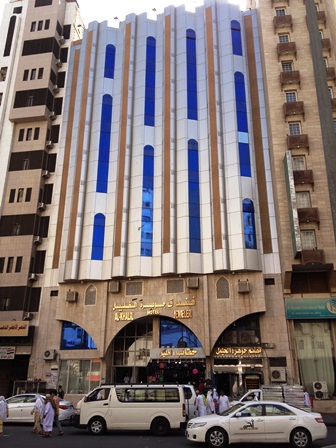 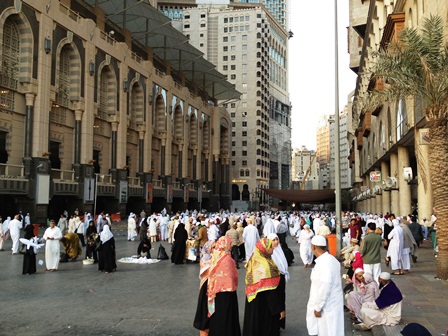
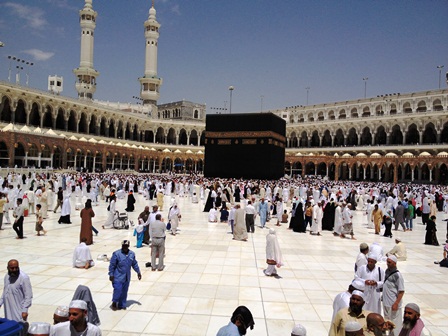 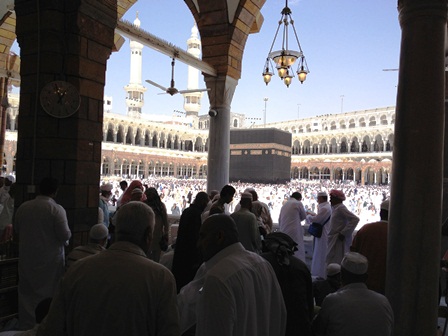 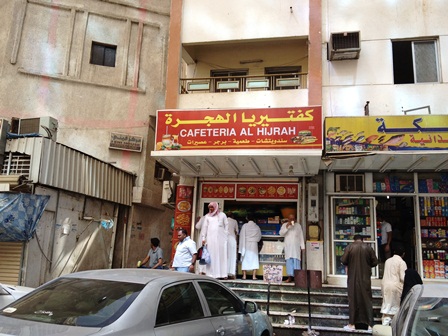
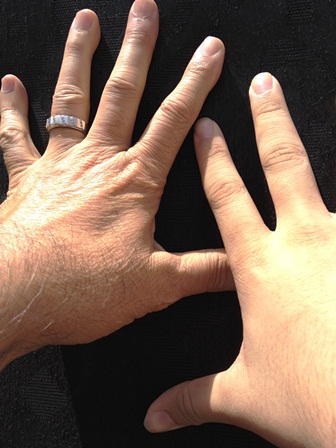 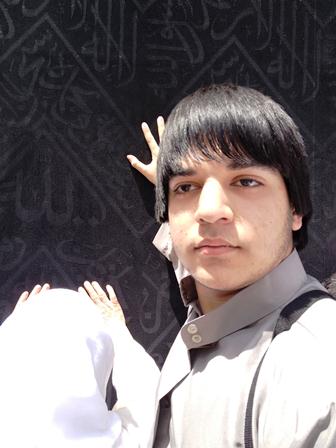 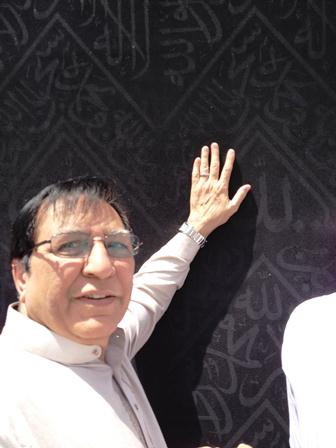
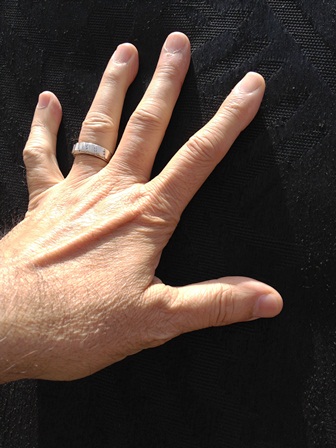 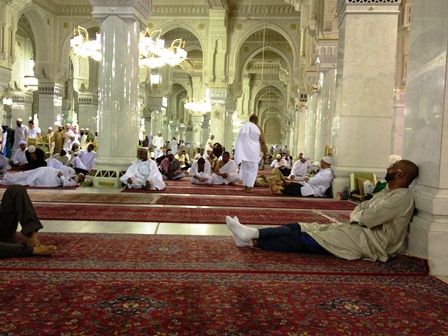 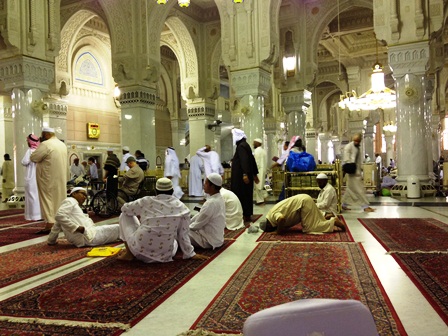
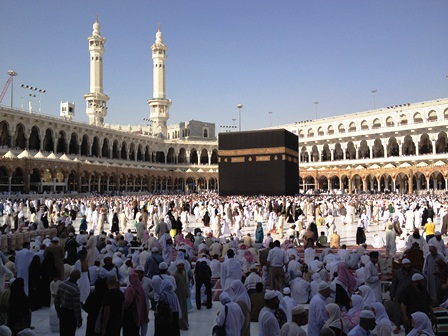 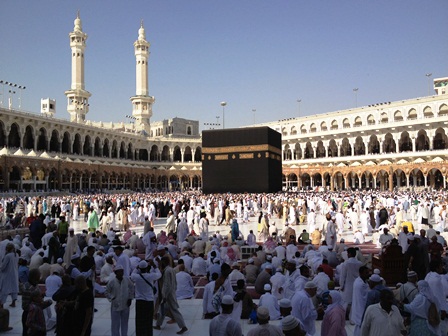 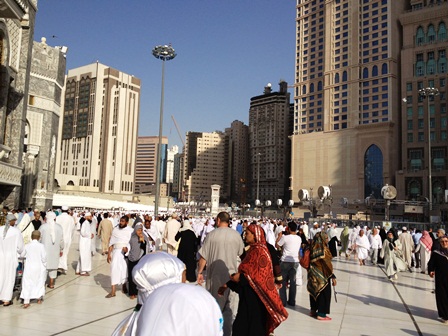
Sunnah method & description of Umrah
Hanafi Madhab Fiqh Manual with Evidence from Qur'aan, Sunnah, Ijmah & Qiyas

For a detailed
Hajj & Umrah guide please use the following link:
http://www.central-mosque.com/fiqh/simpleh.pdf
1.
Umrah literally means to make intention of visiting a habitable place. In
Shariah it means ‘to pass the miqaat in Ihraam, to do Tawaaf of Baitullah, to
perform Sa'ee of Safaa and Marwah and to shave or trim the hair.
2. For performing Umrah, a person MUST enter in a “state” of Ihram before
Miqat. State of Ihram is wearing two white sheets of cloth (for men), making
intention and reciting Talbiyah, it is a common misunderstanding that “state” of
Ihram is simply wearing the two white sheets of cloth (for men).
3. State of Ihram must be adopted before entering Miqat which is a boundary
around Makkah designated in all directions. Pilgrims getting to Makkah must take
their respective direction (or travel) and Miqat into consideration. Residents
of Makkah or those who have become (temporary) residents of Makkah should adopt
the Ihram of Umrah from Tan’eem, which is just outside of Makkah, Masjid Aisha
(RA) is situated at Tan’eem; it is not required for them to travel to the
nearest Miqat.
Narrated Ibn Abbas (RA): Allah's Apostle (ﷺ)had
fixed Dhul Hulaifa as the Miqat for the people of Medina; Al-Juhfa for the
people of Sham; and Qarn Ul-Manazil for the people of Najd; and Yalamlam for the
people of Yemen. So, these (above mentioned) are the Mawaqit for all those
living at those places, and besides them for those who come through those places
with the intention of performing Hajj and 'Umra and whoever lives within these
places should assume Ihram from his dwelling place, and similarly the people of
Mecca can assume lhram from Mecca. [Bukhari]
Narrated Al-Qasim bin Muhammad (RA): ' Aisha (RA) said, "We set out with Allah's
Apostles in the months of Hajj, and (in) the nights of Hajj, and at the time and
places of Hajj and in a state of Hajj. We dismounted at Sarif (a village six
miles from Mecca). The Prophet (ﷺ)
then addressed his companions and said, "Anyone who has not got the Hadi and
likes to do Umra instead of Hajj may do so (i.e. Hajj-al-Tamattu) and anyone who
has got the Hadi should not finish the Ihram after performing ' Umra). (i.e.
Hajj-al-Qiran). Aisha (RA) added, "The companions of the Prophet (ﷺ)
obeyed the above (order) and some of them (i.e. who did not have Hadi) finished
their Ihram after Umra." Allah's Apostle (ﷺ)
and some of his companions were resourceful and had the Hadi with them, they
could not perform Umra (alone) (but had to perform both Hajj and Umra with one
Ihram). Aisha (RA) added, "Allah's Apostle (ﷺ)
came to me and saw me weeping and said, "What makes you weep, O Hantah?" I
replied, "I have heard your conversation with your companions and I cannot
perform the Umra." He asked, "What is wrong with you?' I replied, ' I do not
offer the prayers (i.e. I have my menses).' He said, ' It will not harm you for
you are one of the daughters of Adam, and Allah has written for you (this state)
as He has written it for them. Keep on with your intentions for Hajj and Allah
may reward you that." Aisha (RA) further added, "Then we proceeded for Hajj till
we reached Mina and I became clean from my menses. Then I went out from Mina and
performed Tawaf round the Ka'ba." Aisha (RA) added, "I went along with the
Prophet (ﷺ)
in his final departure (from Hajj) till he dismounted at Al-Muhassab (a valley
outside Mecca), and we too, dismounted with him." He (ﷺ)
called ' Abdur-Rahman bin Abu Bakr (RA) and said to him, ' Take your sister
outside the sanctuary of Mecca and let her assume Ihram for ' Umra, and when you
had finished ' Umra, return to this place and I will wait for you both till you
both return to me.' " ' Aisha (RA) added, ' ' So we went out of the sanctuary of
Mecca and after finishing from the ' Umra and the Tawaf we returned to the
Prophet (ﷺ)
at dawn. He (ﷺ)
said, 'Have you performed the ' Umra?' We replied in the affirmative. So he
announced the departure amongst his companions and the people set out for the
journey, and the Prophet: too left for Medina.'' [Bukhari]
Note:
Miqat from various locations are as follows:
a) From Madina & North: Dhul-Hulaifa which is approximately 410 KM North of
Makkah
b) From Iraq and North-East: Dhat-Iraq which is approximately 90 KM North-East
of Makkah
c) From Syria and North-West: Juhfa which is approximately 187 KM North-West of
Makkah
d) From Naj’d and East: Qarnal-Manail which is approximately 80 KM East of
Makkah
e) From Yemen and South-East: Yalamlam which is approximately 130 KM South-East
of Makkah
4. It
is recommended to clip the nails, remove hair (from under-ram & pubic hair),
make Ghusl, wear the two white sheets of cloth (for men), apply fragrance and
then pay two Rakaat of Salah for Ihram.
Since it is impressible to cut hair and clip nails afterwards, it is recommended
to do so before adopting the state of Ihram.
There is a consensus of opinion that it is Sunnah-Moakkidah to perform Ghusl
before adopting the state of Ihram. [Fathur-Rabbani]
Ibn-Abbas (RA) narrates that Rasul-ullah (ﷺ)
peformed Ghusl and thereafter he donned the sheets of Ihraam, then he (ﷺ)
arrived at Dhul-Hulaifa and paryed two Rakaats. He (ﷺ)
then mounted his camel and when he reached the plain of Bai’da he assumed the
Ihraam for Hajj (i.e. recited the Talibiyah). [Tirmidhi]
'A'isha (RA), the wife of the Apostle of Allah (ﷺ),
reported: I applied perfume to the Messenger of Allah (ﷺ)
with my own hand before he entered upon the state of Ihram, and as he concluded
it before-circumambulating the House (for Tawaf-i-lfada). [Bukhari]
Note:
There are no designated clothes of Ihram for women and they should not apply
fragrance for the smell to reach men who are strangers to them.
5.
Make the intention for Umrah before starting, “I am performing Umrah for Allah (SWT)”.
Rasul-ullah (ﷺ)
has said, “Every action is based on Intention, and everyone shall have what he
intended”. [Bukhari]
Note: Intention doesn’t need to be uttered verbally or loudly, it is an action
of the heart.
6.
Talbiyah should now be recited audibly and loudly by men and in a low voice by
women and should be continued as often as possible during the state of Ihram.
لَبَّيْكَ اَلّلٰهُمَّ لَبَّيْكَ . لَبَّيْكَ
لاَ شَرِيْكَ لَكَ لَبَّيْكَ
اِنَّ الْحَمْدَ وَالنِّعْمَةَ لَكَ وَالْمُلْكَ
لاَ شَرِيْكَ لَكَ
I am present, O Allah! I am present. I am present, You have no partners, I am
present.
All praise and bounty is for You and the kingdom is for You and You have no
partners.
'Abdullah b. 'Umar (RA) reported that the Messenger of Allah (ﷺ)
entered upon the state of Ihram near the mosque at Dhu'l-Hulaifa as his camel
stood by it and he said: Here I am at Thy service, O Lord; here I am at Thy
service: here I am at Thy service. There is no associate with Thee. Here I am at
Thy service. All praise and grace is due to Thee and the sovereignty (too).
There is no associate with Thee. They (the people) said that 'Abdullah b. 'Umar
said that that was the Talbiya of the Messenger of Allah (ﷺ).
Nafi' said: 'Abdullah (RA) made this addition to it: Here I am at Thy service;
here I am at Thy service; ready to obey Thee. The Good is in Thy Hand. Here I am
at Thy service. Unto Thee is the petition and deed (is also for Thee). [Muslim]
7.
After donning the two white sheets (for men), making intention and reciting the
Talbiyah, the following acts become Haram:
a) Fighting backbiting, swearing and arguing
b) To hunt or kill any land based animals or assist anyone else in such an act
c) To cut hair or clip nails or comb hair in a manner that hair fall out
d) For both men and women to cover their faces in a manner that a piece of cloth
will touch their faces
e) For men to cover their head
f) To use perfume, perfumed soap or perfumed towels (commonly distributed during
flights)
g) For men to cover the ankle-bone and the bone sticking out on the top of the
foot (*)
h) Talking about sexual desires, kissing or touching the spouse with sexual
intent
[2:197] The Hajj is (to be performed in) the months that are well-known. So
whoever undertakes Hajj in them, there should be no obscenity, no sin, no
quarrel in the Hajj. Whatever good you do, Allah will know it. Take provisions
along, for the merit of (having) provision is to abstain (from begging), and
fear Me, O men of understanding!
[5:95] O you who believe, do not kill game when you are in Ihrām (state of
consecration for Hajj or Umrah). If someone from among you kills it
deliberately, then compensation (will be required) from cattle equal to what one
has killed, according to the judgment of two just men from among you, as an
offering due to reach the Ka‘bah, or an expiation, that is, to feed the poor, or
its equal in fasts, so that he may taste the punishment of what he did. Allah
has forgiven what has passed, but whoever does it again, Allah shall subject him
to retribution. Allah is Mighty, Lord of Retribution. [5:96] Made lawful for you
is the game of the sea and eating thereof, as a benefit for you and for
travelers. But the game of the land has been made unlawful for you as long as
you are in the state of Ihrām. Fear Allah (the One) towards Whom you are to be
brought together.
[2:196] Accomplish the Hajj and the
‗Umrah
for Allah, but if you are restricted, then (sacrifice) whatever animal of
offering is available, and do not shave your heads until the offering reaches
its place. But if anyone of you is ill, or has some trouble with his scalp, then
there is a ransom through fasting or alms giving. And when you are safe, then,
whoever avails the advantage of the
‗Umrah
along with the Hajj shall make an offering of whatever animal is available.
However, any one who finds none shall fast for three days during Hajj, and for
seven days when you return; thus they are ten in all. This is for him whose
family folk are not residents of Al-Masjid-ul-Harām. Fear Allah and be aware
that Allah is severe in punishment.
There is a consensus of opinion amongst scholars that it is Haram to clip nails
during the state of Ihram. [Al-Mughni]
Narrated 'Abdullah bin Umar (RA): A person stood up and asked, "O Allah's:
Apostle(ﷺ)!
What clothes may be worn in the state of Ihram?" The Prophet replied (ﷺ),
"Do not wear a shirt or trousers, or any headgear (e.g. a turban), or a hooded
cloak; but if somebody has no shoes he can wear leather stockings provided they
are cut short off the ankles, and also, do not wear anything perfumed with Wars
or saffron, and the Muhrima (a woman in the state of Ihram) should not cover her
face, or wear gloves." [Bukhari]
Note:
There is a difference of opinion on the issue, however in the Hanafi Madhab the
exposing of the bone is interpreted to mean to expose the top bone of the foot
as well as the
ankle-bone.
8.
Continue to recite the Talbiyah (loudly and audibly for men) and ask Allah (SWT)
for forgiveness after the Talbiyah.
Jabir Ibn Abdullah (RA) narrates that Rasul-ullah (ﷺ)
used to recite the Talbiyah when he saw a caravan, when he ascended a hill, when
he descended into a valley, after Fardh Salah and in the last part of the Night.
[Ibn Asakar]
Khuzaima Ibn Thabit (RA) that Rasul-ullah (ﷺ)
used to ask for forgiveness (from Allah (SWT)), His (SWT)’s pleasure and
deliverance from the fire of hell after the Talbiyah.[Tabarani] ]
9. It
is preferable to perform Ghusl and spend the night in Dhi-Tuwa and to enter
Makkah through Al-Mu’alla (Higher Thaniyah), then enter Majidul-Haram through
Bab As-Salam and make due when Kabah is sighted.
Narrated Nafi (RA): Ibn 'Umar (RA) used to spend the night at Dhi-Tuwa in
between the two Thaniyas and then he would enter Mecca through the Thaniya which
is at the higher region of Mecca, and whenever he came to Mecca for Hajj or 'Umra,
he never made his she camel kneel down except near the gate of the Masjid
(Sacred Mosque) and then he would enter (it) and go to the Black (stone) Corner
and start from there circumambulating the Ka'ba seven times: hastening in the
first three rounds (Ramal) and walking in the last four. On finishing, he would
offer two Rakat prayer and set out to perform Tawaf between Safa and Marwa
before returning to his dwelling place. On returning (to Medina) from Hajj or 'Umra,
he used to make his camel kneel down at Al-Batha which is at Dhu-l-Hulaifa, the
place where the Prophet (ﷺ)
used to make his camel kneel down.
Jabir (RA) narrates that Rasul-ullah (ﷺ)
entered Makkah when the sun had risen sufficiently and made his camel kneel down
near Baab Bani-Shaiba and then entered the Masjid. [Muslim]
Hudaifa Ibn Aseed (RA) narrates that Rasul-ullah (ﷺ)
used to make dua upon looking at the Kabah saying, “O Allah! Increase the honour,
status and magnitude of your house”. [Tabarani]
Imam Saeed Ibn Mussayab (RA) narrates that I have heard Abdullah Ibn Umar (RA)
making a dua and no one else hearing it is alive today, upon seeing the Kaabah
he used to make dua, “O Allah! You are peace and from You is peace. Keep us
alive with peace.” [Baihaqi]
The two Ahadeeth quoted above have weakness in their chain of transmission but
it is Mustahab according to all Four Imams of Fiqh to make dua upon seeing the
Kaabah. [Fathur-Rabbani]
Makhool (RA) narrates that when Rasul-ullah (ﷺ)
used to enter Makkah and his sight used to fall on the Kaabah he used to raise
his hands, utter the Takbeer (Allahu-Akbar) and make the dua, “O Allah! You are
peace and from You is peace. Keep us alive with peace. O Allah! Increase the
honour, status and magnitude of this house and increase the honour, status and
magnitude of the one who performs Hajj or Umrah of this house.” [Baihaqi, Musnad
Imam Shaf’ae]
اَلّلٰهُمَّ اَنْتَ السَّلاَمُ
وَمِنْكَ السَّلاَمُ فَحَيِّنَا رَبَّنَا بِالسَّلاَمِ
.
اَلّلٰهُمَّ زِدْ هٰذَا
الْبَيْتَ تَشْرِيْفًا وَّتَعْظِيْمًا وَّتَكْرِيْمًا وَّمَهَابَةً وَّزِدْ مَنْ
شَرَّفَه‘ وَآَرَّمَه‘ مِمَّنْ حَجَّه‘ اَوِاعْتَمَرَه‘
تَشْرِيْفًا
وَّتَعْظِيْمًا وَّتَكْرِيْمًا وَّبِرًا
.
O Allah, You are the (giver of) security and it is only from You that security
is obtained.
O our Lord keep us alive with security (well-being).
O Allah, increase the virtue, grandeur, eminence and awe of this House and that
person who respects and honours this House, from amongst them those who perform
Hajj and Umrah of it, increase their virtue, grandeur, eminence and prosperity.
10.
Make the intention for Tawaf of Umrah before starting, “I am performing Tawaf of
Umrah for Allah (SWT)”.
Rasul-ullah (ﷺ)
has said, “Every action is based on Intention, and everyone shall have what he
intended”. [Bukhari]
Note:
Intention doesn’t need to be uttered verbally or loudly, it is an action of the
heart.
11.
It is preferable to recite
بِسْمِ اللهِ اَللهُ
اَآْبَرُ وَ للهِ الْحِمْدُ
raise hands (like at the beginning of Salah) while facing Hajrul-Aswad (black
stone) before starting Tawaf and it should only be done once.
Makhool (RA) narrates that when Rasul-ullah (ﷺ)
used to enter Makkah and his sight used to fall on the Kaabah he used to raise
his hands, utter the Takbeer (Allahu-Akbar) and make the dua, “O Allah! You are
peace and from You is peace. Keep us alive with peace. O Allah! Increase the
honour, status and magnitude of this house and increase the honour, status and
magnitude of the one who performs Hajj or Umrah of this house.” [Baihaqi, Musnad
Imam Shaf’ae]
Note:
There is a difference of opinion amongst Scholars on raising the hands with some
declaring it preferable while others regarding it neither preferable nor
blameworthy since the Hadeeth mentioned above is Mursal.
12.
Before starting Tawaf it is Sunnah to kiss the black stone or point in its
direction (due to crowds etc.). There is no Tahiyatul-Masjid Salah for Masjidul
Haram as its Tahiyatul-Masjid is Tawaf.
Jabir b. Abdullah (RA) reported that when Allah's Messenger (ﷺ)
proceeded to Mecca, he came to it (the Black Stone). he kissed it. and moved to
his right. and moved quickly in three circuits, and walked in four circuits.
Narrated Ibn Abbas (RA): In his Last Hajj the Prophet (ﷺ)
performed Tawaf of the Ka'ba riding a camel and pointed a bent-headed stick
towards the Corner (Black Stone). [Bukhari]
Tahiyatul-Masjid Salah should not be done upon entering Masjidul-Haram as Tawaf
is the Tahiyatul-Masjid. If one enters the Mosque at the time of Fardh Salah
then he should join the congregation or if the time for Fardh Salah is escaping
and one has not prayed then Fardh Salah should be performed. There is no
disagreement amongst Scholars on this matter [Al-Mughni]
13.
Men should expose their right shoulder during Tawaf (for Hajj & Umrah). Men
should also walk briskly and defiantly while jutting their chests and shoulders
in the first three rounds. Tawaf should be done counter clockwise and it is
Sunnah to kiss the black stone or point in its direction (due to crowds etc.) at
the completion of each round while saying
اَللهُ اَآْبَرُ وَ للهِ الْحِمْدُ,
thus completing seven rounds and both shoulders should then be covered up.
Narrated Abdullah ibn Abbas (RA): The Apostle of Allah (ﷺ)
and his Companions performed umrah from al-Ji'ranah. They went quickly round the
House (the Ka'bah) moving their shoulders) proudly. They put their upper
garments under their armpits and threw the ends over their left shoulders. [Abu
Dawud]
Narrated Abdullah bin Umar (RA): The Prophet (ﷺ)
did Ramal (walking briskly and defiantly while jutting chests and shoulders) in
(first) three rounds (of Tawaf), and walked in the remaining four, in Hajj and
Umra. [Bukhari]
Narrated Umar ibn al-Khattab (RA): Aslam (RA) said: I heard Umar ibn al-Khattab
(RA) say: What is the need of walking proudly (ramal) and moving the shoulders
(while going round the Ka'bah)? Allah has now strengthened Islam and obliterated
disbelief and the infidels. In spite of that we shall not forsake anything that
we used to do during the time of the Apostle of Allah (ﷺ).
[Bukhari]
To kiss the black stone or point in its direction (due to crowds etc.) at the
completion of each round is Sunnah and there is no disagreement on this matter.
[Fathur-Rabbani]
Note:
Imam Nawawi (RA) has reported that to expose the right Shoulder (Idhthiba) and
Ramal (walking briskly and defiantly while jutting chests and shoulders) is
Sunnah for men only and there is no disagreement on the matter. [Fathur-Rabbani]
It is Haram to push and shove people to get near and kiss the black stone and to
try to reach near to Maqam Al-Ibraheem in the state of Ihram.
14.
During Tawaf walking should be done outside of Hateem as it is part of Kabah,
during Tawaf a person is free to make any duas or make any Dhik’r or recite the
Qur’aan. It is permissible to talk during Tawaf but it is preferable and
superior to abstain from talking and engage in the remembrance of Allah (SWT).
Narrated 'Aisha (RA): I asked the Prophet (ﷺ)
whether the round wall (near Ka'ba) was part of the Ka'ba. The Prophet (ﷺ)
replied in the affirmative. I (ra) further said, "What is wrong with them, why
have they not included it in the building of the Ka'ba?" He (ﷺ)said,
"Don't you see that your people (Quraish) ran short of money (so they could not
include it inside the building of Ka'ba)?" I (ra) asked, "What about its gate?
Why is it so high?" He (ﷺ)
replied, "Your people did this so as to admit into it whomever they liked and
prevent whomever they liked. Were your people not close to the Pre-lslamic
Period of ignorance (i.e. they have recently embraced Islam) and were I (ﷺ)
not afraid that they would dislike it, surely I (ﷺ)
would have included the (area of the) wall inside the building of the Ka'ba and
I (ﷺ)
would have lowered its gate to the level of the ground." [Bukhari]
Narrated Abdullah ibn Abbas (RA): The Apostle of Allah (ﷺ)
said, “Tawaf of the Kabah is similar to Salah except that you speak in it and
let the one who wants to speak (during it) speak good. [Tirmidhi]
15.
After Tawaf it is preferable (according to the Madhab of Imam Abu Haneefa (RA))
to kiss the black stone or point in its direction (due to crowds etc.). Then two
Rakaat of Salah should be performed while keeping Maqaam Al-Ibraheem between
yourself and the Kabah, Surah Qul Ya Ayuhal Kaafiron should be recited in the
first Rakaah while Surah Qul Ho Wallahu Ahad should be recited in the second
Rakaah.
[2:125] When We made the House (Ka‗bah
of Makkah) a frequented place for men, and a place of peace! Make from the
Station of Ibrāhīm a place of prayer. We gave the (following directive) to
Ibrāhīm and Ismā‗īl
(Ishmael): ―Purify My House for those who are to circumambulate (make Tawāf) and
those who stay in I‗tikāf,
and those who bow down or prostrate themselves (in prayers).
Narrated 'Abdullah bin 'Umar (RA): When Allah's Apostle performed Tawaf of the
Ka'ba for Hajj or 'Umra, he used to do Ramal during the first three rounds, and
in the last four rounds he used to walk; then after the Tawaf he used to offer
two Rakat (near Maqam Al-Ibraheem) and then performed Tawaf between Safa and
Marwa. [Bukhari]
Ja'far b Muhammad (RA) reported on the authority of his father: We went to Jabir
b. Abdullah (RA) and he began inquiring about the people (who had gone to see
him) till it was my turn. I said: I am Muhammad b. 'Ali b. Husain. He (RA)
placed his hand upon my head and opened my upper button and then the lower one
and then placed his palm on my chest (in order to bless me), and I was, during
those days, a young boy, and he said: You are welcome, my nephew. Ask whatever
you want to ask. And I asked him but as he was blind (he could not respond to me
immediately), and the time for prayer came. He stood up covering himself in his
mantle. And whenever he placed its ends upon his shoulders they slipped down on
account of being short (in size). Another mantle was, however, lying on the
clothes rack near by. And he led us in the prayer. I said to him: Tell me about
the Hajj of Allah's Messenger (May peace be upon him). And he pointed with his
hand nine, and then stated: The Messenger of Allah (ﷺ)stayed
in (Medina) for nine years but did not perform Hajj, then he made a public
announcement in the tenth year to the effect that Allah's Messenger (ﷺ)was
about to perform the Hajj. A large number of persons came to Medina and all of
them were anxious to follow the Messenger of Allah (ﷺ)and
do according to his doing. We set out with him till we reached Dhu'l-Hulaifa.
Asma' daughter of Umais gave birth to Muhammad b. Abu Bakr. She sent message to
the Messenger of Allah (ﷺ)asking
him: What should 1 do? He (the Holy Prophet) said: Take a bath, bandage your
private parts and put on Ihram. The Messenger of Allah (ﷺ)then
prayed in the mosque and then mounted al-Qaswa (his she-camel) and it stood
erect with him on its back at al-Baida'. And I saw as far as I could see in
front of me but riders and pedestrians, and also on my right and on my left and
behind me like this. And the Messenger of Allah (ﷺ)was
prominent among us and the (revelation) of the Holy Qur'an was descending upon
him. And it is he who knows (its true) significance. And whatever he did, we
also did that. He pronounced the Oneness of Allah (saying):" Labbaik,0 Allah,
Labbaik, Labbaik. Thou hast no partner, praise and grace is Thine and the
Sovereignty too; Thou hast no partner."
And the people also pronounced this Talbiya which they pronounce (today). The
Messenger of Allah (ﷺ)did
not reject anything out of it. But the Messenger of Allah (May peace. be upon
him) adhered to his own Talbiya. Jabir (Allah be pleased with him) said: We did
not have any other intention but that of Hajj only, being unaware of the Umra
(at that season), but when we came with him to the House, he touched the pillar
and (made seven circuits) running three of them and walking four. And then going
to the Station of Ibrahim, he recited:" And adopt the Station of Ibrahim as a
place of prayer." And this Station was between him and the House. My father said
(and I do not know whether he had made a mention of it but that was from Allah's
Apostle [May peace be upon him] that he recited in two rak'ahs:" say: He is
Allah One," and say:" Say: 0 unbelievers." He then returned to the pillar (Hajar
Aswad) and kissed it. He then went out of the gate to al-Safa' and as he reached
near it he recited:" Al-Safa' and al-Marwa are among the signs appointed by
Allah," (adding: ) I begin with what Allah (has commanded me) to begin. He first
mounted al-Safa' till he saw the House, and facing Qibla he declared the Oneness
of Allah and glorified Him, and said:" There is no god but Allah, One, there is
no partner with Him. His is the Sovereignty. to Him praise is due. and He is
Powerful over everything. There is no god but Allah alone, Who fulfilled His
promise, helped His servant and routed the confederates alone." He then made
supplication in the course of that saying such words three times. He then
descended and walked towards al-Marwa, and when his feet came down in the bottom
of the valley, he ran, and when he began to ascend he walked till he reached al-Marwa.
There he did as he had done at al-Safa'. And when it was his last running at al-Marwa
he said: If I had known beforehand what I have come to know afterwards, I would
not have brought sacrificial animals and would have performed an 'Umra. So, he
who among you has not the sacrificial animals with him should put off Ihram and
treat it as an Umra. Suraqa b. Malik b. Ju'sham got up and said: Messenger of
Allah, does it apply to the present year, or does it apply forever? Thereupon
the Messenger of Allah (ﷺ)intertwined
the fingers (of one hand) into another and said twice: The 'Umra has become
incorporated in the Hajj (adding):" No, but for ever and ever." 'All came from
the Yemen with the sacrificial animals for the Prophet (ﷺ)and
found Fatimah (Allah be pleased with her) to be one among those who had put off
Ihram and had put on dyed clothes and had applied antimony. He (Hadrat'Ali)
showed disapproval to it, whereupon she said: My father has commanded me to do
this. He (the narrator) said that 'Ali used to say in Iraq: I went to the
Messenger of Allah (ﷺ)showing
annoyance at Fatimah for what she had done, and asked the (verdict) of Allah's
Messenger (ﷺ)regarding
what she had narrated from him, and told him that I was angry with her,
whereupon he said: She has told the truth, she has told the truth. (The Holy
Prophet then asked 'Ali): What did you say when you undertook to go for Hajj? I
('Ali) said: 0 Allah, I am putting on Ihram for the same purpose as Thy
Messenger has put it on.
He said: I have with me sacrificial animals, so do not put off the Ihram. He (Jabir)
said: The total number of those sacrificial animals brought by 'Ali from the
Yemen and of those brought by the Apostle (ﷺ)was
one hundred. Then all the people except the Apostle (ﷺ)and
those who had with them sacrificial animals, put off Ihram, and got their hair
clipped; when it was the day of Tarwiya (8th of Dhu'l-Hijja) they went to Mina
and put on the Ihram for Hajj and the Messenger of Ailah (ﷺ)rode
and led the noon, afternoon, sunset 'Isha' and dawn prayers. He then waited a
little till the sun rose, and commanded that a tent of hair should be pitched at
Namira. The Messenger of Allah (ﷺ)then
set out and the Quraish did not doubt that he would halt at al-Mash'ar al-Haram
(the sacred site) as the Quraish used to do in the pre-Islamic period. The
Messenger of Allah (may peace be upon him), however, passed on till he came to 'Arafa
and he found that the tent had been pitched for him at Namira. There he got down
till the sun had passed the meridian; he commanded that al-Qaswa should be
brought and saddled for him. Then he came to the bottom of the valley, and
addressed the people saying: Verily your blood, your property are as sacred and
inviolable as the sacredness of this day of yours, in this month of yours, in
this town of yours. Behold! Everything pertaining to the Days of Ignorance is
under my feet completely abolished. Abolished are also the blood-revenges of the
Days of Ignorance.
The first claim of ours on blood-revenge which I abolish is that of the son of
Rabi'a b. al-Harith, who was nursed among the tribe of Sa'd and killed by
Hudhail. And the usury of she pre-Islamic period is abolished, and the first of
our usury I abolish is that of 'Abbas b. 'Abd al-Muttalib, for it is all
abolished. Fear Allah concerning women! Verily you have taken them on the
security of Allah, and intercourse with them has been made lawful unto you by
words of Allah. You too have right over them, and that they should not allow
anyone to sit on your bed whom you do not like. But if they do that, you can
chastise them but not severely. Their rights upon you are that you should
provide them with food and clothing in a fitting manner. I have left among you
the Book of Allah, and if you hold fast to it, you would never go astray. And
you would be asked about me (on the Day of Resurrection), (now tell me) what
would you say? They (the audience) said: We will bear witness that you have
conveyed (the message), discharged (the ministry of Prophethood) and given wise
(sincere) counsel. He (the narrator) said: He (the Holy Prophet) then raised his
forefinger towards the sky and pointing it at the people (said):" O Allah, be
witness. 0 Allah, be witness," saying it thrice. (Bilal then) pronounced Adhan
and later on Iqama and he (the Holy Prophet) led the noon prayer. He (Bilal)
then uttered Iqama and he (the Holy Prophet) led the afternoon prayer and he
observed no other prayer in between the two.
The Messenger of Allah (ﷺ)then
mounted his camel and came to the place of stay, making his she-camel al-Qaswa,
turn towards the side where there we are rocks, having the path taken by those
who went on foot in front of him, and faced the Qibla. He kept standing there
till the sun set, and the yellow light had somewhat gone, and the disc of the
sun had disappeared. He made Usama sit behind him, and he pulled the nosestring
of Qaswa so forcefully that its head touched the saddle (in order to keep her
under perfect control), and he pointed out to the people with his right hand to
be moderate (in speed), and whenever he happened to pass over an elevated tract
of sand, he slightly loosened it (the nose-string of his camel) till she climbed
up and this is how he reached al-Muzdalifa. There he led the evening and 'Isha
prayers with one Adhan and two Iqamas and did not glorify (Allah) in between
them (i. e. he did not observe supererogatory rak'ahs between Maghrib and 'Isha'
prayers). The Messenger of Allah (ﷺ)then
lay down till dawn and offered the dawn prayer with an Adhan and Iqama when the
morning light was clear. He again mounted al-Qaswa, and when he came to al-Mash'ar
al-Haram, he faced towards Qibla, supplicated Him, Glorified Him, and pronounced
His Uniqueness (La ilaha illa Allah) and Oneness, and kept standing till the
daylight was very clear.
He then went quickly before the sun rose, and seated behind him was al-Fadl b.
'Abbas and he was a man having beautiful hair and fair complexion and handsome
face. As the Messenger of Allah (ﷺ)was
moving on, there was also going a group of women (side by side with them). Al-Fadl
began to look at them. The Messenger of Allah (ﷺ)placed
his hand on the face of Fadl who then turned his face to the other side, and
began to see, and the Messenger of Allah (ﷺ)turned
his hand to the other side and placed it on the face of al-Fadl. He again turned
his face to the other side till he came to the bottom of Muhassir. 1680 He urged
her (al-Qaswa) a little, and, following the middle road, which comes out at the
greatest jamra, he came to the jamra which is near the tree. At this be threw
seven small pebbles, saying Allah-o-Akbar while throwing every one of them in a
manner in which the small pebbles are thrown (with the help of fingers) and this
he did in the bottom of the valley. He then went to the place of sacrifice, and
sacrificed sixty-three (camels) with his own hand. Then he gave the remaining
number to 'All who sacrificed them, and he shared him in his sacrifice. He then
commanded that a piece of flesh from each animal sacrificed should be put in a
pot, and when it was cooked, both of them (the Holy Prophet and Hadrat 'All)
took some meat out of it and drank its soup. The Messenger of Allah (ﷺ)
again rode and came to the House, and offered the Zuhr prayer at Mecca. He came
to the tribe of Abd al-Muttalib, who were supplying water at Zamzam, and said:
Draw water. O Bani 'Abd al-Muttalib; were it not that people would usurp this
right of supplying water from you, I would have drawn it along with you. So they
handed him a basket and he drank from it. [Muslim]
Note: It
is Haram to push and shove people to get near and kiss the black stone and to
try to reach near to Maqam Al-Ibraheem in the state of Ihram.
16.
Make the intention for Sa’ee of Umrah before starting, “I am performing Sa’ee of
Umrah for Allah (SWT)”.
Rasul-ullah (ﷺ)
has said, “Every action is based on Intention, and everyone shall have what he
intended”. [Bukhari]
Note:
Intention doesn’t need to be uttered verbally or loudly, it is an action of the
heart.
17.
It is recommended to kiss the black stone or point in its direction (due to
crowds etc.) while saying
اَللهُ اَآْبَرُ وَ للهِ
الْحِمْدُ
before proceeding to Safa as Sa’ee must be started from there. The entire
distance between Safa and Marwah should be covered and at each end the little
incline should be walked and the person should face the Kaabah at the height,
raise hands and make dua. Seven rounds should be completed i.e. from Safa to
Marwah is one round, therefore Sa’ee should culminate at Marwah.
Narrated 'Abdullah bin 'Umar (RA): When Allah's Apostle (ﷺ)
performed Tawaf of the Ka'ba for Hajj or 'Umra, he used to do Ramal during the
first three rounds, and in the last four rounds he used to walk; then after the
Tawaf he used to offer two Rakat and then performed Tawaf between Safa and Marwa.
[Bukhari] .
18.
Engage in remembrance of Alah (SWT) during Sa’ee, make duas and men should
jog/briskly walk between the two points illuminated by Green lights. Please note
that it is recommended to ascend the two hills (Safa & Marwah) fully.
Narrated Ibn 'Umar(RA): When the Prophet (ﷺ)performed
the Tawaf of the Ka'ba, he did Ramal during the first three rounds and in the
last four rounds he used to walk and while doing Tawaf between Safa and Marwa,
he used to run in the midst of the rain water passage. [Bukhari]
Jabir ibn Abdullah (RA) narrates that the Messenger of Allah, (ﷺ),
used to say, "Allah is greater" three times when he stopped on Safa, and "There
is no god but Allah, alone, without any partner. To Him belong the Kingdom and
praise, and He has power over everything" three times, and make dua. He would
then do the same on Marwa. [Muwatta]
19.
After finishing the 7 rounds of Sa’ee it is recommended for men to shave their
hair or have it trimmed although shaving is superior and for women to have their
hair trimmed.
Anas b. Malik (RA) reported that Allah's Messenger (ﷺ)
came to Mina; he went to the Jamra and threw pebbles at it, after which he went
to his lodging in Mina, and sacrificed the animal. He then called for a barber
and, turning his right side to him, let him shave him; after which he tiimed his
left side. He then gave (these hair) to the people.[Muslim]
Note:
Women must trim at approximately one inch (length of a finger-tip).
|

![]() Memon Po!nt
Memon Po!nt
![]()